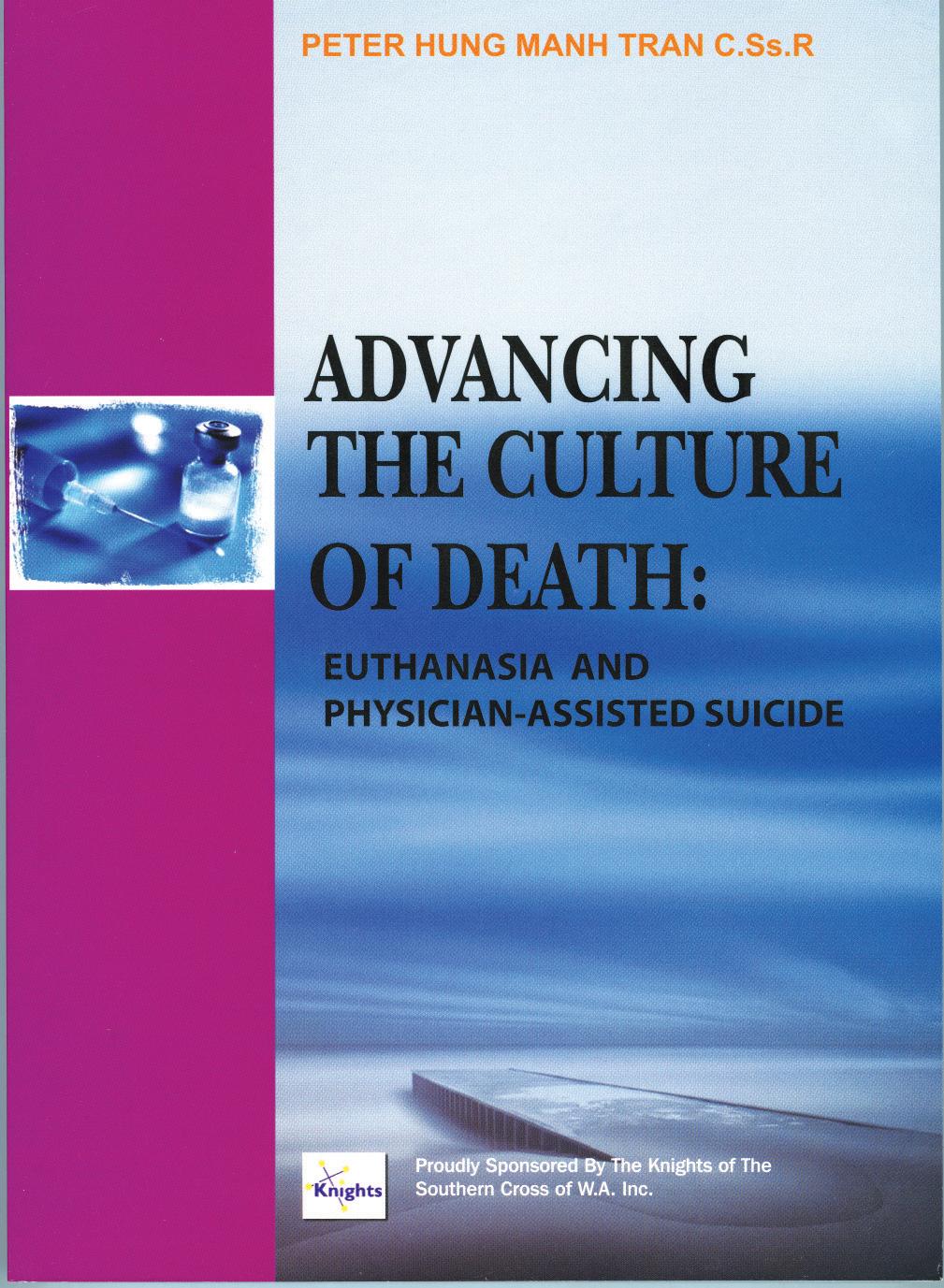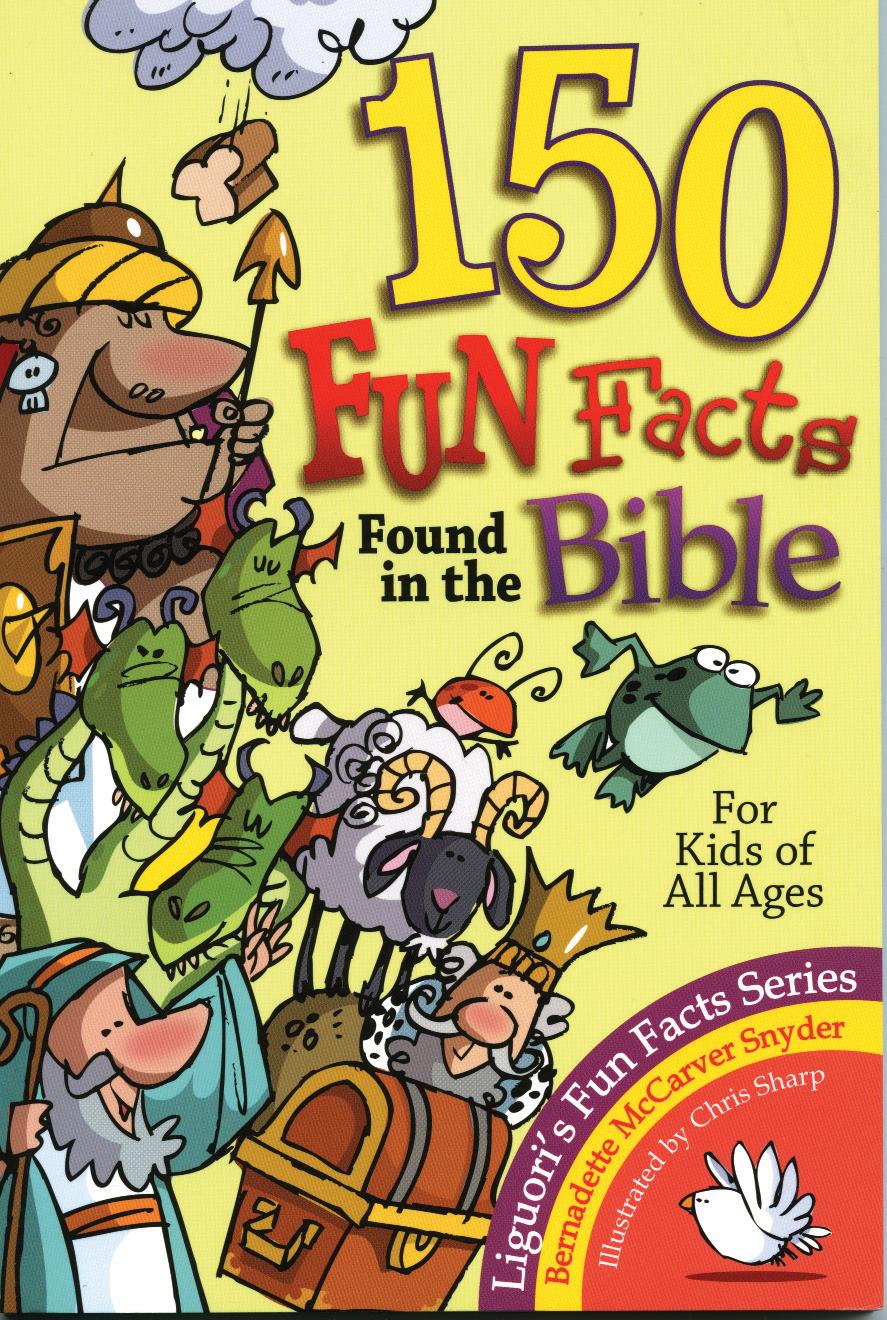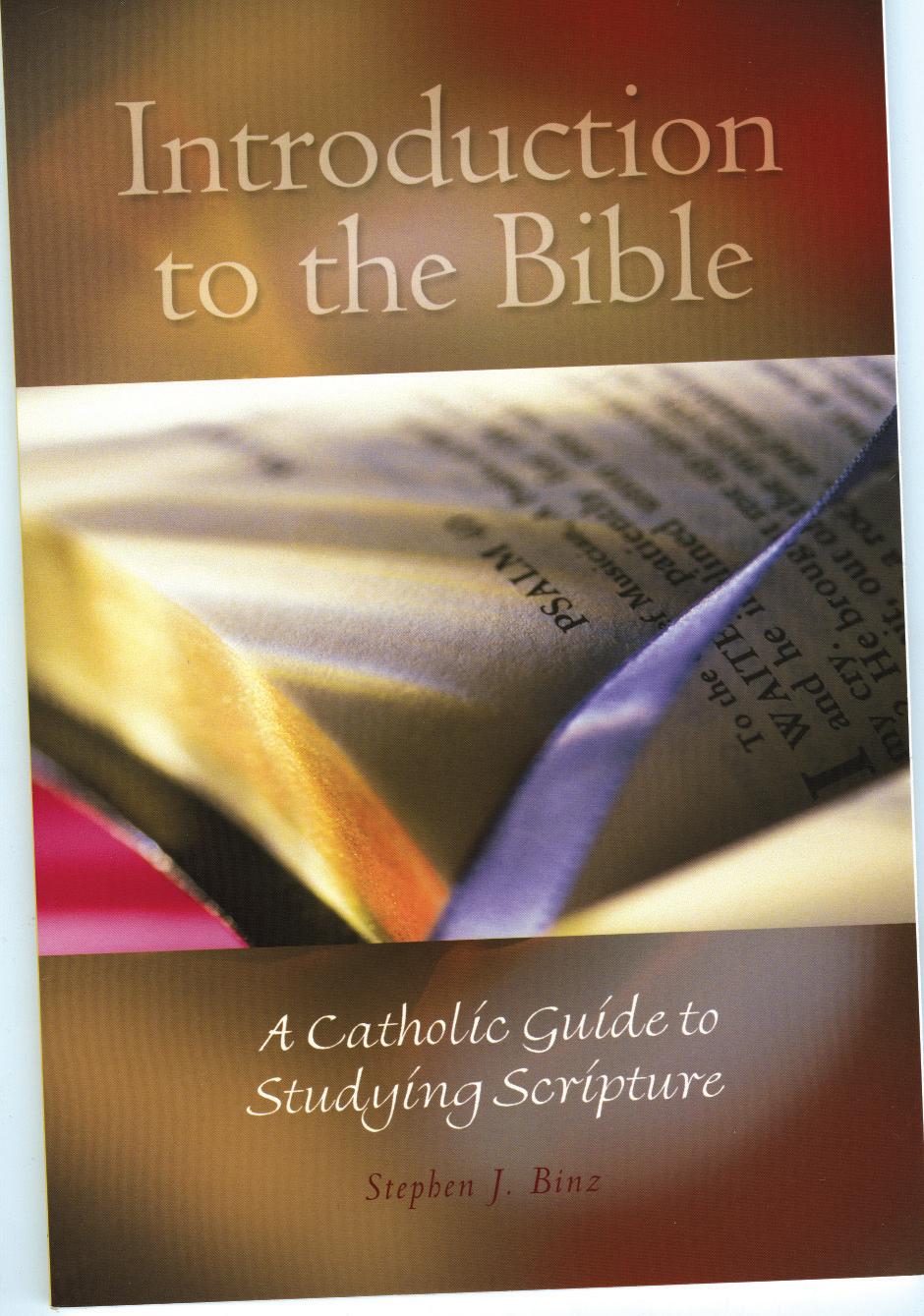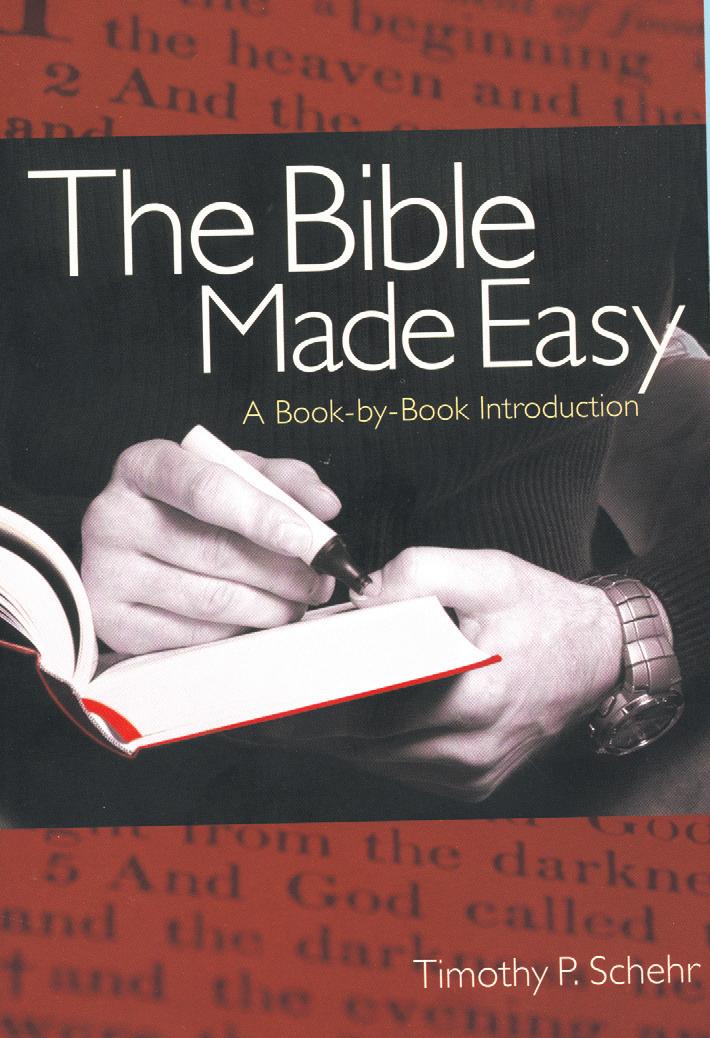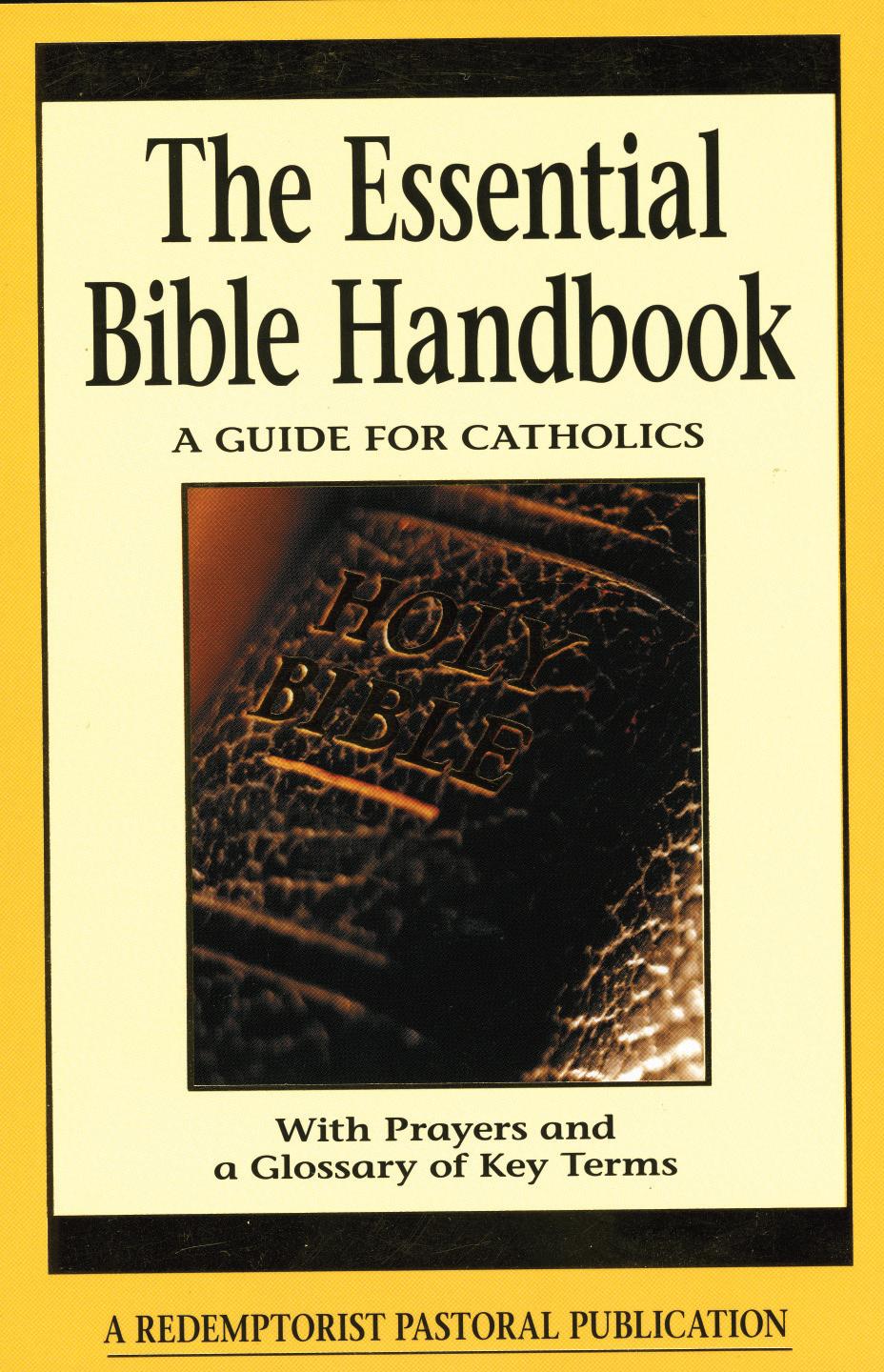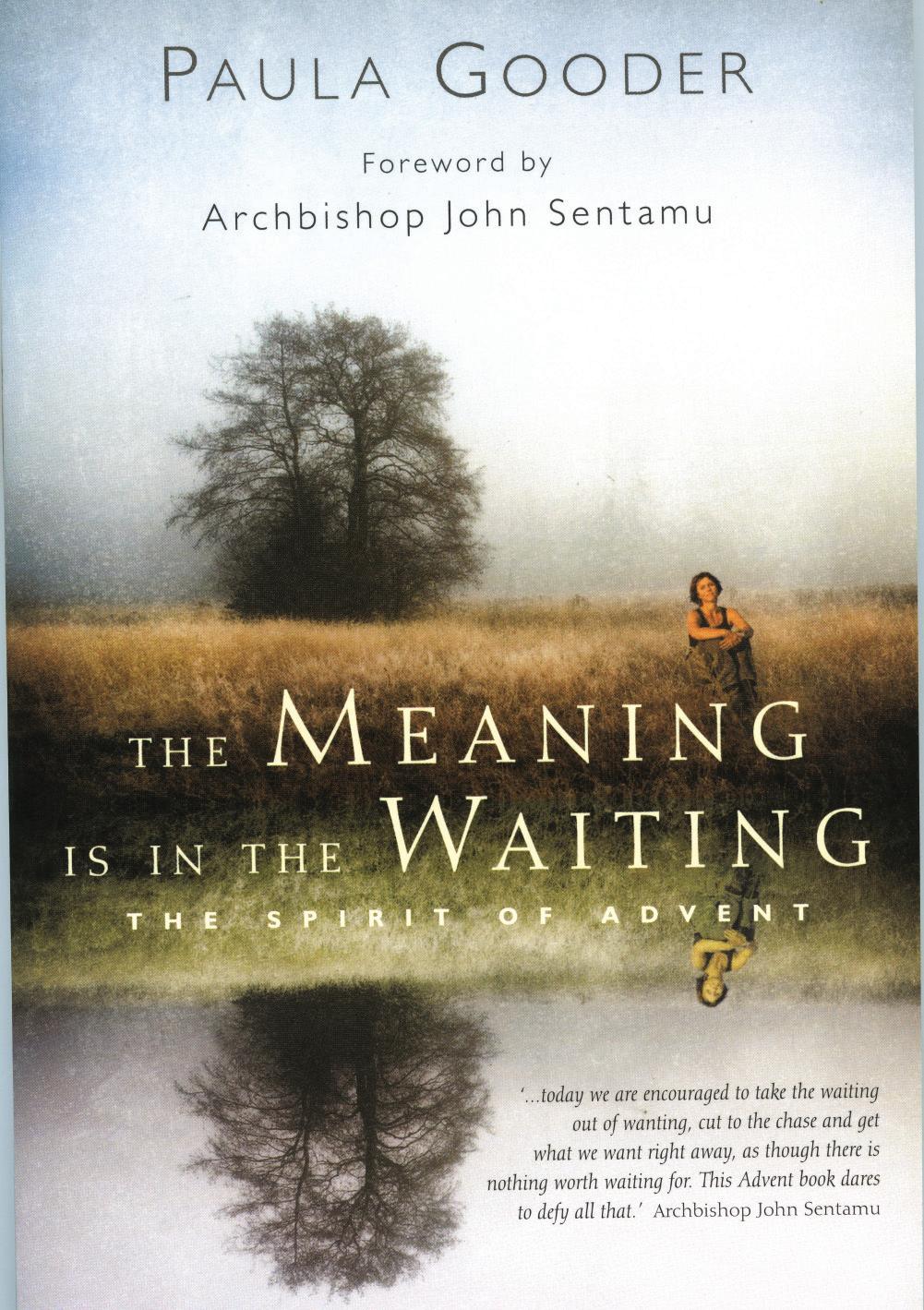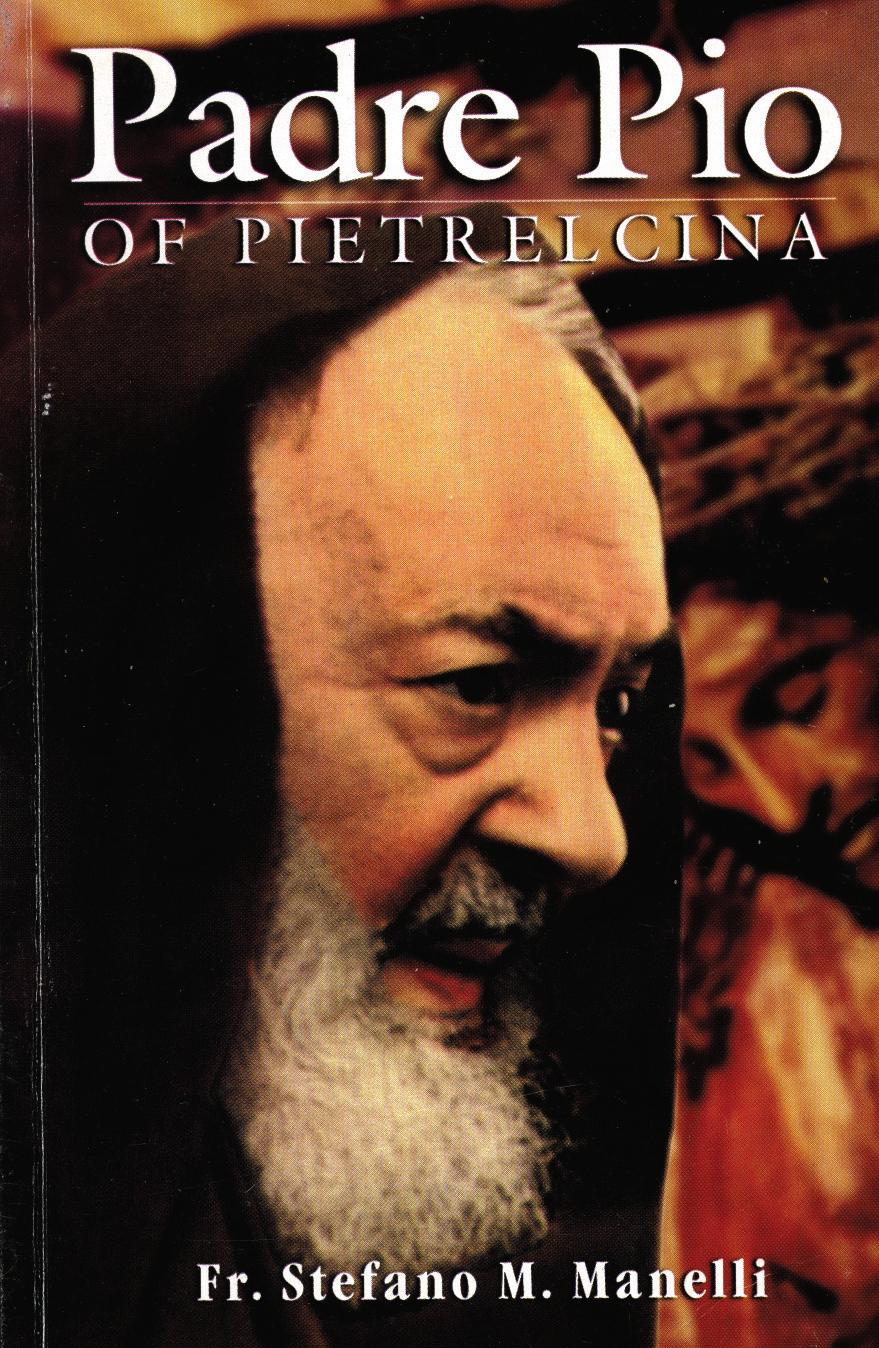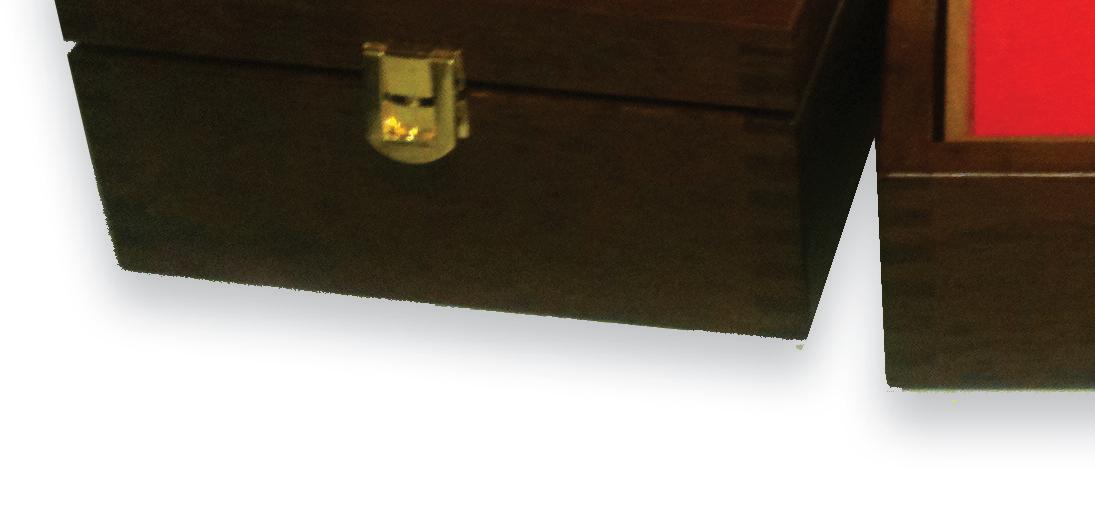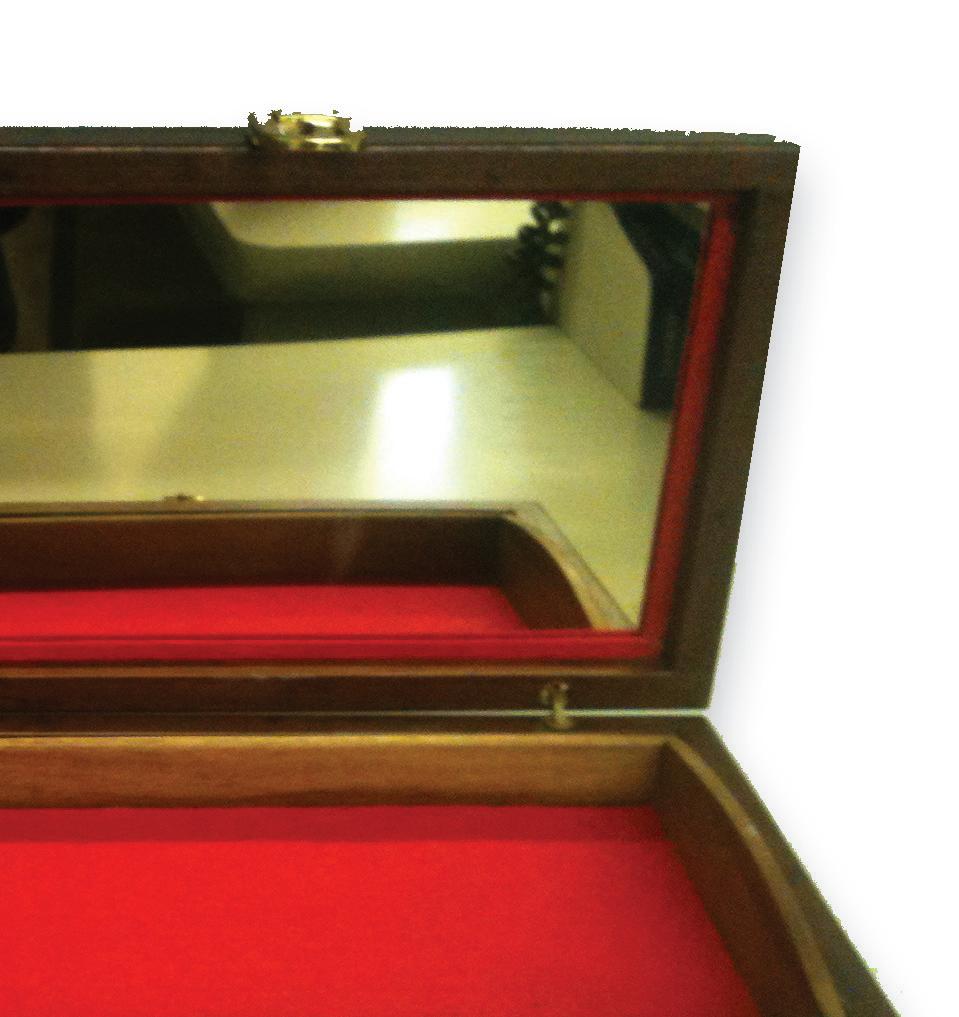WESTERN AUSTRALIA’S


Wednesday,17 November
2010
Archbishop Barry Hickey appeals for prayers for children as they struggle through a world hostile to their faith - and life
BY BRIDGET SPINKSPARENTS are the first educators of their children in the ways of faith and children receive the best possible start in life when their parents take these obligations seriously, Archbishop Barry Hickey has said in a Pastoral Letter released this week.
Entitled Pray for Children, God’s precious gift, the letter takes up some of the issues he addressed in his recent Pastoral Letter on the importance of Christian marriage, A pearl of great price (August 2010).
It comes in response to families’ requests for prayers for their children growing up in a world fraught with potential harmful influences.
The contemporary influences and situations which impact on children’s faith as well as their healthy emotional and psychological growth include family instability, divorce, poverty, commercialism, pressure on children, especially girls, to dress provocatively, sexual abuse, drugs, pornography and abortion.
“Children need the love, guidance and example of a father and a mother,” he says.
It is simply commonsense, backed by much social research, that children flourish best when raised by a father and a mother married to one another.
“Divorce may be common in our society, but it is by no means the easy answer to marital problems it is often considered to be.
“Children desire and deserve the love of the family that brought them into the world.
“The widespread acceptance of abortion today only magnifies the problem,” he states in the Letter.
The Church reaches out with love to women faced with an unex-
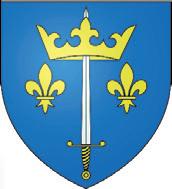



pected pregnancy with all its fearful consequences, and is ready to help.
“Love and unconditional practical support are the answer to fear, not abortion.”
The Pastoral Letter has been released to coincide with United Nations Universal Children’s Day on 20 November.
Archbishop Hickey explains that the privilege and duty to provide the early physical and spiritual needs of a child belongs to the parents.
He urges parents to do all they can through their own prayer life and witness to educate and form their children in the knowledge and love of Jesus Christ.
On this occasion, the Archbishop asks all parishes and Catholic communities for prayers for children this weekend, 20-21 November.
Next weekend, the Archbishop urges everyone to pray for nascent life.
On 27 November at 6pm, the Archdiocese of Perth will hold a Vigil Mass in the Cathedral followed by a Holy Hour of prayer and Eucharistic Adoration for the protection of “nascent life,” the unborn children.
This prayer vigil comes in response to a letter every Bishop in the world received from Pope Benedict XVI who asked them to join him in this significant prayer intention he has termed “Vigil for All Nascent Human Life”.
Archbishop Hickey urges all parishes to join together in praying for a Culture of Life where every human being is precious and their lives sacred.
● The full text of Archbishop Hickey’s Pastoral Letter on children is on Page 3.
Archbishop praises SyroMalabar devotion, culture

Women in traditional dresses with flowers and lights in hand awaiting the opening procession for the special Mass with Archbishop Barry Hickey. The large Holy Family Church in Maddington was packed to the rafters, with people also standing outside, for the special occasion.
Archbishop Barry Hickey joined 500 members of the SyroMalabar Catholic congregation for Mass in the traditional SyroMalabar Rite at Holy Family Church, Maddington on 7 November.
The Syro-Malabar Rite is one of more than 20 sui iuris (Latin for “of one’s own laws”) Eastern Catholic Churches in full communion with the Catholic Church.
Parish Priest Fr Varghese Parackal celebrated the Mass with Indian priests who serve various parishes of the Perth Archdiocese namely, Fr Sunny Peackal, Fr Rojan George, Fr Sabu Jacob and Fr Thomas Joseph.
For liturgical reasons, the
Archbishop did not concelebrate the Eastern Rite Mass. Men, women and children in traditional attire, with flowers and lights, gave Archbishop Hickey a traditional welcome on arrival. Students of the Catechism classes greeted the Archbishop with rose flowers, singing songs and exhibiting their class works.
While addressing the congregation, the Archbishop expressed his happiness to see the devotional and cultural activities and he reiterated the importance of practising and spreading the Good News.
The Syro-Malabar Church is an Oriental (Eastern Rite) Catholic Church. With its deeprooted spirituality and high rate
The mind of God
The Bible: How to answer when God asks, ‘so, how did you like My book?’ Pages 10 - 11
of vocations to the priesthood, it is considered the most vibrant Catholic Church in the world, and has over 3.8 million believers. It is the second largest of the 21 Oriental Catholic Churches.
Firm devotion, indomitable faith and rich traditions make the Syro-Malabar Church markedly special and vividly alive, making it an integral part of the One, Holy, Catholic and Apostolic Church.
The Syro-Malabar Church is the major community of ancient St Thomas Christians in India.


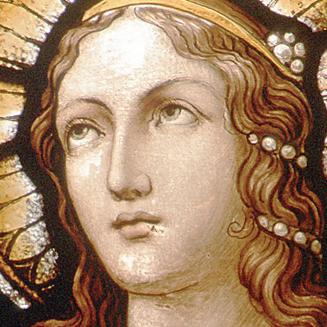
Bentley shows the changing face of Oz
BY GLYNNIS GRAINGERSANTA Clara Church in Bentley held a special Migrant and Refugee Sunday with the 9.30am Mass and international food and Indian dancing afterwards.
It was the idea of Parish Priest Fr Francisco Mascarenhas and was many weeks in the planning, with 2m high banners on the wall on either side of the altar.

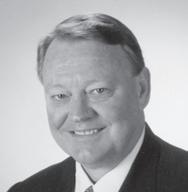
The Parish. The Nation. The World. Find it in The Record.
Editor
The banners were printed in the 15 different languages spoken by parishioners.
Fr Francisco was the main celebrant of the Mass, with concelebrants Fr Armando Carandang, the Unitersity of WA chaplain who works with migrants, and Archdiocesan Migrant Chaplain Fr Blasco Fonseca. The first Reading from the Acts of the Apostles was in the Burmese language and was read by Jacinta Lwin and the second Reading from St Paul’s first Letter to the Philippians was read by Rhoda Zamora in the Filipino language.
The Gospel from Matthew was read in Italian (“with an Indian accent”) by Fr Fonseca. In his homily, Fr Fonseca asked the congregation to put up their hands to say how long they had been in Australia –five, 10 or 20 years? Most of them – just over half – had been here less than five years. “It says to me that there is a changing face in Australia,” he said.
Rome had started Migrant and Refugee Sunday 96 years ago as so many people in the world were moving, Fr Fonseca said.
“That means something for many countries as people have to adapt to change,” he said.
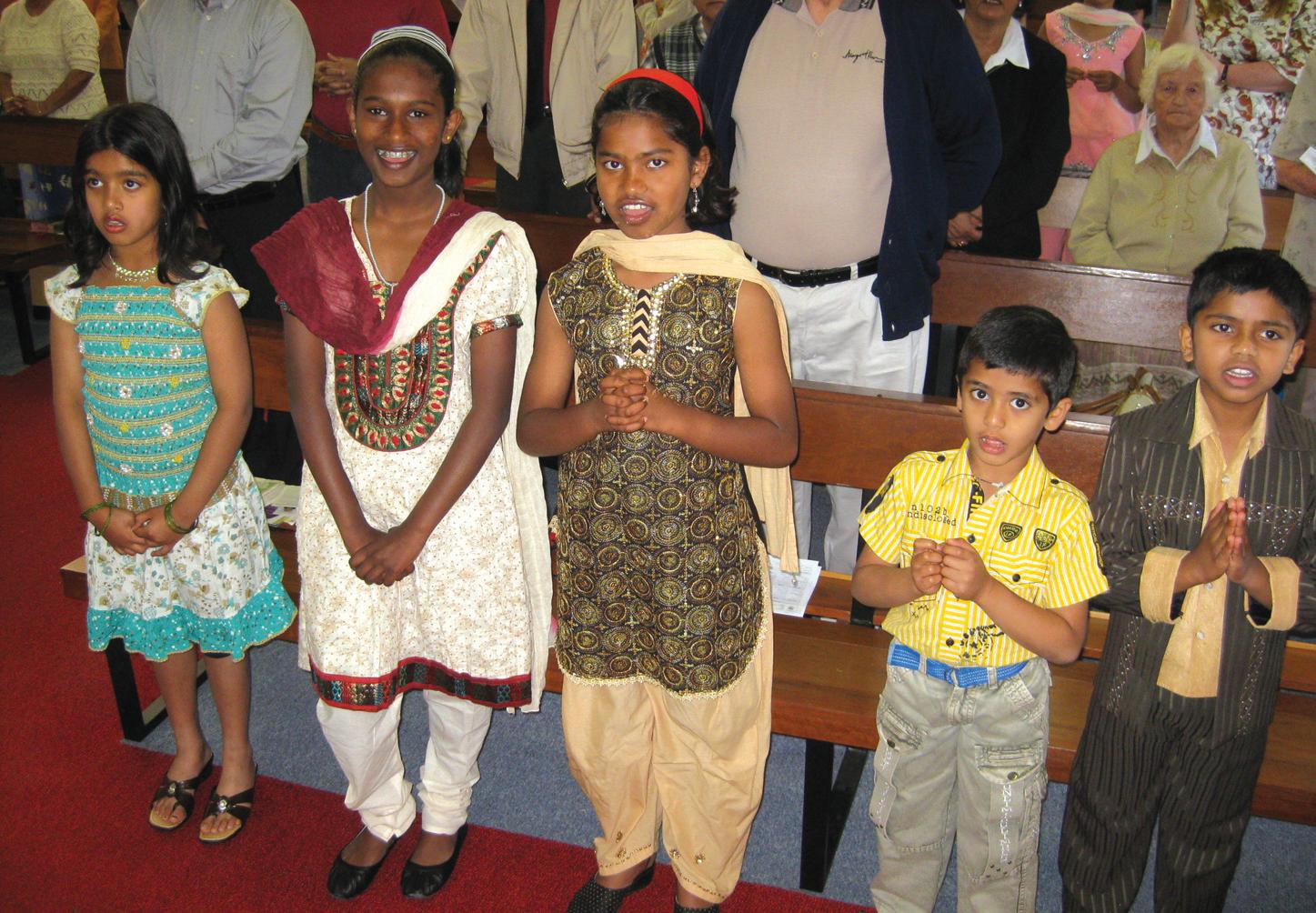
and that has happened, such as the Italians in certain areas of the city.
“They were able to go to their Italian Club or Italian Mass. The message was put clearly . . . they enrich us.
“How do we make the Anglo-Saxons, the Europeans, how do we make them aware of the great migration to Australia?
Kawaramba from The Record and her husband and how she came out dancing down the aisle last year on Migrant Sunday.
Bibiana’s husband had been asked to speak about his experiences coming to Australia. “Different people have their stories,” Father said.



Peter Rosengren office@therecord.com.au
Journalists
Bridget Spinks baspinks@therecord.com.au
Mark Reidy mreidy@therecord.com.au
Anthony Barich abarich@therecord.com.au
Advertising/Production
Mat De Sousa production@therecord.com.au
Accounts
June Cowley accounts@therecord.com.au
Classifieds/Panoramas/Subscriptions
Bibiana Kwaramba office@therecord.com.au
Record Bookshop
Bibiana Kwaramba bookshop@therecord.com.au
Proofreaders
Chris Jaques Eugen Mattes
Contributors
Debbie Warrier John Heard
Karen and Derek Boylen Anthony Paganoni CS Christopher West Catherine Parish
Bronia Karniewicz Fr John Flader
Guy Crouchback
The Record PO Box 3075
Adelaide Terrace PERTH WA 6832
21 Victoria Square, Perth 6000
Tel: (08) 9220 5900 Fax: (08) 9325 4580
Website: www.therecord.com.au
The Record is a weekly publication distributed throughout the parishes of the dioceses of Western Australia and by subscription.
The Record is printed by Rural Press Printing Mandurah and distributed via Australia Post and CTI Couriers.
THE R ECORD New Contacts THE
“Migrant Sunday is the last Sunday in August in Australia. The celebrations encourage people to keep their customs
So a document was written last year to make people aware of the changes taking place in Australia and making them welcome. That is happening today.”
Fr Fonseca spoke about Bibiana
Winners, Cathedral Parish Centre – Archbishop Hickey, Bishop Sproxton
Acolytes’ Institution Mass, St Mary’s Cathedral –Archbishop Hickey
St Vincent de Paul Christmas Appeal – Mgr Brian O’Loughlin VG 19
21-27
Conference, Sydney – Archbishop Hickey,
Hour for Nascent Life, St Mary’s Cathedral – Archbishop Hickey
30
Launch of
Programme – Bishop Sproxton
The Prayers of the Faithful were read in six different languages by different parishioners. Fr Francisco thanked all who made the day possible, and the choir, including Couples for Christ, who made this day special.
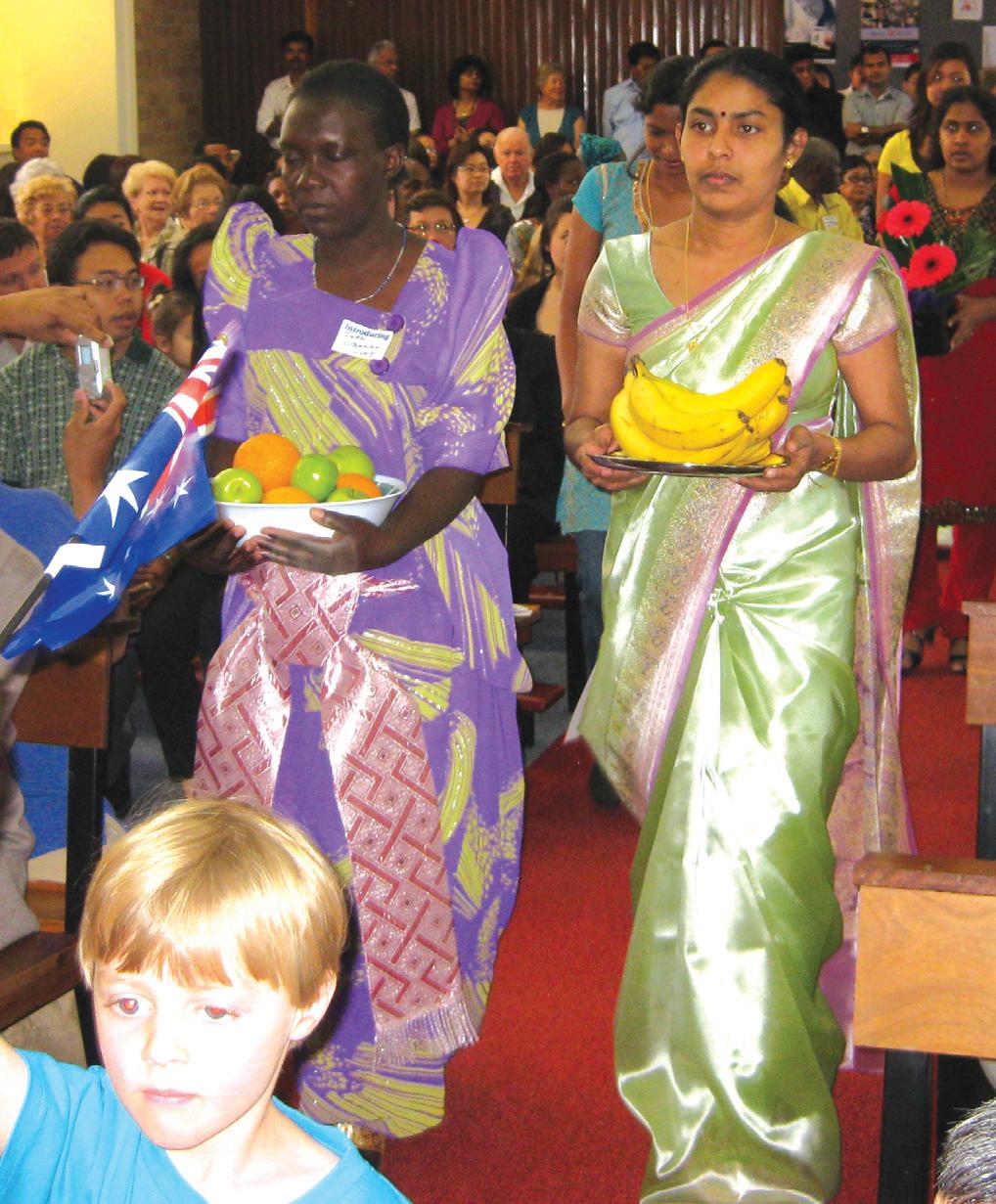



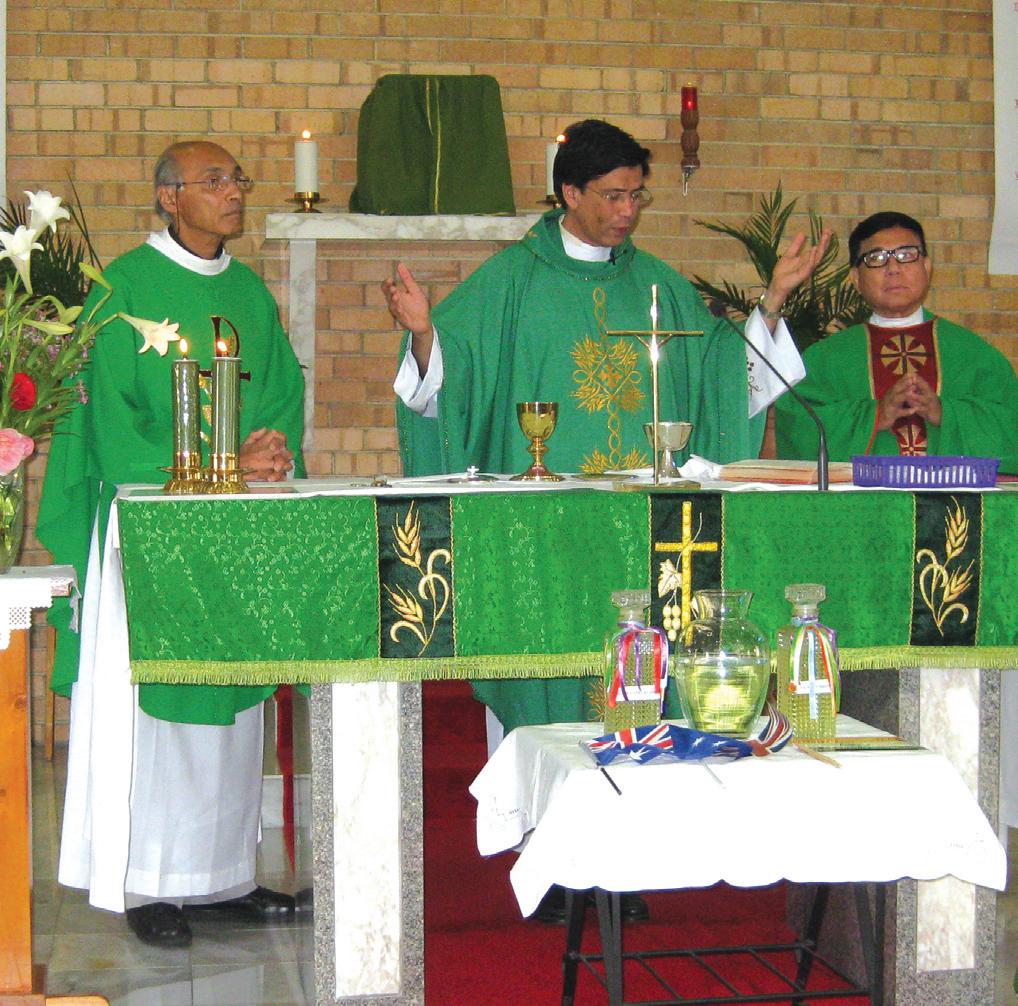
Pray for children
God’s precious gift
My dear people,
To mark United Nations Universal Children’s Day on 20 November, I ask all parishes and Catholic communities for prayers for children on the weekend of 20/21 November.
This Pastoral Letter is a response to the request of many families for prayers as their children grow up in today’s society with all its risks and potential harmful influences.
Young couples in particular, filled with joy at the birth of their children, look forward with some anxiety at what they may have to face.
This Pastoral Letter takes up some of the issues addressed in my recent Pastoral Letter on the importance of Christian Marriage: A Pearl of Great Price (August 2010).
Give Thanks
Let us first give thanks to God for the wonder of childbirth, and the joyful gift of children. In continuing the human race, men and women cooperate with our loving God in the creation of new unique and irreplaceable human beings.
The duty of parents
The privilege and the duty of providing the early physical and spiritual needs of a child belong to the parents.
They must ensure the Baptism of their child shortly after the birth by approaching their priest for this Sacrament which makes their child “a new creature, an adopted son or daughter of God, a partaker of the divine nature, a member of Christ and co-heir with him, and a temple of the Holy Spirit” (Catechism of the Catholic Church 1265).
Their children become members of Christ’s body, the Church, their spiritual family. Parents, too, are the first educators of their children in the ways of faith (Rite of Baptism).
They may ask schools to assist them but this does not remove the parents’ primary role as faith educators, both by word and example.
When parents take these obligations seriously, children receive the best possible start in life.
They need this solid foundation of love and faith because they are inevitably destined to face forces and situations that will test them severely.
Parents know how difficult it is today to ensure the growth of strong faith in their children because of the strong secular influences in our society. I urge them to do all they can through their own prayer life and witness to educate and form their children in the knowledge and love of Jesus Christ.
I have listed here a number of contemporary situations and influences that impact not only on children’s faith but on their healthy emotional and psychological growth.
1 Family Instability
Children need the love, guidance and example of a father and a mother. When one or other is absent for whatever reason, relatives and close friends must make sure that the sole parent is not isolated or left unsupported in raising the child.
Family breakdown is a present reality with long lasting effects. Strong and stable families offer the best form of security for children
It is not uncommon today to bring a child into the world intentionally without the love and protection of both a father and a mother.
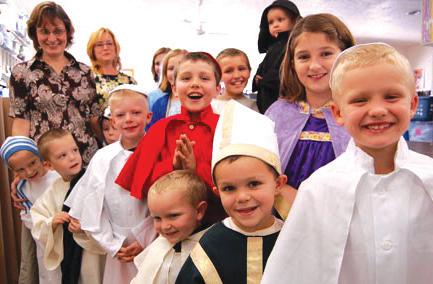
This is not in the best interests of the child and should not be contemplated. It is simply commonsense, backed by much social research, that children flourish best when raised by a father and a mother married to one another.
2 Divorce
Divorce is full of risks for the healthy psychological wellbeing of children. Children often blame themselves for the split and carry unnecessary guilt as a result.
Couples in difficulties are urged to seek help from trusted counsellors and wise people to resolve their problems before the situation gets out of hand.
If one or other parent is aware of serious personality defects or addiction problems, help is essential and usually available.
Divorce may be common in our society but it is by no means the easy answer to marital problems it is often considered to be.
Separation may be a last resort, but let it be the last decision, not the first. Children desire and deserve the love of the family that brought them into the world.
3 Poverty
Poverty and financial insecurity damage family life. Too many families today have to face unemployment, poor wages, high mortgages or rents and suffer uncontrollable annual increases in water, gas and electricity charges.
Governments have an inescapable obligation to help families survive and prosper.
4 Commercialism
Children today are exploited by callous advertisers who create artificial demands and place burdens on parents to satisfy what children are made to believe they must have.
5 Provocative Fashions
Children, especially young girls, are exploited by the pressure to dress provocatively and to follow the fashions.
This pressure leads them to early and premature sexual awareness and experimentation long before they are capable of dealing with such matters.
6 Sexual Abuse
Children are exploited and cruelly damaged by sexual abuse. Recent research has found it to be far more common than ever realised, not just by strangers or trusted figures,
sadly by some in the Church, but principally within the family itself.
The loss of childhood innocence is exploitation in the extreme and almost impossible to heal.
7 Drugs and Pornography
Children are exploited by peddlers of drugs and pornography. Both have penetrated our society to an unbelievable extent and it is only now the extent of the damage is being understood.
Damage in terms of low self esteem, addiction, self-hatred, suicide and the inability to relate to others are among the tragic results.
Pornography, so freely available and hard to block, demeans women, removes sex from its context of love and marriage, undermines readiness for marriage and supports the evil trade of both adult and child sexual abuse.
8 Abortion
Children in the womb today face much more than exploitation. They face extinction through abortion. The double tragedy of abortion is the death of an
innocent tiny child and the remorse and suffering of the mother. The widespread acceptance of abortion today only magnifies the problem.
The Church reaches out with love to women faced with an unexpected pregnancy with all its fearful consequences, and is ready to help. Love and unconditional practical support are the answer to fear, not abortion.
Prayer Vigil
On the Vigil of Advent this year, 27 November, the Church worldwide will offer up prayers for “Nascent Life” in response to the call of Pope Benedict XVI.
We in this Archdiocese will have a Vigil Mass at 6pm in the Cathedral, followed by a time for prayer and Eucharistic Adoration for the protection of “Nascent Life” or life at its very beginning in the womb.
All parishes are urged to join together in praying for a Culture of Life where every human being is precious and their lives sacred.
+B J HickeyArchbishop of Perth 21 November 2010
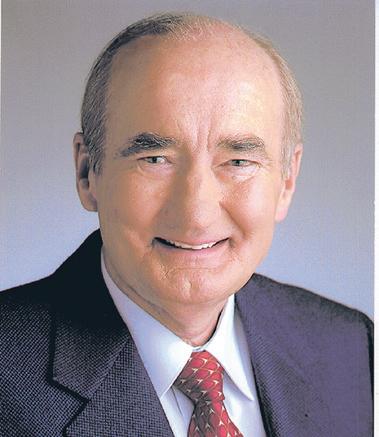
Adoration helps prepare East Vic Park for 75th
BY ANTHONY BARICHA SPIRITUAL practice that counts Benedict XVI and the late John Paul II among its enthusiasts will be centrestage in helping the parish of East Victoria Park celebrate its 75th anniversary next month.
With 11 days of adoration in the lead up to a special anniversary Mass, Parish Priest Fr M C Arulraj will host an hour of adoration each day from 6.30-7.30pm before Mass from 1-11 December at Our Lady Help of Christians Church on the corner of Berwick and Camberwell Streets.
Ordained in his home city of Chennai, India before arriving in Australia eight years ago, Fr Arulraj, 42, brings to the celebrations a popular tradition from his home land, where parishes would host nine-day Novenas before lavish celebrations for major events like feast days. He told The Record that the adoration is not only a chance to give thanks to God for the many blessings in the parish’s 75 years but also provides an opportunity to provide the Sacrament of Penance concurrently during the Holy Hour throughout the season of Advent.
On 12 December, Bunbury Bishop Gerard Holohan will preside over a 9.30am Mass, concelebrated with Fr Arulraj and several other priests. The Mass will also mark the 50th anniversary of the dedication of the parish church.
Fr Arulraj said the adoration is also an opportunity to give thanks to God for helping parishioners pass on the Catholic faith to their children and grandchildren over 75 years. “Now, with a children’s liturgy on Sunday, we have a good team doing a great job catering for the needs of the people,” he said.
Legion of Mary the ‘face of parish priests’
BY ANTHONY BARICHTHE Legion of Christ is a crucial but ageing ministry of lay peoplewho are the “face of the priest” in the community, its president said after its annual Mass celebrating 70 years since their first meeting.
Rosemary Bennett, 57, is one of the younger members of the apostolate in WA founded by Dublinborn Frank Duff, whose cause for beatification is under way.
Duff, the eldest of seven children, was originally a member of the St Vincent de Paul Society and, after having developed a great love for the poor and underpriviledged through the Society’s work, published his first pamphlet, Can we be Saints?
The treatise of St Louis de Montfort, True Devotion to Mary, changed his life and in 1921 he founded the Legion of Mary, a lay apostolate at the service of the Church whose aim is the spiritual development of its members and advancing the reign of Christ through Our Lady.
Mrs Bennett told The Record that the Legion’s work in the Archdiocese of Perth has mainly been to be “the face of the priest”, knocking on doors to establish where the Catholics are, practising or not, develop a relationship with them to draw them back to the Church.
The Legion of Mary seeks the personal sanctification of members by prayer and apostolic work including visiting the sick, elderly and bereaved, door-knocking for parish census, prison visitation, street ministry, book barrow, catechetics, distribution of Pilgrim Statues, prayer group sessions, pilgrimages and retreats.
Rosemary Bennett said the Legion has also recently been involved in visiting people in nursing homes and hospitals, and also
At a Glance
What’s happening around the Archdiocese Redemptorist Monastery, North Perth
Annual Bumper Garage Sale
Homemade Christmas cakes, biscuits, muffins, bric-a-brac, household goods, gift items, books, jams, pickles, plants, raffles. Stock up for Christmas, pick up a bargain and have some fun.
When: 27-28 Nov from 9am–6pm on the Redemptorist Monastery Grounds, 190 Vincent St, North Perth.
Immaculate Heart of Mary, Scarbourough
Day with Mary Day of prayer and instruction based on the Fatima message, including video, Holy Mass, Reconciliation, Procession of the
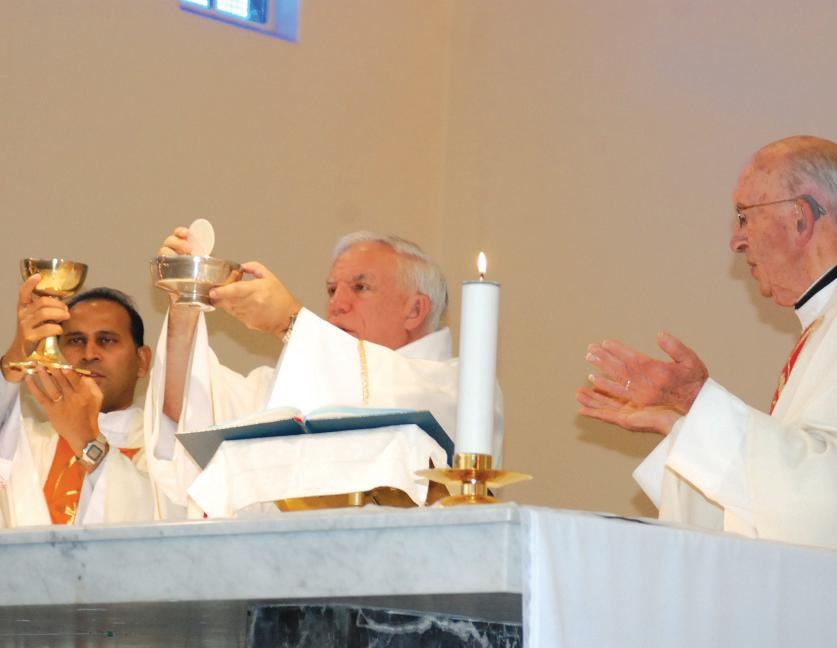
prison ministry in regional areas around WA.
Mt Lawley parish priest Fr Timothy Deeter, who leads the Legion in prayer at their monthly meetings, said at the annual Mass he concelebrated at St Joachim’s Church in Victoria Park on 13 November that the presence of himself and Frs Eugene McGrath and Albert Saminedi SDB testified to how critical the Legion’s work is and how much priests appreciate it.
Fr McGrath, now retired, has a long history with the Legion, having established a group in Belmont which tapped into the lapsed Catholics in the area and grew a thriving parish with perpetual adoration of the Blessed Sacrament. Fr Saminedi has a Legion group at his Bedford parish and also in his African community at St Bakhita’s.
The “prayer body” behind the Legion’s work is 1,200 Auxiliaries in WA, many of whom include priests and Religious, who pray for the apostolate. There are 275 active members in WA and 173 of them attended the 13 November Mass. It has over three million active mem-
Blessed Sacrament, Eucharistic Adoration, Sermons on Eucharist and Our Lady, Rosaries and Stations of the Cross. BYO lunch.
Enq: Franciscan Sisters of the Immaculate 9250 8286.
When: 9am-5pm on 4 December at Immaculate Heart of Mary Parish, 104 Scarborough Beach Rd, Scarborough.
Infant Jesus, Morley
Holy Hour for Vocations to the Priesthood, Religious Life
The Holy Hour will include Exposition of the Blessed Eucharist, silent prayer, Scripture and prayers of intercession.
Come and pray that those discerning vocations to the Priesthood or Religious life hear clearly God’s loving call to them.
This is a regular holy hour every fourth Sunday of the Month.
When: 2–3pm, 28 November at Infant Jesus Parish, Wellington St, Morley
Sts John and Paul, Willetton
Catholic Faith Renewal Evening Songs of Praise, sharing by a priest
bers globally. Fr Deeter said that, like the work of Mary during the ‘hidden life of Christ’ which was so essential to the life of Jesus, so too is the work of the Legion which is silent also yet vitally important to the work of the Church, which is Christ in the world.
The Legion, he said, is summoned to be at the forefront of the task to “make all things new”, as God said in the Mass reading from Revelation. This is nothing less than bringing about God’s Kingdom on earth by bringing a new attitude to life and to faith, founded on love “which fills our lamps and lights the way to heaven”.
“May you be always vigilant like the virgin bridesmaids (in the day’s Gospel of Matthew). May the love of God and His mercy cause a chain reaction of mercy in your lives and your hearts”, he said, so that they may do Christ’s work.
He also prayed for past Legion members, whose good example should inspire today’s workers to build God’s Kingdom. They also prayed for the beatification of Duff in the Prayers of the Faithful.
followed by Thanksgiving Mass and then light refreshments. All welcome to attend and bring your family and friends.
Enq: Kathy 9295 0913, Ann: 0412 166 164 or catholicfaithrenewal@ gmail.com.
When: 7.30pm on 3 December at Sts John and Paul Parish, Pinetree Gully Rd, Willetton.
St Peter the Apostle, Bedford
Healing Mass
Reconciliation, praise and worship, exposition of the Blessed Sacrament, Benediction, anointing of the sick and special blessing. All welcome.
Enq: Priscilla 0433 457 352, Catherine 0433 923 083 or MaryAnn 0409 672 304.
When: 7pm on 3 December at St Peter’s Parish, 91 Wood Street, Bedford.
University of Notre Dame, Fremantle
Men as Fathers, Husbands and Sons MenAlive Catholic Men’s Ministry presents a talk by Robert Falzon.
When: 6pm supper followed by
St Kieran’s waste free champs
BY BRIDGET SPINKS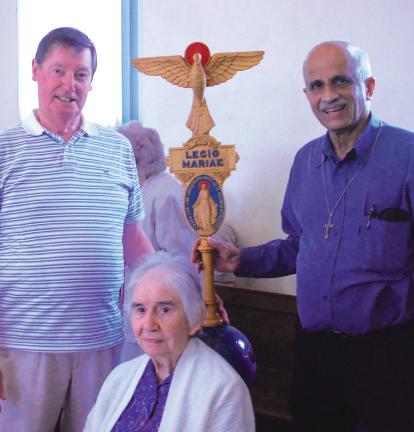
The cause of his canonisation was introduced by the Archbishop of Dublin, Dr Desmond Connell, in July 1996 after Duff died in 1980.
While Fr Deeter clarified that Jesus Christ is the Gate of Heaven, not Mary, the term calling Mary ‘the Gate of Heaven’ has existed since the time of the early Church Fathers to illustrate the centrality of Mary’s role in the salvation of mankind.
It was her faith, Fr Deeter said, that opened for us that which was closed by Eve – the Gate of Heaven. It was her faith in God that allowed Christ to come into the world.
Just like St Martin of Tours - whose feast day it was on 11 November, and who clothed a homeless man in his red army cloak only to be told by Christ in a dream that he had clothed Christ Himself – the Legion is called to see those in need, notice their material and spiritual poverty, their physical and moral weakness and tend to them.
To enquire about the Legion’s apostolate, contact perthcomitium@bigpond.com or phone 9328 2726.
talk at 7pm on 24 November in the Michael Keating Room at the University of Notre Dame, 10 Cliff St, Fremantle.
Good Shepherd, Lockridge
Christmas Carols
Good Shepherd Parish, Lockridge is singing Christmas Carols after 5pm Sunday Mass on 12 December during the Advent season. The Youth Group will provide food to raise funds for World Youth Day in Spain. Bring your own drinks. When: 5pm Mass followed by carols on 12 December at Good Shepherd, Corner of Morley Dr and Altone Rd, Kiara.
Catholic Youth Ministry
Sunday Sesh - Divine Mercy: What’s that all about?
CYM chaplain, Fr Roman will give a talk on Divine Mercy. Where: 6pm Mass followed by talk on 21 November at St Columba’s Parish, 20 Almondbury Street Bayswater. Send your parish events/items for At A Glance to baspinks@therecord.com.au
THE Year 4P class of St Kieran’s Catholic Primary School in Osborne Park hosted a “waste free day” on 10 November for their fellow students in Years 1 to 6.
The class of over 30 labelled the bins to help the school deposit its rubbish in the right bin to recycle lunch leftovers and wrappings.
All the food scraps were to go in one bin, all the aluminum cans in another.
The students have started a compost bin to recycle biodegradable material on campus.
After the 460 students finished lunch, the Year 4P class organised the rubbish into the right categories and put their knowledge about recycling into action.
Mrs Louisa Pass said she is teaching the children to reduce waste that cannot be recycled into another form as well as about renewable and non-renewable resources.
The class project to be waste-free started in September when they went on an excursion to Kings Park for a Biodiversity Day.
Sienna, 9, and Adam, 10, both Year 4P pupils, said they have been watching videos on recycling and learning about ways to reduce unnecessary waste. Adam said that since learning about the importance of the environment at school, he’s discovered that his family have a compost bin at home that has been there since 2005.
Looking after the environment by recycling as much as possible is a top priority for these students. “The environment is just as important as our life,” said Siena. “God has left all of us to look after it.”
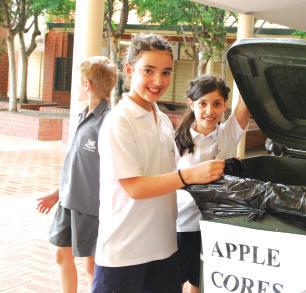
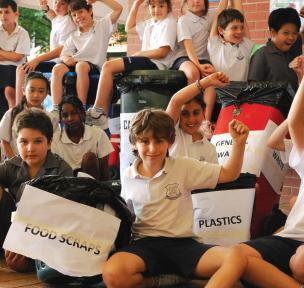
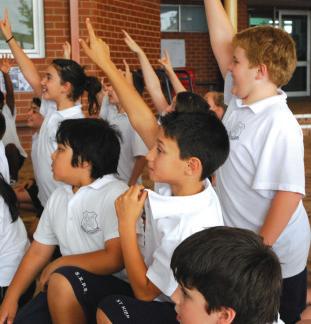 Left, Frs Albert Saminedi SDB, Timothy Deeter and Eugene McGrath celebrate Mass for the Legion of Mary at St Joachim’s Church. Above, past presidents in WA Tony Pitchford, Harry Albuquerque and Nennie Harken.
Left, Frs Albert Saminedi SDB, Timothy Deeter and Eugene McGrath celebrate Mass for the Legion of Mary at St Joachim’s Church. Above, past presidents in WA Tony Pitchford, Harry Albuquerque and Nennie Harken.
Dominican Sister goes to God
BY GLYNNIS GRAINGERDOMINICAN Sister Mary Michael Ryan passed away peacefully at the Little Sisters of the Poor, Glendalough on 25 October, aged 88.
Her Requiem Mass was celebrated at Our Lady of the Rosary Church, Woodlands on 29 October.
One of seven children, she was born Patricia Ryan in the goldmining town of Meekatharra in the Geraldton diocese.
Her older sister Annie, who became Dominican Sr Mary Xavier, was educated at Dominican Ladies College, Dongara and Patricia also became a boarder at the college.
Later on, Patricia was received into the Congregation also and given the name Sr Mary Michael, a much-loved member of the Congregation, a woman of prayer and practical generosity.
Her story has a place in the history of the remote mining towns of Leonora and Gwalia, and at different times she taught in schools at Dongara, Mingenew, Yalgoo, Cue and Three Springs and in Perth at Scarborough.
She studied for the Nursing Aide Certificate and, in 1975, after practical experience in several Government hospitals, she obtained a certificate that qualified her to work in geriatric nursing at St Catherine’s Dominican Convent, Doubleview.
In her later years, she worked with the St Vincent de Paul Society, work she loved, and her spirit of prayer and love of Mary the Mother of God led her into the Legion of Mary.
Both had the goal of the spiritual and temporal welfare of people, which made total sense to Sr Michael, with her natural graced kindness.
The last six months of her life were spent at the nursing home of the Little Sisters of the Poor at Glendalough where she was cared for with unfailing kindness by the Sisters and their staff.
Her niece, Marie, visited her regularly and brought great joy to Sr Michael’s closing years.
To Marie, Sr Michael was always Aunty Pat, whom she loved and cared for with enormous generosity, taking fresh flowers and treats to her.
Her Dominican Sisters visited her almost daily and were on call when special needs arose.
They remember her with great respect and love and pray for her that she may rest in peace.
Kolbe marks MacKillop
AFTER 21 years of hearing her name about campus, Kolbe Catholic College celebrated Australia’s first saint, Mary MacKillop, on 14 October at St Bernadette’s Church, Port Kennedy. Kolbe’s foundation principal Br Pat Carey CFC had named one of the college’s pastoral care houses after the saint.
In a ceremony led by their newly appointed House Captains, Jake Beacock and Alanna Cooper, the students of MacKillop House were joined by the rest of the college community in a prayerful celebration of her life. The college motto, Courage, Faith, Excellence, was used to structure the message of the liturgy, focusing on these qualities as evident in the life of Mary MacKillop. The celebration ended with the blessing of lapel pin medals of St Mary of the Cross and these were presented to the members of MacKillop House after the ceremony.
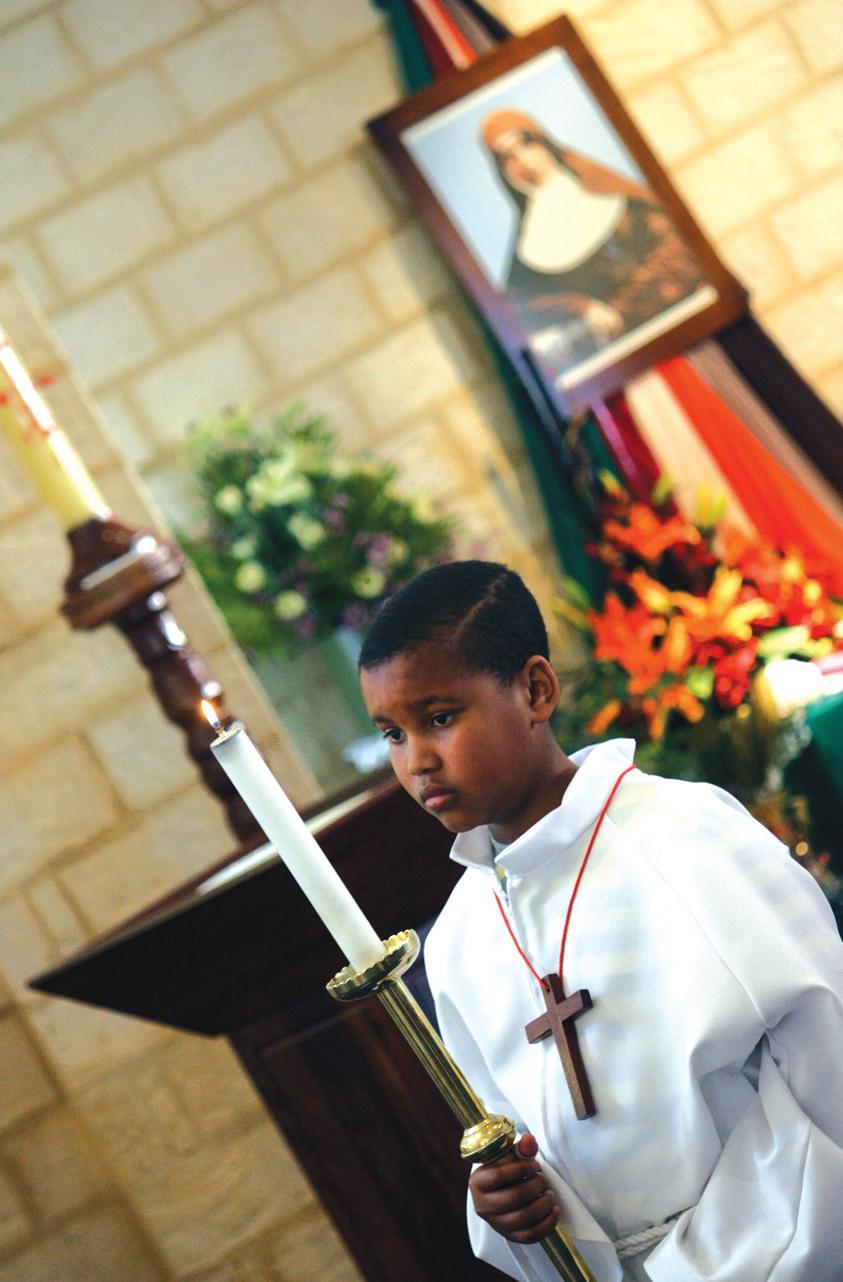
Catholic Education gives $106k more to Cathedral

SOME 850 students, teachers, parents, parish priests and Catholic Education Office staff flocked to St Mary’s Cathedral on 9 November to receive Archbishop Barry Hickey’s thanks for their outstanding contribution to the appeal for the restoration and completion of the Cathedral.
The Archbishop was supported by Auxiliary Bishop Donald Sproxton, Cathedral Dean and Cathedral restoration and completion appeal committee chair Mgr Michael Keating, Vicar General Mgr Brian O’Loughlin and Mgr
Thomas McDonald who was Dean of the Cathedral throughout the appeal and restoration. The Archbishop led a liturgical service of thanks in the Cathedral, then led representatives outside for the formal dedication of the Schools’ Memorial Garden in the south-east section of the Cathedral gardens. While the preparations for the thanksgiving and dedication were in progress and the invitations were being sent out, CEO director Ron Dullard suggested to schools that they consider making another effort to help reduce the
$2.7 million still required to complete the appeal.
The schools responded with $106,000 and made a colourful contribution to the liturgical ceremony by presenting coloured boxes to Mgr Keating and piling the gifts high in front of the altar.
Following the ceremonies, all were invited to the underground facilities for refreshments which included the cutting of a first birthday cake to celebrate in advance the first anniversary of the re-opening of the Cathedral on 8 December last year.
Indonesians celebrate 18th
BY GLYNNIS GRAINGERTHE WA Indonesian Catholic Community (WAICC) celebrated its 18th anniversary over 30 and 31 October at St Benedict’s Church, Applecross with a fair on the Saturday and a bi-lingual Mass on the Sunday.
Vicar General Mgr Brian O’Loughlin concelebrated the Mass with Fr Joseph Remi Asnabun – who has been helping WAICC after their chaplain left –and Fr Albertus Herwanta OCarm, who happened to be in Perth visiting Murdoch University.
Applecross Parish Priest Fr Peter Whitely speaks Indonesian and St Benedict’s Church has an Indonesian Mass every Sunday at 11.30am. The parish raised money to help support the outgoing Indonesian priest Fr Ari Pawarto OCarm, who is studying media and English.
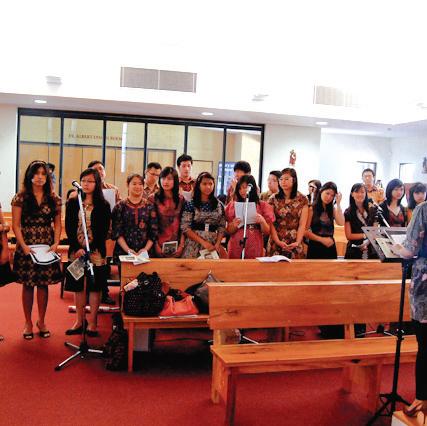
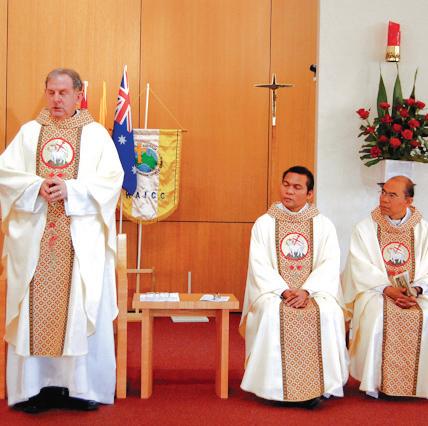
Fr Albertus used the Gospel reading to encourage the lay faithful to be humble and open-minded like Zacchaeus. Mgr O’Loughlin prayed for the expediting of the visa application process of the incoming Indonesian Chaplain and wished the community to stay strong in the absence of a spiritual
leader. Lucia Dharma, the current chairperson of the organisation, which has more than 400 families, urged everyone at the end of Mass to use this momentum to work together in building a harmonic and dynamic community. After the Mass, lunch was provided inside the hall.
 The boxes representing $106,000 worth of contribbutions to St Mary’s Cathedral by Catholic education throughout the Archdiocese. Cathedral Dean Mgr Michael Keating is also pictured. PHOTO: ARCHDIOCESE OF PERTH
Left, the Indonesian choir during the special Mass at St Benedict’s; right, Mgr Brian O’Loughlin addresses the congregation. PHOTOS: GLYNNIS GRAINGER
The boxes representing $106,000 worth of contribbutions to St Mary’s Cathedral by Catholic education throughout the Archdiocese. Cathedral Dean Mgr Michael Keating is also pictured. PHOTO: ARCHDIOCESE OF PERTH
Left, the Indonesian choir during the special Mass at St Benedict’s; right, Mgr Brian O’Loughlin addresses the congregation. PHOTOS: GLYNNIS GRAINGER
Young Rector to take reins of Domus Australia
BY ANTHONY BARICHFORMER Melbourne Archdiocesan vocations director Fr Anthony Denton has been named inaugural Rector of Domus Australia charged with the mission of turning Australian tourists in Rome into pilgrims.
Domus Australia (Australia House) is situated in a late 19th century building bought in December 2008 by the Catholic Church in Australia from the Marist Fathers, to be made into a retreat centre.
It is located at Via Cernaia, about 10 minutes’ walk from Rome’s Central train station and within walking distance of the Vatican.
Up to 90 pilgrims can be accommodated in the Casa di Ferie hotel section, with daily Mass celebrated in English in the chapel.
Domus Australia will provide pilgrims with up to date information on papal events and general information about the Church as well as including tours of catacombs from the early Christian Church, the Coliseum and other Christian attractions.
In the Domus, there is a specially designed loungeroom with an open fireplace where people can chat after seeing the sites of Rome. It will also have conference rooms and a rooftop terrace and barbeque area.
The former Marist Fathers’ student house includes a basilica-like chapel named after Our Lady of the Most Holy Rosary, and excavations have revealed the remains of a 1st century house and pavement.
Fr Denton will begin his post when renovations that started in September 2009 are due to finish
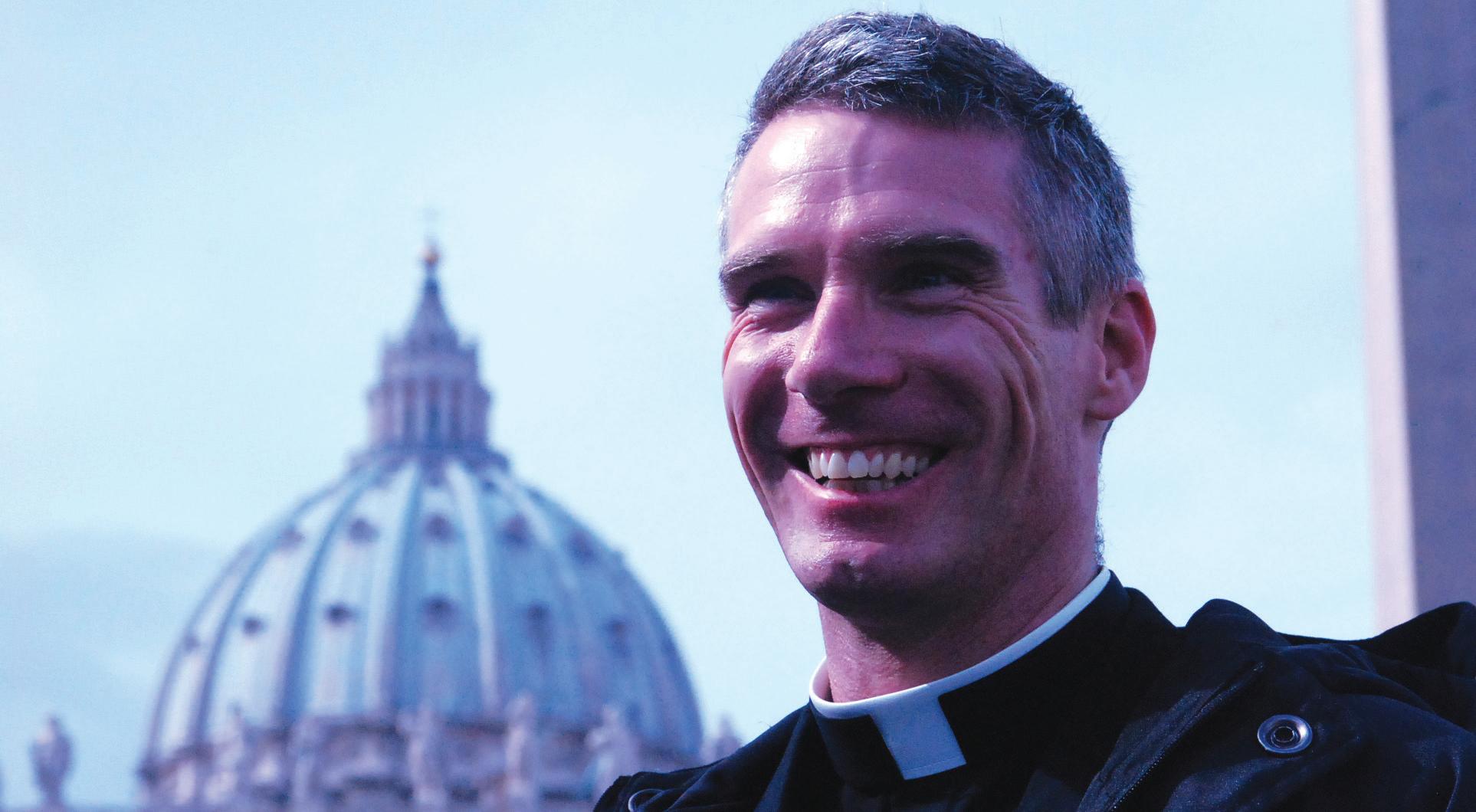
before June next year. Speaking with The Record in Rome during the week of Mary MacKillop’s canonisation, Sydney’s Cardinal George Pell, the driving force behind the project, said a central aim of Domus is to enrich Australians’ faith by connecting the heart of the Church with their Church back home – links that “have traditionally been very strong”.
“I hope it will be an information centre and an Australian cultural centre, and encourage people to move from tourists to pilgrims; to understand the faith that’s inspired the story of Catholic Rome; to understand the links that exist between Rome, the home of the
Popes, and the very distant Church of Australia,” he said. Cardinal Pell said Domus will help foster in Australian tourists an “emotional, personal feeling that they belong, that they’re part of the same worldwide show”.
“Presently we have one billion, 200 million Catholics - that’s quite something,” the Cardinal said.
Fr Denton, 38, who is undergoing additional studies in Rome, said the very fact that he has been appointed as a Rector who celebrates Mass at the chapel and oversees the centre underlines the fact that “it’s not a normal hotel, it’s a religious centre”.
“It’s a very exciting prospect for the Church in Australia; and it’s a
different project from the point of view of things in Rome - to have a national hotel. The Americans have the Bishops’ Centre for Pilgrims, but while that gives out papal tickets it has no accommodation,” Fr Denton said.
“It will be a challenging job but it’s very exciting for Rome; there’s great interest in Rome about it, plus it puts us on the map in a way that we’ve never been before.”
Paul Dural, who painted the Our Lady of the Southern Cross image that adorns St Mary’s Cathedral in Sydney and was so popular during World Youth Day 2008, has also been commissioned to create 35 paintings for the chapel.
UNDA wing opens
STATE Minister for Education and Tourism Dr Elizabeth Constable joined Archbishop Barry Hickey to open a new state of the art education building on The University of Notre Dame Australia’s Fremantle Campus.
At the official Blessing and Opening of the substantial new limestone building, a tribute was made to UNDA’s second Vice Chancellor Dr Peter Tannock by naming the building the Tannock Hall of Education.
Noting Dr Tannock’s vision and determination as drivers for the success of UNDA, Vice Chancellor Prof Celia Hammond said that naming the building after him would ensure his role continued to inspire and remain in the consciousness of all who followed. “No doubt Peter will, with true modesty, try to deflect attention from himself. He will say, and rightly so, that the existence of this University is because of God’s grace and God’s will,” Professor Hammond said.
“He will also say, again correctly, that it is a combination of dedicated staff and wonderful supporters who have created not only this building, but also this University.
“All of this is correct – and while I hesitate to openly challenge Peter on this of all nights, I would say that for God’s grace to be allowed to flourish through this University, and for all the earthly forces to combine together, they needed the leadership, the passion, the conviction, determination, persistence, drive and love of Peter Tannock.”
‘Singing seminarian’ ordained in Malta for Oz
BY ELIZABETH DOHERTYONE of the most sought-after musicians in the Catholic Church in Australia was ordained a priest for the Diocese of Sandhurst at St Julian’s Parish Church, Malta on 5 November.
Maltese-born Robert Galea, 28, started writing when he first picked up a guitar aged 17.
He remembers writing his first song about Psalm 103. “I never recorded it, but I just started to write about my own walk with God,” he said.
“My experience came from an average teenage rebellion … Then I came to a place of understanding. I was trying to reach out to be loved … to the hand that was already held out towards me so that God was not someone far away, but rather genuinely involved and suffering with me.”
After years of training in Malta and in the Diocese of Sandhurst, “Fr Rob” was ordained a priest by Malta Archbishop Paul Cremona OP in a Mass attended by family and friends.
The tech-savvy Fr Rob had uploaded within 24 hours to YouTube, Facebook and his website http://thatsworship.com.
The newly ordained priest will return to Australia in late November to run retreats and work in Shepparton as an Assistant Parish Priest. He rose to prominence during World Youth Day 2008 in Sydney
where he was dubbed “The Singing Seminarian,” featuring as the Italian voice on the WYD theme song Receive the Power with opera singer Amelia Farrugia and pop artist Guy Sebastian.
He has written songs such as God does not make rubbish, Run to Jesus (Danny Boy) and Ends of the earth which are all available on iTunes for download.
Fr Rob’s passion is working with young people, and bringing them into a relationship with God through his music. His most recent album The Divine Mercy brings the traditional devotion of the Divine Mercy into a modern music setting, with both Aria award winner Gary Pinto and wife Natasha singing on the album.
“Usually I cater for young people with my music, my earlier albums reflect that, but this one is more meditative for people who are really already walking with God,” said Fr Rob.
He has also taken some time out recently to record the studio album Reach Out
“This new album … is more contemporary Christian music, which is my usual style. I have a lot of songs; I’m writing more songs for liturgy, weddings and funerals,” he said.
“This comes from my own pastoral experience, seeing that this is what people like and need.
“With the Divine Mercy album, I didn’t publicise it much, it’s doing really well by itself.
“When people get to know about it, it does well. It is a different audience.
“I meditate on a theme and sometimes it takes weeks and months and sometimes it takes a few minutes. I write a lot of songs about my experience.
“I am working with teenagers and prisoners at the moment.
“So, what I am writing comes from an element of human suffering through hope.
“I suppose there are more challenges these days in being a priest.
“The greatest challenge is the lack of peers, and the lack of support in that sense.
“But in Sandhurst, I find tremendous support with the rest of the clergy of the diocese. I doubt all the time, like everyone, I go through challenges. But I think at the end of the day, God asks me to keep trusting.”
Hailing originally from Malta can sometimes present cultural differences, but Fr Rob said that he loves the people and the opportunity to work in the Diocese of Bishop Joseph Grech, who also is Maltese.
“Malta and Australia are different in terms of faith. I think the basic thing is that Malta is maybe the first generation non-practising, whereas Australia is third or fourth generation non-practising,” he said.
“You have the very faithful few …. so here in Australia we are working with a blank slate. Even those non-practising in Malta know their faith, they know Catholicism.”
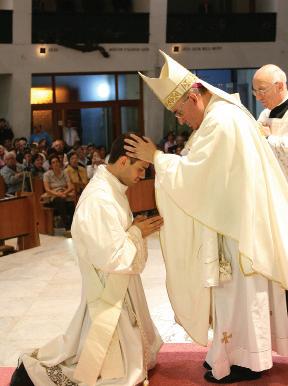 Above: New Domus Australia Rector Fr Anthony Denton is pictured in St Peter’s Square in Rome. PHOTO: ANTHONY BARICH
Above: New Domus Australia Rector Fr Anthony Denton is pictured in St Peter’s Square in Rome. PHOTO: ANTHONY BARICH
Victorian Bishops issue election alert
BY ANTHONY BARICHRECENT assaults on the conscience rights of medical professionals and The Greens’ continued push to legalise euthanasia have driven Victoria’s Bishops to put abortion and euthanasia at the top of their agenda in their advice to Catholics ahead of the 27 November State election.
While a Bill to legalise euthanasia was defeated in a conscience vote in 2008 during the life of the current Parliament, “already we are hearing of efforts that will be made following the election to again have euthanasia legalised”, Melbourne Archbishop Denis Hart said in a joint statement issued to Victoria’s parishes with the Bishops of Ballarat, Sandhurst and Sale.
The Bishops also fought for the continued presence of Catholic
public hospitals in Victoria and enough funds for their services, and urged Catholics to ask candidates what strategies they have to support the dignity of the elderly in the State.
A law which dramatically extended the availability of abortion was also passed through Victoria’s Parliament in October 2008 which also restricted the right of conscience of health professionals opposed to abortion to refuse to refer for abortion.
“True religious freedom would allow professionals opposed to procedures such as abortion to refuse to refer patients for procedures to which in conscience they are opposed,” the prelates said.
Victoria’s Bishops also urged candidates to uphold religious freedom and the right of religious organisations, schools, communities and
individuals to express their faith in accordance with their religious doctrines, beliefs and principles.
The Bishops asked Catholics to consider whether candidates will work to provide better support for expecting and new mothers.
As families are the “cornerstone of our communities”, they also called for at least 3,000 additional social housing places annually and urged Catholics to press candidates to commit to a target of halving the 20,000 homeless in Victoria by 2020.
The Bishops noted that theirs is the only State in Australia where funding for Catholic schools is not linked to government school costs.
They asked that State funding to Catholic schools be transparently linked to 25 per cent of the cost of education in a Victorian government school.
“A permanent and transparent link is fair and reasonable, and will ensure that parents at Catholic schools are not forced to shoulder an increasing financial burden,” the Bishops said.
They also want a commitment to 25 per cent funding that includes funds to meet the needs of students with disabilities, refugees and recent arrivals, indigenous students and “students at risk”, as well as the information technology needs of all students.
It costs Catholic schools millions to ensure viability, the Bishops said, and parents should not be shouldered with the entire cost of new schools that serve growing communities.
Addressing criminal justice, the Bishops said prison should be the last option for the State against offenders.
“We have concerns about the increasing number of Victorians in prison and the lack of evidence suggesting that prison assists offenders to return to the community better equipped to make a positive social contribution,” they said.
They suggested maximising noncustodial programmes when appropriate that will ensure offenders “have a real opportunity for rehabilitation” and to understand and make amends for the harm caused, and to ensure those leaving prison are given every chance to re-integrate into society.
Considering the “major adverse affects” of drugs and alcohol on society and their impact on domestic violence, street crime, alienation of youth and general productivity and health, the prelates want the “binge” culture to be “systematically addressed”.
Australian fights atheist humanism at UN
BY ANTHONY BARICHAN Australian woman who has described United Nations’ policy as being subject to “anti-Christian” influence from “atheistic humanists” has received a Papal award.
Brenda Finlayson, vice president and Australian board member of the World Union of Catholic Women’s Organisation (WUCWO) was invested in the Order of St Gregory the Great on 7 November at St Patrick’s Cathedral in Ballarat.
Mrs Finlayson is being honoured for her service to the Church, WUCWO and the Catholic Women’s League.
By enunciating the Catholic Church’s tenets on all matters pertaining to the common good, Mrs Finlayson said WUCWO’s work is crucial.
“It is becoming increasingly more difficult to combat the antiChristian influence exerted on UN policy by atheistic humanists embedded in the United Nations and at the Council of Europe.
“What is instigated there, slowly but surely, infiltrates into legislation of UN states, Australia included. It is imperative that WUCWO is supported to continue in this vital apostolate.”
WUCWO women also undertake advocacy for those whose development is impeded by poverty, apathy, corrupt governance or unjust laws, stressing their violators’ lack of appreciation for the dignity of each human person.
Mrs Finlayson – school teacher, wife, mother and grandmother – has led WUCWO’s lobbyists in several key international agencies in WUCWO’s consultative status with the United Nations.
Her work included WUCWO’s presence at the Economic and Social Council in New York and Geneva; the Food and Agricultural Organisation in Rome; the Human Rights Council in Geneva; the International Labour Organisation in Geneva; and UNESCO in Paris. WUCWO is also present at the Council of Europe.
As the Convenor of WUCWO’s Communications, Information and Publications Permanent Committee and as editor of the WUCWO official newsletter Women’s Voice (published in English, French and Spanish), Mrs Finlayson has been responsible for sharing information about the “extraordinary work” of ordinary Catholic women throughout the world. She has also been instrumental
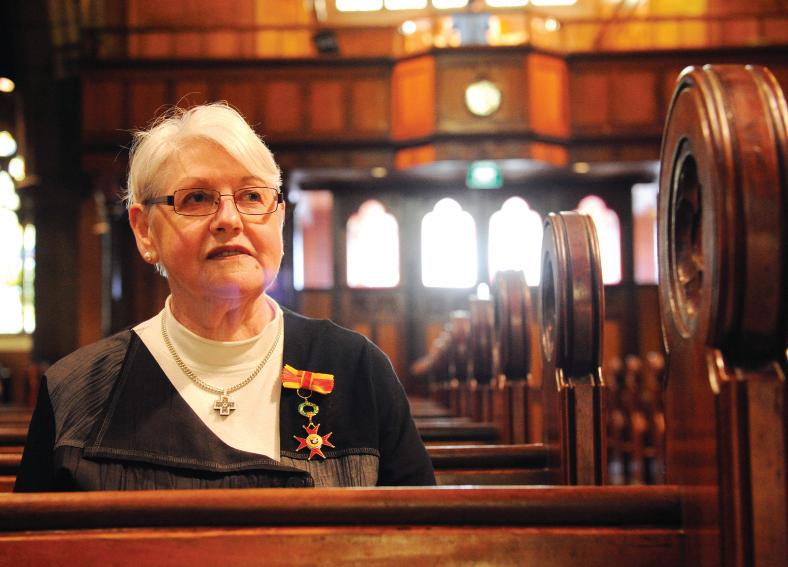
in highlighting WUCWO’s “strong commitment to and interaction with” the Holy See. In 2008, she spoke about the role and mission of women at the International Congress, Mulieris Dignitatem
Founded in 1910, WUCWO now represents 100 Catholic women’s organisations worldwide with a membership of more than five million women.
WUCWO’s aim is to promote




the presence, participation and coresponsibility of Catholic women in society and the Church, in order to enable them to fulfil their mission of evangelisation and to work for human development. It was the first international Catholic organisation to receive UN recognition as a non-government organisation and was also a force in the creation and adoption of the Universal Declaration of Human Rights in 1948.
In 2006, WUCWO was elevated to the status of a Public International Association of the Faithful by the Holy See.
This week, WUCWO is celebrating a century of service by women for the Church and society at their Centenary Assembly in Jerusalem.
The Board of WUCWO is currently made up of 27 members from the five WUCWO regions –Africa, Asia Pacific, Europe, Latin America and the Caribbean and North America – each woman representing the Catholic women’s organisation(s) of her country.
Mrs Finlayson has served on WUCWO’s board since 2001. Her husband, Peter, is a retired agricul-
tural scientist who has worked in 35 countries with the UN, AusAID, the Asian Development Bank and unilateral aid agencies in those countries.
Accompanying Peter when he travelled to developing countries as well as postings to Spain, Brazil and later Hungary after the fall of Communism, Mrs Finlayson said she was led to a deeper understanding of the importance of aid, “not just money but technical advice, education, and giving people the opportunity to better themselves”.
Mrs Finlayson’s investiture into the Order of St Gregory took place at St Patrick’s Cathedral in Ballarat, Victoria and was presided over by Bishop Peter Connors.
The Catholic Women’s League of Australia (CWLA) is an organisation dedicated to upholding the dignity of women through education and encouraging their participation in social and public life.
The CWLA promotes the spiritual, social, cultural and intellectual formation of women. CWLA also advocates for the respect of human rights with a particular focus on women and children.
Sometimes you have to go to Sydney to get the best degree… just ask our students.
Campion students and graduates were recently asked why so many students have traveled from the country, interstate and overseas to study at Campion College. The overwhelming reason, the degree itself - the Bachelor of Arts in the Liberal Arts. With a small student cohort and on site accommodation, everyone supports each other at Campion College. Scholarships are also available for students from the country.
So if you are thinking of medicine, law, teaching, journalism, international
relations

Rockingham gives thanks for PREP
CHILDREN of Our Lady of Lourdes in Rockingham who attend one of many of the Government primary schools within its boundary and who attend PREP (parish religious education programme) classes came together on 14 November to give thanks for the year. The students of various ages and sizes led and participated in the various ministries at the Sunday Mass.
Their parents and all the parishioners there present had every reason to be proud of the children given the manner of their reverence and generosity to serve.
Rockingham Parish Priest Fr Michael Separovich reminded his congregation of their baptismal responsibility of being active prophetic Christians.
He acknowledged the great blessings to and importance of the presence of the volunteer PREP catechists and of a good coordinator in a parish.
He challenged more of his parishioners to join the catechists ministry by adding, “the young are very perceptive and modern technology may assist us in delivering the message of our Lord, but it can neither negate us from our Christian responsibility nor replace the best teaching vessel of the ways of Christ, and that being the Christian who lives it with others by word and example.”
Once again, he praised and thanked Mrs Hilary Tunnard, PREP coordinator and the team of catechists for all the work they had done.
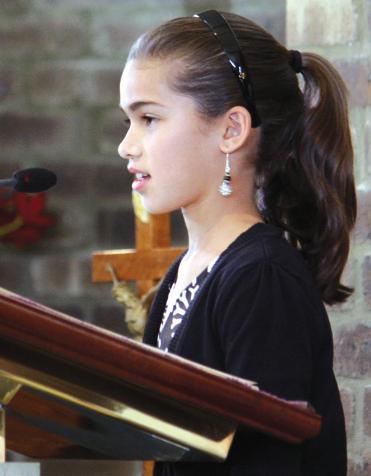

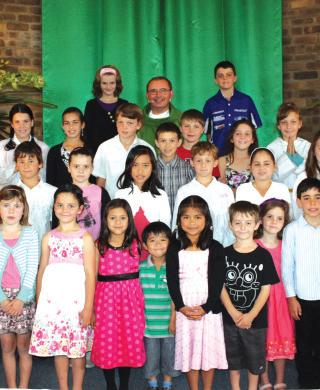
Albany celebrated Mary too
Your excellent coverage of the Canonisation of Blessed Mary MacKillop (The Record, 20 October) included coverage of local celebrations at St Mary’s Cathedral and Notre Dame Fremantle. I looked in vain for some indication of a celebration being held at Albany, focused on St Joseph’s parish church there.
As Albany is the only place in WA ever visited by St Mary of the Cross, I would have thought it an ideal opportunity on which to focus a memorable ‘celebration.’ Admittedly, she was only there for three days in April 1873 as she travelled on her way to Rome for an audience with the Pope and recognition of her Sisters; and she was travelling incognito.
She had travelled alone on the interstate ship Rangatira as far as Albany and was waiting there to join the mail steamer to Europe on which she expected to meet up with her uncle Sandy Cameron and his wife Ellen who were to escort her. They introduced her around as “Miss Mary MacKillop.”
In a letter to her Sisters back in NSW detailing her Albany experience, she says she attended Rosary in the parish church one evening but did not make herself known to Fr Bernard Delaney, the parish priest. (This letter is printed verbatim in First Impressions of Albany compiled by Douglas R G Sellick, pub 1997/2000, WA Museum, pp 119, 120.)
Perhaps it would be appropriate to make amends for any oversight in the recent celebrations by offering a special pilgrimage for Rosary in St Joseph’s Church, Albany next 8 August 2011 which would be the first commemoration of the feast of Mary MacKillop as a Saint of the Church?
Anthony Bolt Shenton ParkEuthanasia’s hidden horrors
I followed with interest the articles on euthanasia in the media and I would like to bring to your attention what happened in the Netherlands.
By adopting the narrow defini-
Dr Duncan Jefferson, who trod the Camino Salvado trail with other pilgrims in August and September, continues his pilgrim’s diary for The Record
DAY 4
2 September: 28km
After a crisp early start and morning prayers, we stepped out into the Chittering valley: and what a beautiful place it is with its orange groves and vineyards: cattle and sheep grazing on the hillsides and small farmhouses dotting the countryside. The recent rains had made the Brockman River gallop down its course to the Avon and Kites hovered in the sky looking for an easy feed.
There was an energy in the group even though they had only just reached the halfway point.
Regular breaks were taken but even so, with midday looming, our


tion of euthanasia as “active termination of life upon the patient’s request”, there were 2,300 instances of euthanasia in the year of the survey, or 1.8 per cent of all deaths.
When, however, to these are added instances of killing patients without request and intentionally shortening the lives of both conscious and unconscious patients, the figures are dramatically altered.
They are:
● 2,300 instances of euthanasia on request,
● 400 assisted suicides,
● 1,000 of life ending actions without specific request,
● 8,750 patients in whom lifesustaining treatment was withheld without request, either ‘partly with the purpose’ (4,750) or ‘with the explicit purpose’ (4,000) of shortening life,
● 8,100 cases of morphine overdose ‘partly with the purpose’ (6,750) or ‘ with explicit purpose’ (1,350) of shortening life,
● 5,800 cases of withdrawing or withholding treatment on explicit request, ‘partly with the purpose’ (4,292) or with the ‘explicit purpose’ (1,508) of shortening life.
This brings the total to 23,350 instances of doctors intending, by act or omission, to shorten life, lifting the incidence from 1.8 per cent to over 20 per cent of all deaths in the year!
The report also noted that to these totals should be added unspecified numbers of handicapped babies, sick children, psychiatric patients and patients with AIDS whose lives were also terminated by doctors, but for all of whom there were no reliable data.
It is estimated that some 25 per cent of deaths in AIDS patients in the Netherlands is now due to euthanasia.
It was further revealed that the guidelines for careful practice were frequently disregarded.
Twenty seven per cent of respondents admitted they had
killed patients without any request, and 72 per cent reported that after they had carried out euthanasia, they falsified the death certificate to make it appear that death was due to natural causes.
All this did not happen all that long ago.
On 17 January 1990, the government of the Netherlands appointed the Committee to investigate the Medical Practice Concerning Euthanasia.
The committee released its report on 10 September 1991.
The report is called the Remmelink report after Prof J Remmelink, the Attorney General of the Supreme Court, who chaired the committee.
It is naive to believe that this cannot happen in our beautiful Australia.
Remember that the Prime Minister of Australia believes in a “sustainable population”.
Leon Voesenek North Tamborine QLD
Moran and Broome
Your article Monsignor stumbles on 1895 Cardinal’s letter in archives (3/11) noted that Cardinal Moran visited WA twice. His first visit was for the consecration of Bishop Gibney in 1887.
The Inquirer newspaper of the day noted that when the Cardinal arrived in Perth, WA’s Governor Broome was staying at Government Cottage on Rottnest. Broome made his carriage available to Moran; also the Cardinal was taken to Rottnest to meet with the Governor.
John Moynihan Duncraig
MacKillop’s WA connection
Sister Mary of the Cross did visit WA on her way to Rome. Fr Paul Gardiner notes in Mary MacKillop: An Extraordinary Australian (p 125) that Mary left Adelaide on 28 March 1873 on a coastal steamer for Albany.
After a stay, she joined a mail steamer for Europe. Mary had with her a letter from Fr Reynolds, later
A PILGRIM’S PROGRESS
Camino Salvado Journalfeet were heating up and our pace was noticeably slower. And then we saw “St Paul”! Or, more accurately, Paul, our bus driver, photographer, sage, story teller, encourager, supplier of water and food and rescuer for those who could walk no further: and for us that’s pretty close to beatification! Then anther minor miracle: two volunteers, Mary and Finoula who had both walked the Camino the previous year, turned up with our lunch. But it wasn’t just food they brought: they also brought energy and enthusiasm! Some of the walkers had to take a spell from the Camino as their journey was taking them along another route with their wounded feet and exhausted legs: and they did this with humility and grace even though they felt heavy hearted. They remained a vital part of our group because the closeness that we have developed is miraculous: each one caring for the other in their own unique way.
Right: pilgrims enjoy the lush and rustic settings during the Camino Salvado pilgrimage, where pilgrims trod in the footsteps of Dom Rosendo Salvado.
Bishop of Adelaide, for Alexander Cameron formerly of Penola, for whom Mary had worked as governess.
In the meantime, Alexander’s wife Margaret had died and now he was in Albany waiting to board a mail steamer to Europe with his new wife, Ellen. So Mary was blessed with their company on the voyage to Europe.
The other WA connection comes through James Robert Knox who was born in Midland and approached Archbishop Clune about a possible vocation.
Archbishop Clune had a conservative view of vocations and encouraged the young Jim Knox to look elsewhere, which he did by approaching the Abbot of New Norcia who accepted him for the clergy of the then territorial Abbacy.
Later, he was sent to Rome for his studies and there he met an Italian priest, Fr Giovanni Battista Montini. He encouraged the by now Fr James Knox to enter the Church’s Diplomatic College and by then he was Mgr Montini working as an official in the Secretariate of State. From there, he worked his way up the Roman Curia and was appointed Archbishop of Milan, from which he was elected Pope Paul VI.
James Knox had a number of diplomatic postings and was consecrated an Archbishop. He was papal representative in East Africa and India. He returned to Australia as Archbishop of Melbourne where he made a number of difficult decisions, such as the re-development of the Cathedral precinct and the closure of the massive Seminary.
After hosting a very successful Eucharistic Congress in 1973, he was called to Rome by Pope Paul VI to be made a Cardinal, the only West Australian to receive that distinction.
Cardinal Knox was Prefect of the Congregation for the Sacraments. He took with him from Melbourne as his private secretary Fr Aldo Rebeschini, and encouraged him to search out material in the various Roman and other Archives in order to revive the Cause of Mary MacKillop.
It is widely acknowledged that Mgr Rebeschini’s meticulous work paved the way for the revival of Mary’s cause for sainthood.
Mgr Brian O’Loughlin, VG Archdiocese of Perth

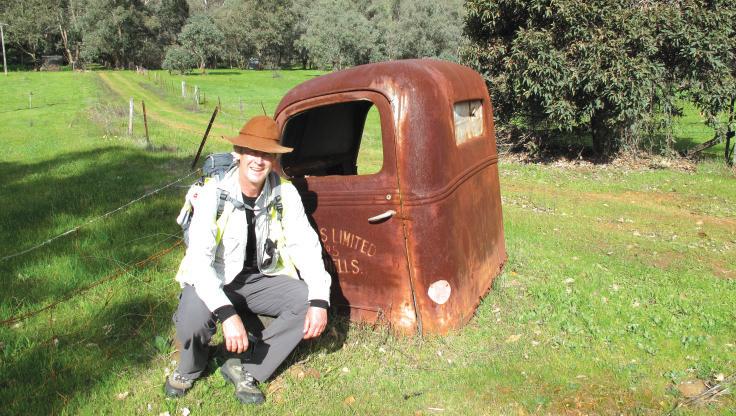
Is this St Joseph’s tomb?
On a trip to the Holy Land last month, a pilgrim group from Ballajura parish were treated to a rare sight not promoted to the public - a 1st century tomb and house that also fleshes out the story of Christ’s birth and resurrection
BY ANTHONY BARICHABALLAJURA parish group’s pilgrimage to the Holy Land has revealed in October what could very well be the tomb of St Joseph, husband of the Virgin Mary, the Mother of God.
Under the convent of the Sisters of Nazareth in the town where Christ grew up is an archaeological site of 1st century excavations including what is believed to be a Herodian tomb, a 1st century house and chapel almost certainly believed to be of the early Christian era.
Locals suspect the site could well be where Joseph was buried.
Even if the site - discovered in 1884 when a gardener fell through a hole he was filling in - is not absolutely proven to be the tomb of St Joseph, it reveals much about what Jesus’ tomb and even his ‘manger’ would have looked like.
The convent is across the road from the Catholic Basilica of the Annunciation that is believed to house the place where the Archangel Gabriel appeared to Mary and she accepted the responsibility of being the Mother of God.
Descending down into the excavation site under the convent and winding through a cave, the remains of an altar are seen in one corner.
Initially, when the site was found, a skeleton was situated in the corner of the room, set inside a rock in a sitting position, likely the remains of a Bishop, monk or a cleric of the community.
It was common for Bishops to be buried in such a manner as a symbol of their power, so “we are sure this house/chapel is of the early Christian era”, the Sisters’ local Superior Sr Stefania Cantore told the Ballajua group. In the Apocalypse (Revelation) in the Bible, God is referred to as “The Seated One”.
Excavations in the nearby area have revealed many mosaics of the Byzantine era (c 500-1000). All this evidence has led experts to believe that “we are sure that this was a chapel built sometime after the 1st century”, Sr Stefania said.
Space dug out for two graves has also been revealed in the excavations of the chapel area.
The ‘oven’-style grave is a common feature of ancient Jewish graves. Similar open graves were seen by the Ballajura group on their last day in the Holy Land next to an ancient church marking one of four sites believed to be where Jesus appeared to two of His disciples on the road to Emmaus after His resurrection.
In an adjacent room to the chapel in the excavation site under the Nazareth convent, a hole in the roof through which to pull water up and marks in the walls of ropes to pull food up reveals evidence of a functioning 1st century house.
Around another corner are two sets of stairs made by the Crusaders after their conquest of the area in 1099.
It is unknown what the stairs were for as nothing was written on the walls around them, but rocks and stones forming a door in the lower part of the stairs believed to be of the 1st century also provide a model of what is left of a house.
Archaeologists know the walls are 1st century as similar stonework is seen in the walls of a near-
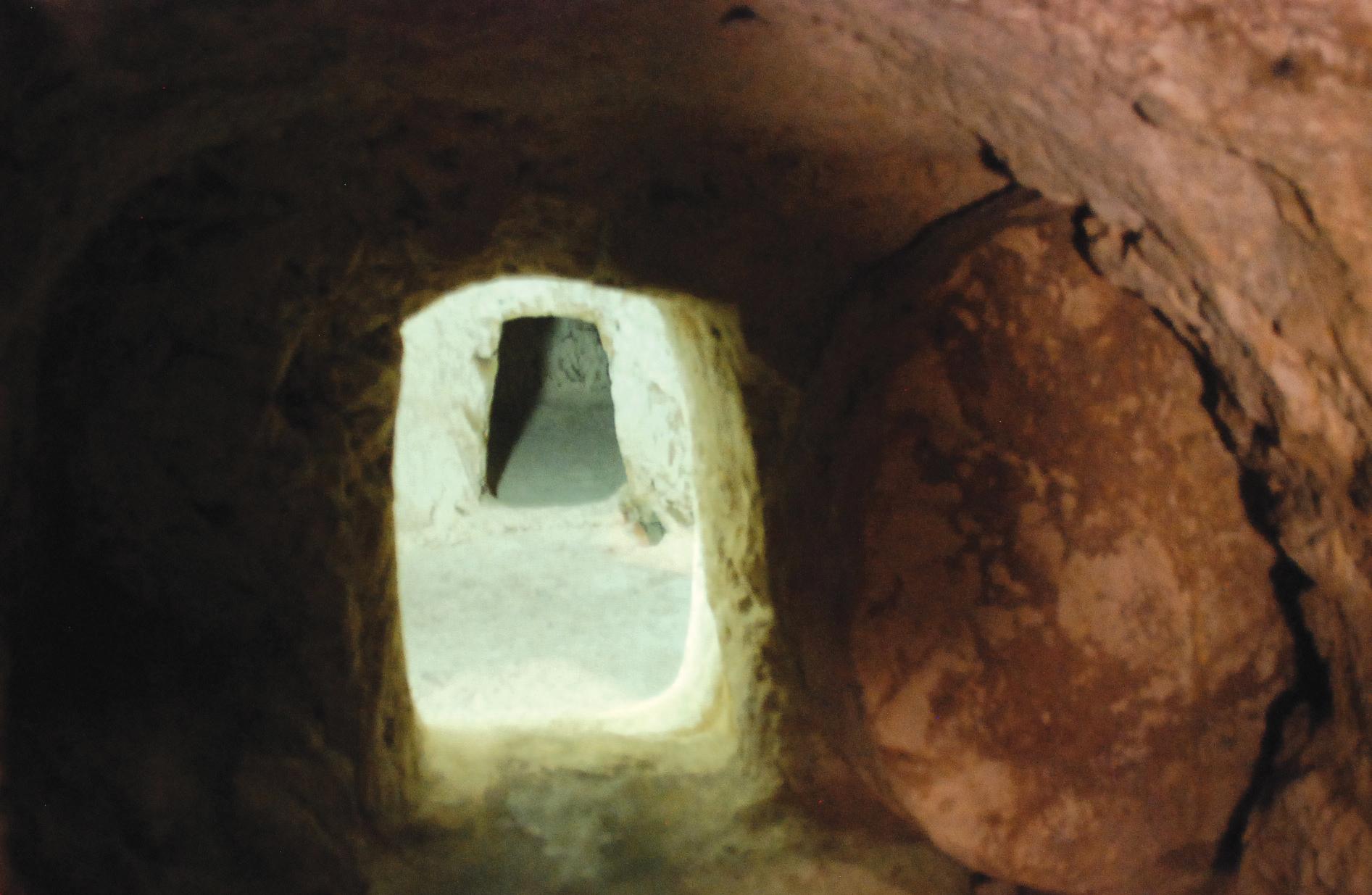

by village that was destroyed by the Romans in 70AD when the armies of Titus, son of Roman emperor Vespasian, levelled the whole city of Jerusalem.
In 1900, two holes were discovered from which, when opened by removing stones, incense could still be smelled emanating from the tomb beneath which locals suspect could be that of St Joseph.
They know the Crusaders used the tomb as Knights’ spurs, lamps and spoons for Holy Communion were found. “So we know this area was important for the Crusaders,” Sr Stefania said. While this is not believed to be the same tomb Christ was buried in – which is actually in Jerusalem, some 105km from Nazareth - this one nonetheless gives a picture of what was common practice at the time. The size of the tomb also indicates that it belonged to “an important person”, Sr Stefania said.
“There are eight such tombs in the country that we know of. They are very few, as they are only made
for very important people.” This tomb under the convent, accessed by walking down winding, eroded stairs, reveals something of what Scripture tells us of Jesus’ resurrection:
“When the Sabbath was over, Mary Magdalene, Mary the mother of James, and Salome bought perfumed oils with which they intended to go and anoint Jesus.
Very early, just after sunrise, on the first day of the week they came to the tomb. They were saying to one another, ‘Who will roll back the stone for us from the entrance to the tomb?’ When they looked, they found that the stone had been rolled back. (It was a huge one) (Mk 16:1-4).
And then, later, “(John) did not enter but bent down to peer in, and saw wrappings lying on the ground” (Jn 20:5). As the photos show, a round stone – though not quite “huge” as Mark describescan be seen rolled back.
It would, nonetheless, be very heavy so could well be of a similar
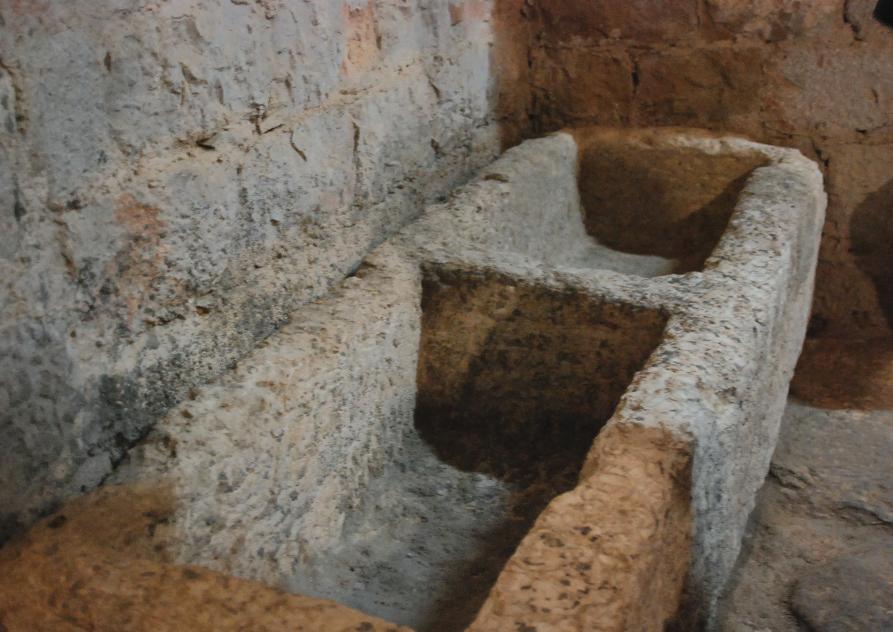
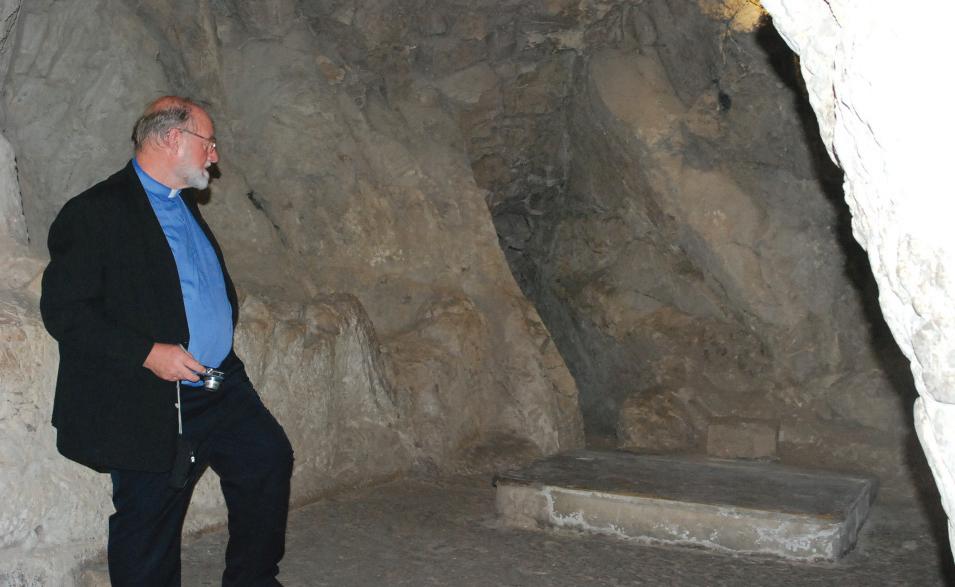
size to that described by the Gospel writer. It can be clearly seen how John would have needed to “bend down” to “peer in”, as through the opening is a lower level where the bodies were buried; then beyond that two more holes with another lower level beyond that.
Just above these tombs in the 1st century house is a manger, as
described by Luke: “She gave birth to her first-born son and wrapped him in swaddling clothes and laid him in a manger”, where animals eat from.
While this was not the manger described by Luke as Christ was born in Bethlehem 128.7km away, the photo fleshes out what Christ’s first bed would have looked like.
The Bible: your ult
How to answer when God asks,
Sacred Scripture: Benedict encourages devoted, reasoned approach
BY CINDY WOODEN Catholic News ServiceVATICAN CITY - God constantly tries to enter into dialogue with the people he created - speaking through creation and even through silence, but mainly in the Church through the Bible and through His son Jesus Christ, Pope Benedict XVI said.
In his apostolic exhortation Verbum Domini (“The Word of the Lord”), the Pope encouraged Catholics to embrace and value each of the ways God tries to speak to humanity.
The document, a papal reflection on the conclusions of the 2008 Synod of Bishops on the Word of God, was released at the Vatican on 11 November and emphasised the need to improve Catholics’ familiarity with the Bible and with the need to read and understand it in harmony with the Church.
The Bible is not a dusty collection of ancient writings addressed only to ancient peoples, he said. But it’s also not some sort of private letter addressed to individuals who are free to interpret it any way they please, the Pope said in the document, which is close to 200 pages long.
The Pope said he wrote Verbum Domini because “I would like the work of the Synod to have a real effect on the life of the Church: on our personal relationship with the sacred Scriptures, on their interpretation in the liturgy and catechesis, and in scientific research so that the Bible may not be simply a word from the past, but a living and timely word.”
Pope Benedict asked for greater Church efforts to teach Catholics about the Bible, to help them learn to read it and pray with it, to treat it with great dignity during the liturgy and emphasise its importance by making sure homilies are based on the day’s readings.
For centuries, Catholic laity actually were discouraged from reading the Bible themselves. Even though that began changing 100 years ago, Bible reading often is seen as a Protestant activity.
In fact, some evangelical Christians use passages from the Bible to preach against the Catholic Church, which the Pope said is truly ironic since “the Bible is the Church’s book.”
It was the Church that decided which of the ancient Christian writings were inspired and were to be considered the New Testament, the Pope said. And it was the Church that interpreted it for hundreds of years.
“The primary setting for scriptural interpretation is the life of the Church,” he said, not because the Church is imposing some kind of power play, but because the Scriptures can be understood fully only when one understands “the way they gradually came into being.”
Obviously, he said, the key message of the Bible - the story of God’s love for His creatures and the history of His attempts to save them - can be grasped only if people recognise that the fullness of God’s word is Jesus Christ.

Jesus “is the definitive word which God speaks to humanity,” the Pope wrote, and “in a world which often feels that God is superfluous or extraneous, we confess with Peter that He alone has ‘the words of eternal life.’”
The Scriptures themselves teach that God created human beings with a special dignity, giving them intelligence and free will. In approaching the Scriptures, he said, people must use that intelligence to understand what is written.
Pope Benedict, a theologian who served for more than 20 years as president of the Pontifical Biblical Commission, said academic approaches to Scripture studies were essential for helping people understand the Bible, as long as those studies recognise that the Bible is not simply a piece of literature.
“The Bible is not a dusty collection of ancient writings addressed only to ancient peoples.”
- Pope Benedict XVI
For example, he said, a lot of Catholics - including priests giving homilies - are completely at a loss when dealing with “those passages in the Bible which, due to the violence and immorality they occasionally contain, prove obscure and difficult.”
Those passages, he said, demonstrate that “God’s plan is manifested progressively and it is accomplished slowly, in successive stages and despite human resistance. God chose a people and patiently worked
to guide and educate them.” God’s education of His people continues today, for example, by helping people understand the importance of safeguarding creation and working for more justice in social and political systems, he said.
Pope Benedict said God’s dialogue with humanity through the Bible must lead to greater faith and a more powerful witness in the world.
While the papal exhortation mentioned plenty of early Church theologians and their approaches to understanding Scripture, it also included a long section about men and women who read the Bible and were inspired to live its message in the world.
“Every saint is like a ray of light streaming forth from the word of God,” he said, listing personalities ranging from St Clare of Assisi to Blessed Teresa of Calcutta and from St Dominic to St Josemaria Escriva de Balaguer, the founder of Opus Dei.
Some of the Bible’s lessons are old but need to be given new attention, Pope Benedict wrote.
The Scriptures make it clear that the family founded on marriage is part of God’s plan for humanity and for human happiness.
“In the face of widespread confusion in the sphere of affectivity, and the rise of ways of thinking which trivialise the human body and sexual differentiation, the word of God reaffirms the original goodness of the human being, created as man and woman and called to a love which is faithful, reciprocal and fruitful,” he wrote.
The Bible, the Pope said, is filled with words of consolation and joy, but as God’s word it also is “a word which disrupts, which calls to conversion.”
Pope Benedict XVI called the world’s discuss the Word of God. Following th just issued his apostolic exhortation Ve the Lord”) where the Holy Father spel reasoned approach to Scripture can dee Mass and our ability to live as Christia the spectrum - even in scientific resear
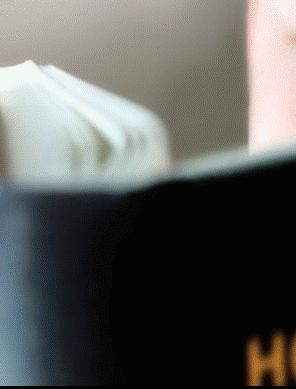
Knowing the mind how to pray with th
VATICAN CITY (CNS) - In his post-synodal document on the Word of God, Pope Benedict XVI urged all Christians to get to know the sacred Scriptures better.
He gave a few suggestions that included having a Bible in every home and engaging in a more attentive, prayerful listening to Gospel readings.
The Pope paid particular attention to the importance and efficacy of lectio divina, a form of prayerful meditation on the word of God, and he offered a step-by-step guide on the practice.
The post-synodal apostolic exhortation Verbum Domini (“The Word of the Lord”), was released on 11 November.
The Pope said the first step is to open with a reading (lectio) of a text, “which leads to a desire to understand its true context: What does the biblical text say in itself?”
Understanding what the text is trying to say is important so as to move beyond one’s own notions and ideas, he said.
“Next comes meditation (meditatio), which asks: what does the biblical text say to us?” the Pope wrote.
Christians, both as individuals and as a community, need to let themselves be “moved and challenged” by what the sacred text is telling them, he wrote.
“Following this comes prayer (oratio), which asks the question: what do we say to the Lord in response to His word?” wrote the Pope. Prayer is critical for hearts and minds to be transformed, he added.
“Finally, lectio divina concludes with contemplation (contemplatio), during which we take up, as a gift from God, his own way of seeing and judging reality, and ask ourselves what conversion of mind, heart and life is the Lord asking of us?” he wrote.
God asks everyone not to conform themselves to the world, but to be transformed by conversion, he wrote.
Contemplation and reflection let the mind consider reality as God sees it and help foster within oneself “the mind of Christ,” the papal document
The Tou read
said unti belie char
T trad up t also
timate guide for life
‘so, how did you like My book?’
Bishops to Rome in 2008 to his, the Successor of Peter has rbum Domini (“The Word of ls out how a more devoted, epen our experience of the ans in everyday life right across rch.

d of Christ: he Bible
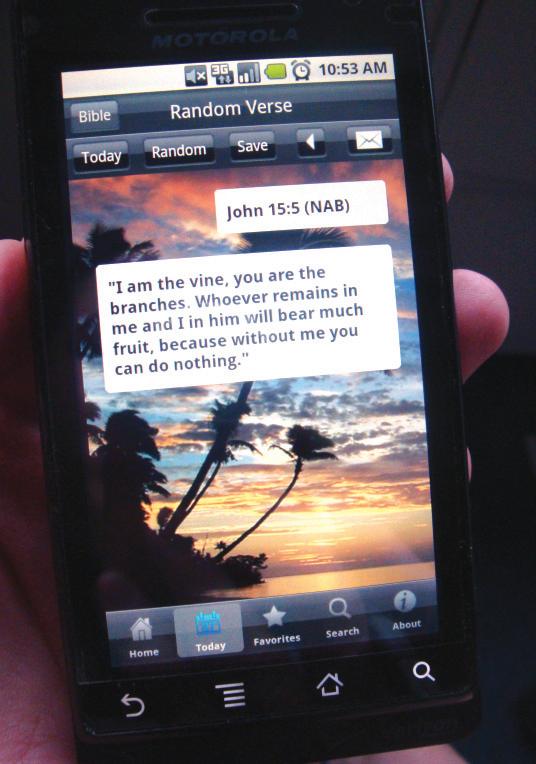
iMissal application, available on iPhone, iPod ch, iPad and Android phones provides daily dings, Catholic prayers and Bible verses. CNS
d. “The process of lectio divina is not concluded il it arrives at action (actio), which moves the ever to make his or her life a gift for others in rity,” said the Pope.
The Pope said in his document that the monastic dition of lectio divina is “truly capable of opening to the faithful the treasures of God’s word, but of bringing about an encounter with Christ, the ng word of God.”
Word of God deepens experience at Mass: Pope
Pope highlights call to holiness in each state of life
VATICAN CITY (Zenit.org) - Benedict XVI has underlined the importance of the Word of God in living our personal vocations: our lifelong call to holiness and the specific call of each person.
These were some of the points highlighted by the Pope in his latest apostolic exhortation, Verbum Domini, published on 11 November by the Vatican.
The Word of God, he said, “calls each one of us personally, revealing that life itself is a vocation from God. In other words, the more we grow in our personal relationship with the Lord Jesus, the more we realise that He is calling us to holiness in and through the definitive choices by which we respond to His love in our lives, taking up tasks and ministries which help to build up the Church.
“Here we touch upon one of the pivotal points in the teaching of the Second Vatican Council, which insisted that each member of the faithful is called to holiness according to his or her proper state in life.” He addressed specific words to people in the various vocations and states in life:
Ordained ministers
Speaking of ordained ministers, he noted that “Bishops, priests, and deacons can hardly think that they are living out their vocation and mission apart from a decisive and renewed commitment to sanctification, one of whose pillars is contact with God’s Word.”
The priest “needs to approach the Word with a docile and prayerful heart so that it may deeply penetrate his thoughts and feelings and bring about a new outlook in him,” Benedict XVI stated.
Speaking to permanent deacons, he recommended that they “nourish their lives by the faith-filled reading of sacred Scripture, accompanied by study and prayer.”
The Pope next noted that “those aspiring to the ministerial priesthood are called to a profound personal relationship with God’s Word, particularly in lectio divina, so that this relationship will in turn nurture their vocation.”
He added that “it is in the light and strength of God’s Word that one’s specific vocation can be discerned and appreciated, loved and followed, and one’s proper mission carried out, by nourishing the heart with thoughts of God, so that faith, as our response to the Word, may become a new criterion for judging and evaluating persons and things, events and issues.”
“Great care should be taken to ensure that seminarians always cultivate this reciprocity between study and prayer in their lives,” the Pontiff said.
Consecrated life
Addressing some Words to those in the consecrated life, the Holy Father noted that “both old and new expressions of special consecration are called to be genuine schools of the spiritual life, where the Scriptures can be read according to the Holy Spirit in the Church, for the benefit of the entire People of God.”
He affirmed that contemplative men and women in particular, “by their lives of prayer, attentive hearing and meditation on
God’s Word, remind us that man does not live by bread alone but by every word that comes from the mouth of God.”
Benedict XVI spoke next of the lay faithful, “who live out their specific vocation to holiness by a life in the Spirit expressed in a particular way by their engagement in temporal matters and by their participation in earthly activities.” He appealed to dioceses to provide opportunities for the laity “to be trained to discern God’s will through a familiarity with His Word, read and studied in the Church under the guidance of her legitimate pastors.”
Marriage and family
The Pope specifically underlined the role of the Word of God in marriage and the family. “It must never be forgotten that the Word of God is at the very origin of marriage and that Jesus Himself made marriage one of the institutions of His Kingdom, elevating to the dignity of a sacrament what was inscribed in human nature from the beginning,” he said.
The Pontiff continued: “Fidelity to God’s Word leads us to point out that nowadays this institution is in many ways under attack from the current mentality.
“In the face of widespread confusion in the sphere of affectivity, and the rise of ways of thinking which trivialise the human body and sexual differentiation, the Word of God reaffirms the original goodness of the human being, created as man and woman and called to a love which is faithful, reciprocal and fruitful.”
He affirmed that part of authentic parenthood is to pass on and bear witness to the meaning of life in Christ: through their fidelity and the unity of family life, spouses are the first to proclaim God’s Word to their children. “The ecclesial community must support and assist them in fostering family prayer, attentive hearing of the Word of God, and knowledge of the Bible.”
Pope tells how to improve participation in Mass through Scripture
In his second postsynodal apostolic exhortation, Benedict XVI offered seven practical proposals for promoting fuller participation in the Mass.
Verbum Domini, dated 30 September, the feast of St Jerome, a Father of the Church who first translated the Bible into Latin in the 4th century and patron of Bible scholars, was presented on 11 November.
The exhortation draws from the 12th Ordinary General Assembly of the Synod of Bishops from 5-26 October, 2008 at the Vatican which had for its theme “The Word of God in the Life and Mission of the Church.”
Verbum Domini is divided into three parts and an introduction and covers themes including God the Father as source and inspiration of the Word, sin as a refusal to hear the Word of God, the “dark” passages of the Bible, and the importance of the homily.
He ranges from theological to practical in the document, which is available at the Vatican Web site in a 200 page edition.
Among the practical themes is the section on “suggestions and practical proposals for promoting fuller participation in the liturgy.”
The first of the recommendations involves “celebrations of the Word of God.”
The Pontiff noted a recommendation from the Synod fathers that pastors should promote times devoted to such celebrations, “privileged occasions for an encounter with the Lord. This practice will certainly benefit the faithful, and should be considered an important element of liturgical formation.”
“Celebrations of this sort are particularly significant as a preparation for the Sunday Eucharist; they are also a way to help the faithful to delve deeply into the riches of the Lectionary, and to pray and meditate on sacred Scripture, especially during the great liturgical seasons of Advent and Christmas, Lent and Easter.” He mentioned celebrations of the Word as a particular benefit for communities without sufficient priests for regular Sunday and holy day Masses.
He cautioned against these celebrations being confused with the Mass.
The second recommendation involves the Word and silence. “The Word, in fact, can only be spoken and heard in silence, outward and inward,” the Pope affirmed. But, he observed, “Ours is not an age which fosters recollection; at times one has the impression that people are afraid of detaching themselves, even for a moment, from the mass media.”
Thus, people must be “educated in the value of silence”, he suggested.
“Rediscovering the centrality of God’s Word in the life of the Church also means rediscovering a sense of recollection and inner repose. [...] Only in silence can the Word of God find a home in us, as it did in Mary, woman of the Word and, inseparably, woman of silence.”
The Pope called for the liturgy of the Word to be celebrated in such a way that favours meditation. “Silence, when called for, should be considered ‘a part of the celebration,’” he said.
Benedict XVI encouraged a solemn proclamation of the Word of God, with outward signs such as carrying the Gospel Book in procession, or singing the Gospel on certain solemnities. He gave consideration to practical matters such as church acoustics and the visibility and decoration of the ambo. He also reiterated Church law that Scripture may not be replaced by other texts. “It should also be kept in mind that the Responsorial Psalm is also the Word of God, and hence should not be replaced by other texts; indeed it is most appropriate that it be sung.”
The sixth recommendation has to do with liturgical song. In this regard, the Pope observed: “As part of the enhancement of the Word of God in the liturgy, attention should also be paid to the use of song at the times called for by the particular rite. Preference should be given to songs which are of clear biblical inspiration and which express, through the harmony of music and words, the beauty of God’s Word. We would do well to make the most of those songs handed down to us by the Church’s tradition which respect this criterion. I think in particular of the importance of Gregorian chant.”
He made special mention of the visually and hearing impaired. “I encourage our Christian communities to offer every possible practical assistance to our brothers and sisters suffering from such impairments, so that they too can be able to experience a living contact with the Word of the Lord.”
‘Deeply afraid’, Christians trust God
Despite terrorist threats, Middle East Christians place trust in God
BY DOREEN ABI RAAD Catholic News ServiceBEIRUT (CNS) - Despite terrorist warnings that all Christians in the Middle East are “legitimate targets,” the faithful in the region say they have placed their trust in God.
An al-Qaida group in Iraq made the threat in an Internet statement in early November.
The same group was responsible for the 31 October siege in the Syrian Catholic Cathedral in Baghdad that ended in a rescue drama that killed 58 people, including 46 Catholics who were in the church.
“When I hear about people dying for their faith, it pushes me to believe even more and to be a better Christian,” said Patty Barbara, a 40 year old Melkite Catholic from Beirut.
“It’s as if someone is telling me, ‘Wake up and be a better Christian!’”
Barbara said attacks such as the one in Iraq and threats to Christians “make the people who are lukewarm in their faith boil for Christ.”
While the Christian presence in Lebanon - about 33 per cent of the population - has been steadily dwindling due to emigration, Barbara said she is determined to stay in the land of her birth.
“I am planted in this country,” she said, adding that she will encourage her three children to stay in Lebanon.
“This is our mission, to be a witness to Christ here.”
John Fahed, a 26 year old Maronite Catholic from Beirut, told Catholic News Service, “I am not afraid to be in Lebanon because I feel the Lord has called me to stay here, and he will protect me.”
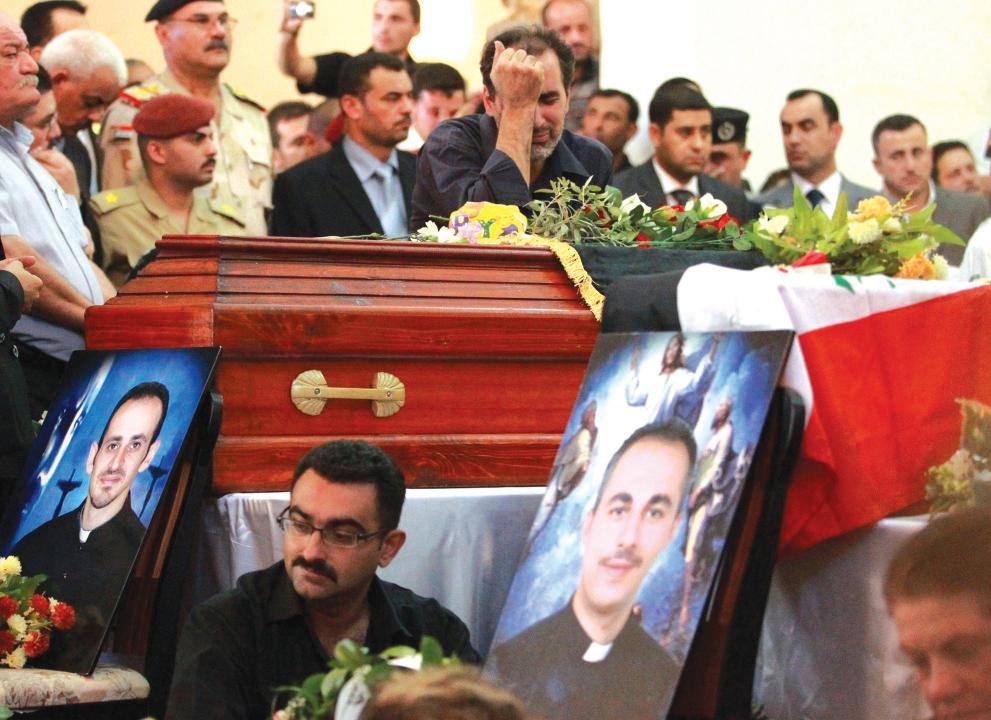
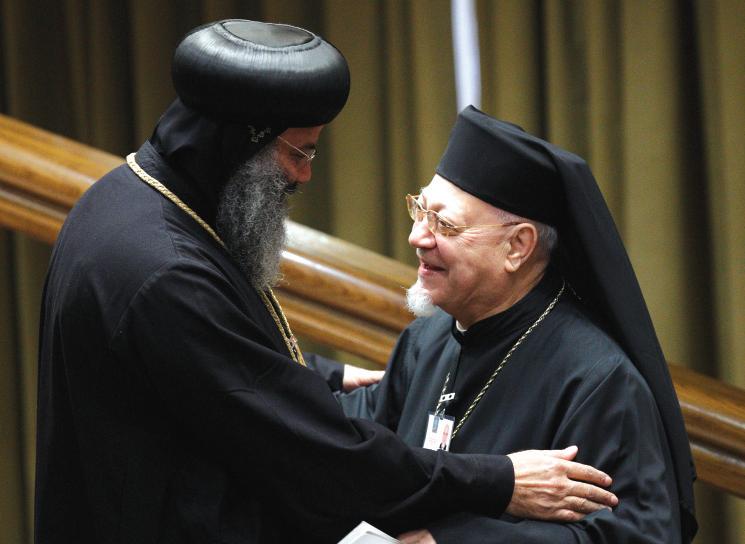
“I didn’t expect it,” he said of the announced threat, “but I’m not really surprised.
“We are living in a place where everything is possible.”
Fahed said that, growing up in Beirut, he experienced the horrors of the 1975-1990 civil war.
“We had bombs and shells exploding in our house, yet God kept me and my family safe from danger,” he said.
During the Israel-Hezbollah war in the summer of 2006, he continued with his daily routine, going to work every day.
“I pray daily. I’ve been brought up to do that,” he said.
“God hears my prayers.”
As for the terrorist group making the threats, he said: “I can’t respond to their hatred by hating them back.
“Instead, I pray for them that their eyes will be open to the truth. I think the best thing we can do is to pray for them, to love them.”
Jocelyn Cherfan, 45, a Maronite Catholic from Beirut, said, “Without Christians, Lebanon would not be Lebanon,” pointing out that the
country would become like another Saudi Arabia without its Christian presence. “We are all living together here - Muslims and Christians,” she said, noting that many Christians are married to Muslims.
Cherfan views the persecution of Christians in the region as a “wakeup call” for the faith.
“Masses are full, and even the new generation of younger people are coming back.
“We are becoming like the cedars of Lebanon,” she said.
“With our feet planted on the ground, we have to be one hand, all together, and with our faith we have to face the problems all together.”
Christians in Jordan - representing only about three per cent of the country’s population - are also expressing trust in the Lord.
“About the threats: Really, we are not afraid,” said Fr Rif’at Bader, director of the Catholic Media Centre in Jordan.
“Not because the name of Jordan is not mentioned in these threats, but because we have a strong faith, and we are the followers of Jesus
Christ who pardoned His crucifiers.”
Fr Bader added that Christians in Jordan “are not, and never will be, at the margins of society.”
He said the October Synod of Bishops for the Middle East “gave us a renewed encouragement and strength to be always attached to our Church and to our societies as well.”
In the West Bank, although Christians are a target for extremists, they are not afraid, said Fr Faysal Hijazen, priest at Holy Family Parish in Ramallah.
“This is our land,” he said on 5 November. “We Arab Christians and Muslims are living together here for centuries.
“We are not afraid of anybody. This is our land, our Middle East.”
Anton Habash, 63, sat inside Holy Family before a special Mass honouring the Iraqi massacre victims.
“I have lived here all my life and I never was afraid,” he said.
“Extremists can’t come here to the West Bank and Gaza. It is dif-
ferent here than in Iraq, the borders are so closed.” As she guided her 10 year old daughter, Carmen, into the church, Abir Kidess, 35, said she would never be intimidated from practising her faith or leaving her homeland.
“I am proud of being Christian and I am willing to die for my faith if that is God’s plan,” she said, adding that she had spoken to her daughter about the attack and what had happened.
“I am afraid they will come to kill us like they did at the Iraqi church,” said Carmen, adding that only her faith in God made her feel safe.
Latin-rite Archbishop Jean Sleiman of Baghdad told the British branch of Aid to the Church in Need that he feared Iraq’s Christians would lose hope after the attack.
He said Christians “are deeply afraid.
But they are trying to overcome this latest horrible experience.”
“This is not possible for all of them, but it’s the only way to find inner peace and so to resist in a very hostile context,” he said.
Presence keeps the peace between Jews, Muslims
BY ANTHONY BARICHTHE continued presence of Christians in the Holy Land is critical as they keep the peace between Jews and Muslims, according to Latin-rite Auxiliary Bishop William H Shomali of Jerusalem.
Stressing a key message from the 10-24 October Synod of Bishops in Rome that discussed Catholics in the Middle East, Bishop Shomali said, “our presence here is very, very important – to be the salt of the earth and the light of the world”.
“Israel and Palestine without the Christians is not the same. They lose their pluralism; they lose the moderate force,” he told a group of 40 pilgrims from St Mary MacKillop parish in Ballajura on 29 October.
He was speaking to the pilgrims at his residence in Jerusalem, which has been visited by Popes Paul VI, John Paul II and Benedict XVI.
“If they lose us there will be confrontation between Jews and Muslims, (as) they lose the moderating part of the Palestinians that are Christian.”
Though Christians make up just two percent of the population in Palestine, Israel and Jordan, Bishop Shomali said that “everyone recognises our importance despite our few numbers”.

There are 400,000 Christians in Palestine, Israel and Jordan. Half of these are Catholics; 100,000 of these are Latin-rite, plus there are another 100,000 Latin-rite Catholic foreign workers who are mainly from the Philippines and India.
“In Egypt, even in Iraq, the governments say Christians are important. Theoretically, they recognise
that, but we need this recognition on the street level between the people themselves.”
Bishop William H Shomali served in parishes in Jordan for eight years and 19 years as rector of the Seminary of Jerusalem.
“We spoke well of Jews and Muslims, but we were courageous to speak about occupation of the
land. So we practise truth with charity, which is the summit of moderation,” he said.
“You can say the truth with violence, you can say charity without saying the truth, but when you use truth and charity together, it’s perfection, and we try to live that.”
Bishop Shomali also stressed a key message from the Synod urging Christians not to leave the region.
Christians should remain as “it is our vocation to be here if we are born here, just like your vocation is to be the salt and the light of your own parish where you live,” he told the pilgrim group.
While the reasons Christians are leaving centre on security, “I believe the real reason is that Christians generally don’t believe that their presence here is a vocation”, he said.
“If you want to leave, you can leave; but if everyone leaves it means we leave the land where Jesus was born as a museum, which is not nice,” he said.
“The Lord wants the Christian community to be where the Church was born. No one can deny this importance. Around the holy places at least we need to be present.”
Security is a major issue for Christians, especially in Iraq, Palestine, Turkey and Lebanon, he said.
While eight years of conflict
between majority and minority groups has become “normal” and “we have to cope with that”, he said it was for the vocational role of Christians that the Synod started by urging a renewal of the Christian presence in the region.
“It’s is a matter of faith - to believe that God wants me here,” he said.
Peace in the region is beyond politics, and can only be achieved with God and through prayer, he said.
“The finish to the conflict depends on the Lord and our prayers, not on politicians, who (make the process) longer, because politics is neither the truth nor charity. Everyone’s in it for their own interests,” he said.
“If the Lord doesn’t build the house, the workers work in vain. So we have to pray more. I am sure the solution is coming”, he added, while saying the time frame is unknown.
“The Lord’s calendar is neither Julian nor Gregorian, as 1,000 years for the Lord is like one day. If this is the case, the Lord can say to us, ‘continue to pray for more than five minutes’,” he said.
“Believe me, if peace comes within 10 years it’s not too late. After eight years of wars and conflict, 10 years is a short time for the Lord; and 10 years is nothing for the history of the world.”
Peace is possible amidst ‘savage’ attacks: Pope
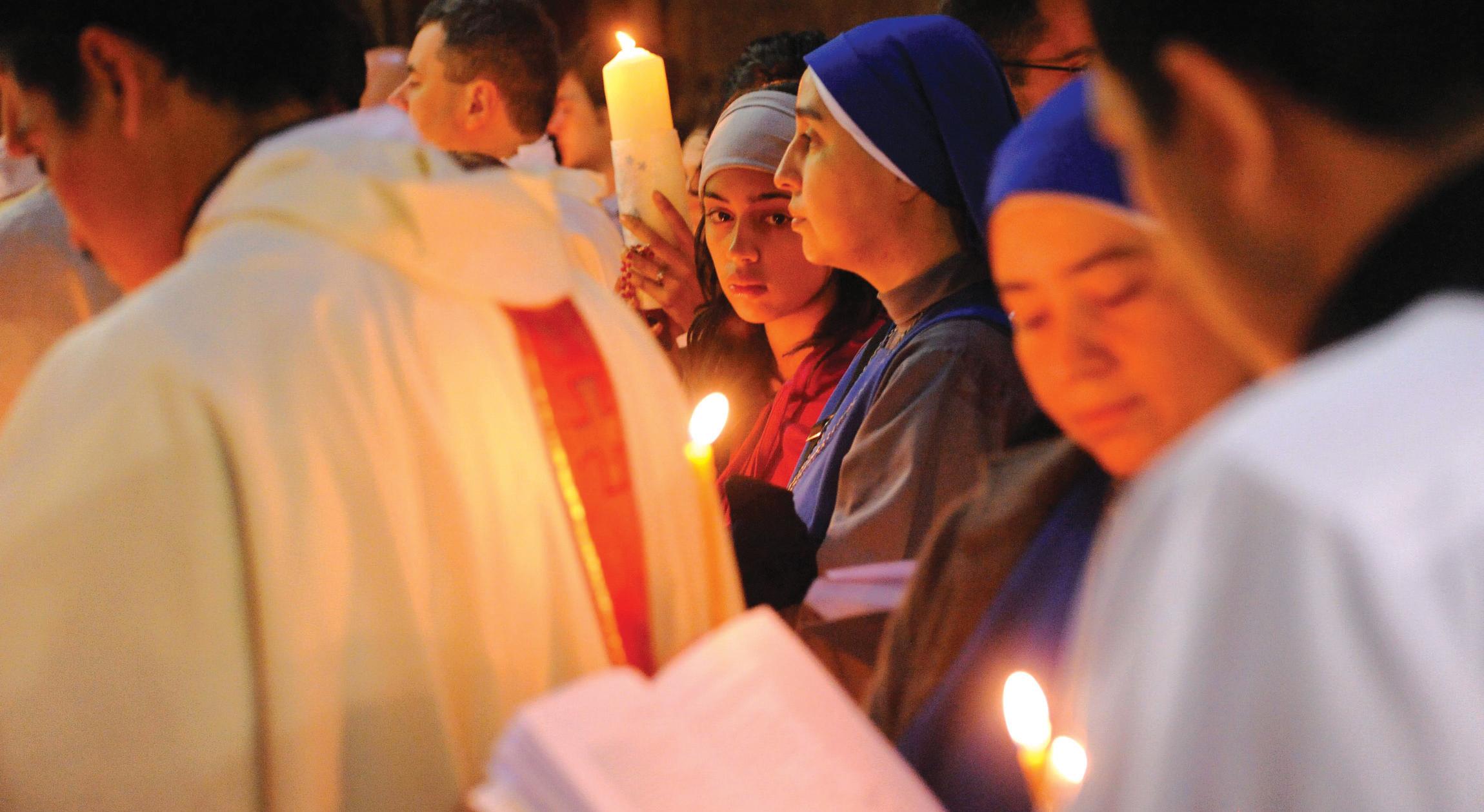
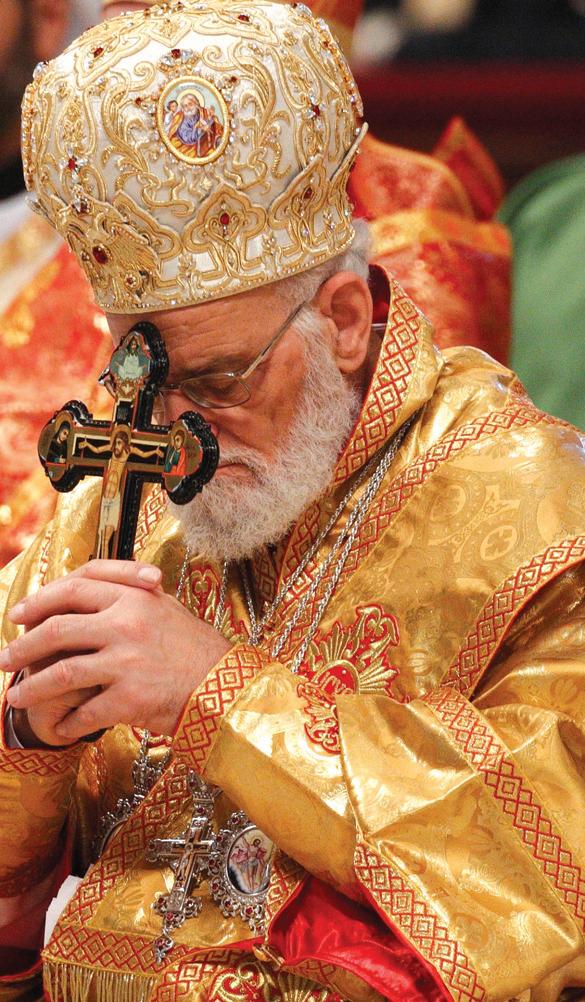 BY CINDY WOODEN Catholic News Service
BY CINDY WOODEN Catholic News Service
VATICAN CITY (CNS) - Closing the Synod of Bishops for the Middle East, Pope Benedict XVI said, “We must never resign ourselves to the absence of peace.”
“Peace is possible. Peace is urgent,” the Pope said on 24 October during his homily at the Mass closing the two-week Synod.
Peace is what will stop Christians from emigrating, he said.
Pope Benedict also urged Christians to promote respect for freedom of religion and conscience, “one of the fundamental human rights that each state should always respect.”
Synod members released a message on 23 October to their own faithful, their government leaders, Catholics around the world, the international community and to all people of goodwill.
The Vatican also released the 44 propositions adopted by Synod members as recommendations for Pope Benedict to consider in writing his post-Synodal apostolic exhortation.
Although the Bishops said the main point of the Synod was to find pastoral responses to the challenges facing their people, they said the biggest challenges are caused by political and social injustice and war and conflict.
“We have taken account of the impact of the Israeli-Palestinian conflict on the whole region, especially on the Palestinians who are suffering the consequences of the Israeli occupation: the lack of freedom of movement, the wall of separation and the military checkpoints, the political prisoners, the demolition of homes, the disturbance of socio-economic life and the thousands of refugees,” they said in one of the strongest sentences in the message.
They called for continued Catholic-Jewish dialogue, condemned anti-Semitism and antiJudaism and affirmed Israel’s right to live at peace within its “internationally recognised borders.”
Although relations between Christians and Jews in the region often are coloured by IsraeliPalestinian tensions, the Bishops said the Catholic Church affirms the Old Testament - the Hebrew Scriptures - is the word of God and that God’s promises to the Jewish people, beginning with Abraham,
Christian Population
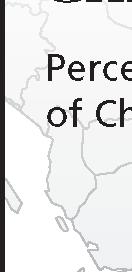
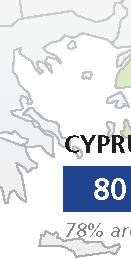

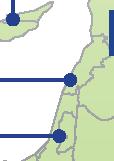
are still valid. However, they said, “recourse to theological and biblical positions which use the word of God to wrongly justify injustices is not acceptable. On the contrary, recourse to religion must lead every person to see the face of God in others.”
Addressing the Synod’s final news conference on 23 October, Melkite Bishop Cyrille S Bustros of Newton, Massachusetts, said, “For us Christians, you can no longer speak of a land promised to the Jewish people,” because Christ’s coming into the world demonstrated that God’s chosen people are all men and women and that their promised land would be the kingdom of God established throughout the world.
The Bishops’ point in criticising some people’s use of Scripture was intended to say “one cannot use the theme of the Promised Land to justify the return of Jews to Israel and the expatriation of Palestinians,” Bishop Bustros said.
In their message, the Bishops expressed particular concern over the future of Jerusalem, particularly given Israeli “unilateral initiatives” that threaten the composition and demographic profile of the city through construction and buying up the property of Christians and other Arabs.
They also offered words of support for the suffering Iraqi people, both Christians and Muslims, and for those forced to flee the country.
The Synod members said they talked extensively about ChristianMuslim relations and about the fact that they both are long-standing
citizens of the same countries and should be working together for the good of all.
“We say to our Muslim fellowcitizens: We are brothers and sisters; God wishes us to be together, united by one faith in God and by the dual commandment of love of God and neighbour,” they said.
But Christians must be given their full rights as citizens and the future peace and prosperity of the region require civil societies built “on the basis of citizenship, religious freedom and freedom of conscience.”
Throughout the Synod, members said that while religious freedom and freedom of worship are recognised in most of the region’s constitutions, freedom of conscience - particularly the freedom to change religious affiliation - is not respected in many places.
The Synod propositions called for educating Christians in the beliefs of their Muslim and Jewish neighbours and for strengthening dialogue programmes that would help the region’s people “accept one another in spite of their differences, working to build a new society in which fanaticism and extremism have no place.”
Much of the Synod’s discussion focused on the fact that many Christians are emigrating because of ongoing conflicts, a lack of security and equality and a lack of economic opportunities at home. They praised those who have remained despite hardship and thanked them for their contributions to Church and society. While they did not call on emigrants to return home, they
Call to align Easter calendars
VATICAN CITY (CNS)
- Catholics, Protestants, Anglicans and Orthodox should finally celebrate Easter together each year, several prelates said at last month’s Middle East Synod.
“We truly hope for the unification of the Easter holiday with the Orthodox Churches,” Latin-rite Auxiliary Bishop William H Shomali of Jerusalem told the Synod of Bishops for the Middle East.
Celebrating Easter on the same day also implies observing Lent together, he said, which would give Catholics of the East and West an opportunity to witness together to their disciplines of Lenten fasting and abstinence.
“Just as fasting is a respected aspect of Islam and Judaism, we hope that Catholics of the Eastern and Latin Rites unify their way of fasting. This would be a positive sign for Christians and also for non-Christians,” Bishop Shomali said.
did ask them to consider it eventually and to think twice before selling their property in their homelands.
Several Bishops had told the Synod that Christians selling off their property was turning previously Christian-Muslim neighbourhoods and towns into totally Muslim areas.
One of the Synod propositions said, “We exhort our faithful and our Church communities not to give in to the temptation to sell off their real estate,” and they pledged to set up micro-finance and other projects to help people retain their property and make it prosper.
The Synod members affirmed their commitment to efforts to promote full Christian unity and promised to strengthen cooperative efforts with other Christian Churches in the region because “we share the same journey” and unity is necessary for effectively sharing the Gospel.
The Bishops at the Synod also recognised their own failures in not promoting greater communion between Catholics of different rites with other Christians and with the Jewish and Muslim majorities of their homelands. And they told their lay faithful, “We have not done everything possible to confirm you in your faith and to give you the spiritual nourishment you need in your difficulties.”
All Christians, including the Bishops, are called to conversion, they said. The propositions called for creation of a “commission of cooperation” between Church leaders of different rites, the sharing of material resources and establishment of a programme to share priests.
They also echoed a repeated call in the Synod for the Pope to study ways to expand the jurisdiction of Eastern Catholic Patriarchs and major Archbishops to allow them greater power in providing for their faithful who live outside the traditional territory of their Churches and to consider dropping restrictions on ordaining married men to the priesthood outside the traditional homeland of the particular Church.
Maronite Archbishop Joseph Soueif of Cyprus told reporters, “The Synod is not a medical prescription or a cure” for the problems Christians face in the Middle East, “it’s a journey that is just beginning” and will have to be implemented by the region’s Catholics.
The hope for a common Easter date was not mentioned in many of the formal speeches of Synod members, but it came up repeatedly in the hour of free discussion in the Synod hall each evening.
For more than 15 years, the official position of the Vatican has been that it would endorse a universally accepted plan to fix a date for Easter for all Christians.
The Middle East Council of Churches has been a leading promoter of a common Easter date, particularly in view of the fact that Christians are such a small minority throughout the region.
The World Council of Churches also has been trying to work out an agreement.
The North American Orthodox-Catholic Theological Consultation recommended early in October that a unified celebration of Christ’s resurrection would demonstrate the unity of all of Christianity to the world. In Celebrating Easter/Pascha Together, the consultation suggested using the most accurate scientific instruments and astronomical data available to set the date.
In a practice dating back four centuries to the reformation of the calendar by Pope Gregory XIII, most Protestants and Catholics celebrate Easter on one day, while most Orthodox observe the feast day according to the Julian calendar.
The dates for Easter coincide every four years. The situation is further complicated by the fact that some Eastern Catholics in predominantly Orthodox countries continue to follow the Julian calendar, while, since the 1930s, some Orthodox communities have adopted the Gregorian calendar.
At a World Council of Churches consultation in Aleppo, Syria in 1997, participants agreed to use modern astronomical data in calculating the date for Easter based on a formula developed by the First Ecumenical Council of Nicaea in the year 325. The council set Easter as the Sunday after the first full moon in spring.
‘No quick fix’ for Irish scandal
Boston Cardinal tells Dublin’s Catholics he won’t
offer ‘quick fix’
BY MICHAEL KELLY Catholic News ServiceDUBLIN - Boston Cardinal
Sean P O’Malley, visiting Dublin to begin a Church investigation of the Dublin Archdiocese, told Catholics he came “to listen to your pain, your anger, but also your hopes and aspirations.”
“I have come to listen, not to offer a quick fix,” he told those in attendance at a Mass in St Mary’s Pro-Cathedral on 14 November.
The Cardinal is responsible for investigating the country’s largest Archdiocese after the Church was shaken by revelations of clerical abuse and mishandling and coverup by Church leaders.
British Cardinal Cormac Murphy-O’Connor, retired Archbishop of Westminster, will conduct the visitation of the Archdiocese of Armagh, Northern Ireland. Toronto Archbishop Thomas Collins will conduct the visitation of the Archdiocese of Cashel, and Archbishop Terrence Prendergast of Ottawa, Ontario will visit the Archdiocese of Tuam. New York Archbishop Timothy M Dolan will lead the investigation into Irish seminaries. A number of Religious Sisters and priests have also been charged by the Vatican with investigating the state of Religious life in the country.
Cardinal O’Malley said that his review would not duplicate previous governmental inquiries.
in brief...
Sport a school of human values: Benedict
SPORT can become a school of “human and Christian values,” Benedict XVI said on 15 November upon receiving in audience a delegation of Italian ski instructors.
The Pope reflected in his comments to the delegation that “sport, practised with passion and ethical sense, in addition to exercising a healthy competitive spirit, becomes a school to learn and deepen human and Christian values.”
“Through sporting activity, the person understands better that his body cannot be considered an object, but that, through corporeity, expresses itself and enters into relationship with others,” he continued. “In this way, the balance between the physical and spiritual dimension leads not to idolising the body, but to respect it, not to make it an instrument to develop at all costs, using perhaps means that are not even licit.”
In particular, Benedict XVI said, skiing allows us “to ask ourselves about the meaning of creation, to look on high, to open ourselves to the Creator” and reminds man of his responsibility “in conserving and cultivating the work of God” with “gratitude and recognition.”
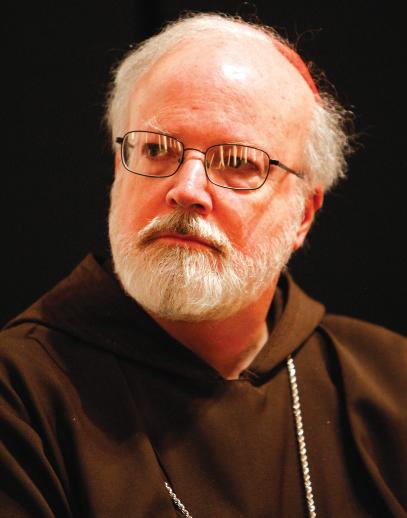
“In Dublin, much has been done already to address the crimes of the past and to develop sound policies to ensure the safety of children and to provide assistance to the victims of child abuse. The task of the visitation is to bring new eyes to the situation, to verify the effectiveness of the present processes used in responding to cases of abuse,” he said.
Cardinal O’Malley will meet with victims of abuse, Irish priests and lay people to gauge their views on the abuse scandal and the process of renewal of the Catholic Church in Ireland.
In his homily at the Mass, Dublin Archbishop Diarmuid Martin said: “Renewal in the Church is vital at any time in the Church’s history.
The Archdiocese of Dublin today is wounded by sinful and criminal acts of priests who betrayed the trust of vulnerable young children.
This behaviour has wounded the body of Christ. People have lost
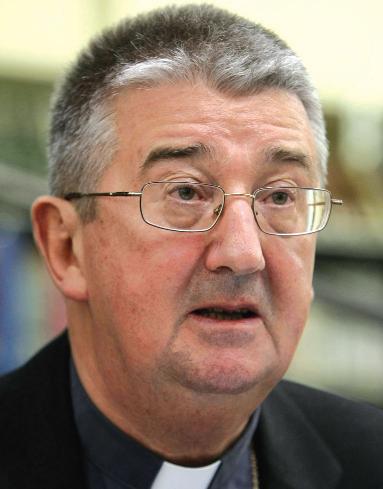
their trust in the Church. For many young people, the recent scandals have become the final element in their alienation from the Church.”
However, he said, renewal will come from conversion.
“That conversion, in its turn, requires recognition of what was done wrong in the past - particularly to the weakest,” he said. “It is not about putting the past aside, but of bearing the wounds of the pastand the truth of the past - with us on a painful process.”
Cardinal O’Malley is expected to return to Dublin early next year for the next phase of the visitation. Archbishops Collins and Prendergast are expected in Ireland before Christmas and Archbishop Dolan is not expected until early 2011. The country’s Religious orders and congregations are in the process of completing questionnaires that will form the first step in the visitation of Religious. In a midNovember statement, the Vatican

said it would issue a comprehensive summary of the investigation’s findings when they are completed.
A 12 November Vatican press release explained the context of the visitation as well as the objectives shared by the visitators. The first stage of the visit is expected to be completed by Easter 2011: “The visitation will identify whether the mutual relationship of the various components of the local Church, seminaries and Religious communities is now in place, in order to sustain them on the path of profound spiritual renewal already being pursued by the Church in Ireland. It also has the goal of verifying the effectiveness of the present processes used in responding to cases of abuse and of the current forms of assistance provided to the victims.”
The Vatican clarified that the visitation is not an investigation into individual abuse cases, nor a “trial to judge past events.” Nor in
any way will it interfere with local civil authorities in their investigations and processes.
Though the visitators are not expected to receive allegations of new or old cases of abuse, the Vatican added, “if any were to arise, such allegations must be reported to the respective ordinaries or major superiors who have the duty to inform the competent civil and ecclesiastical authorities, in conformity with the current civil and ecclesiastical laws.”
The visitators will be available “to meet with those who have been deeply wounded by abuse and who wish to be met and heard, beginning with the victims themselves and their families. They will be received in the same fatherly manner in which Pope Benedict XVI has on several occasions greeted and listened to those who have suffered the terrible crime of abuse.”
The visitators will monitor the functioning and implementation of 2009 guidelines on safeguarding children, looking to see if there are ways in which these directives need to be improved.
The statement contained practical directives for contacting the visitators so that confidentiality will be protected; and mentioned the visitation to Irish seminaries.
“Archbishop Dolan will examine all aspects of priestly formation, and will conduct private interviews with all staff members, all seminarians and, where applicable, other parties normally involved in the life of the seminary,” it said. It is not his task to meet with victims of abuse who, as noted above, may be instead received by the visitators of the four metropolitan Archdioceses.”
Bishops’ conferences should serve prelates, not replace them
... but certain issues require joint response from prelates, Pope says
VATICAN CITY (Zenit.org) - A Bishops’ conference is a useful tool but should never substitute the role of the Bishop or act as an intermediary between a Bishop and the Roman Pontiff, Benedict XVI said.
Addressing the Bishops of the central west region of Brazil on 15 November in Rome for their fiveyearly ad limina visit, the Pope explained that episcopal conferences were created as a “concrete application of the collegial affection of the Bishops in hierarchical communion with the Successor of Peter.”
Its mission, he said, is “to be an instrument of affective and effective communion among all the members, and of efficient collaboration with the pastor of each particular Church in the threefold function of teaching, sanctifying and governing the sheep of his flock.”
Likewise, it is “one of the forms, found under the guidance of the Holy Spirit, which makes possible the joint and harmonious exercise of some pastoral functions for the good of the faithful and of all the citizens of a specific territory,” the Pontiff continued.
However, he alerted, though it must promote “the union of efforts
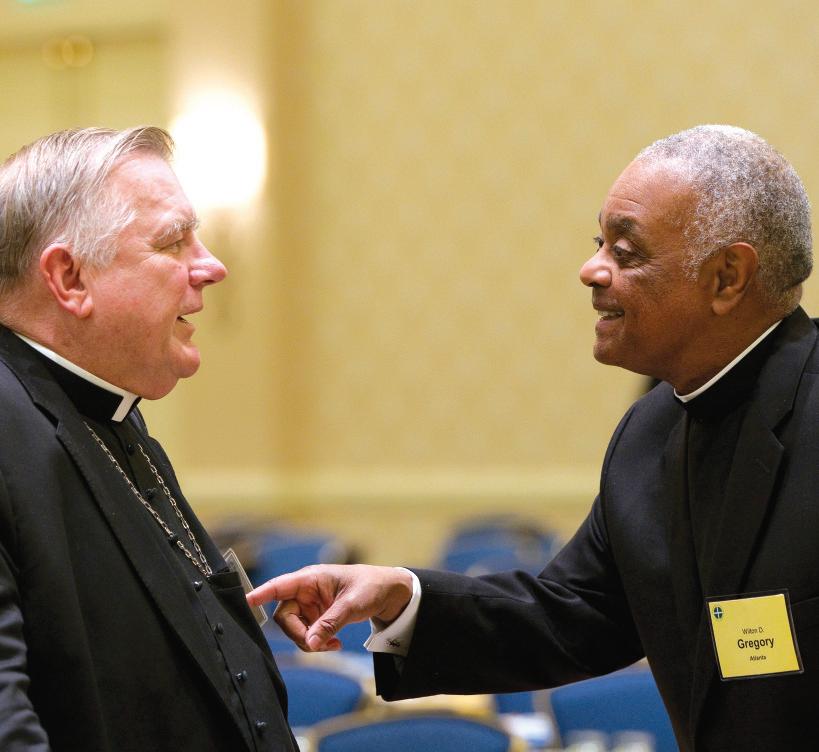
and intentions of the Bishops, becoming an instrument for them to share their toil,” it must “avoid placing itself as a parallel or substitute of the ministry of each of the Bishops,” or “constitute itself as an intermediary between the Bishop and the See of Peter.”
Benedict XVI said it is important
to remember that the advisers and structures of the episcopal conference exist for “the service of the Bishops, not to substitute them.” It is a manifestation of the “pastoral solicitude of the Bishops,” he said, “whose primary concern must be the salvation of souls.”
The Holy Father affirmed that
the essential mission of every episcopal conference is helping the Bishops have greater communication and communion in tasks that affect them all.
“In the faithful exercise of the doctrinal function that corresponds to you, when you come together in your assemblies, dear Bishops, you must above all study the most effective means to have the universal magisterium reach opportunely the people entrusted to you,” he said.
Some topics today call for a joint action from the Bishops, Pope Benedict suggested, pointing specifically to issues such as the promotion and protection of faith and morals, the translation of liturgical books, the promotion and formation of vocations, the elaboration of subsidies for catechesis, the tasks related to ecumenism, and the relationship with civil authorities.
Other topics to be addressed jointly are “the defence of human life, from conception to natural death, the sanctity of the family and of marriage between man and woman, the right of parents to educate their children, religious liberty, the other human rights, peace and social justice,” he continued.
The Pope told the Brazilian Bishops that today’s secularised society demands of Christians a “renewed testimony of life.”
In this way, he said, “the proclamation of the Gospel is received for what it is: The Good News of the salvific action of God who comes to meet man.”
THE WORLD
Secession, love drive Sudan to polls
BY PAUL JEFFREY Catholic News ServiceYAMBIO, Southern SudanCitizens of Southern Sudan lined up on 15 November to register to vote in a January referendum on whether this war-torn region will split from the country’s North.
“People lined up with enthusiasm to register today. They’re happy. The lines moved with joy as people showed their love for their country,” said Fr Thomas Bagbiowia, a parish priest in Riimenze who helped lead the training process for poll workers in Western Equatoria state.
The referendum on independence is scheduled for 9 January, and Fr Bagbiowia admits he does not know anyone who plans to vote against separating the region from the government in Khartoum.
“We southerners have lived for too many years without independence and freedom. It’s time we decide our own destiny. We’ve lived under fear of a centralised government that did nothing for the economic development of our region. Khartoum today is a modern city, but here in the South we don’t even have roads. We southerners have to decide our own destiny,” Fr Bagbiowia told CNS.
Observers expect the vote to overwhelmingly favour independence. Voters in Western Equatoria seemed to agree. “I’m happy we’re separating because we’ve suffered under those Arabs,” said Victor Surur, as he finished registering in the town of Nzara.
Registration was scheduled to continue for 17 days at about 3,000 sites across the country and in eight countries abroad.
In order to pass, the January referendum will need at least 60 per cent of those who registered to actually cast a ballot.
The vote on independence was mandated by the 2005 Comprehensive Peace Agreement that ended nearly five decades of war between northern and southern Sudan. Yet implementing the peace deal has not been easy, and many observers criticise the government in Khartoum for dragging its feet on key provisions while at the same time allegedly working to
destabilise the South in the run-up to the vote.
In this thickly forested area of the country near the border with Congo, many believe that attacks over the past two years by the Lord’s Resistance Army - a brutal Ugandan rebel group that has morphed into a transnational terror squad - have come at the urging of the government in Khartoum, which many here believe is funding the LRA. Thousands of Sudanese families have been displaced, and refugees have fled into Southern Sudan from villages in Congo that have been attacked by the LRA.
Another dispute threatening the success of the January referendum is the future of the fertile border region of Abyei, which has a separate vote scheduled on whether to join the North or the South.
The government of Khartoum has insisted that the Misseriya - a nomadic group that annually visits the Abyei region - be allowed to vote, a move that has been resisted by the mostly Ngok Dinka residential majority.
Given the conventional wisdom that a peaceful referendum is unlikely here, in September Catholic leaders inaugurated a campaign of 101 days of prayer for a peaceful referendum in Southern Sudan. Sponsored by Solidarity with Southern Sudan - a network of volunteer Catholic educators and pastoral workers who have come from all over the world to work with the Church - and with support from the Sudan Catholic Bishops’ Conference, Catholic Relief Services and the Catholic Agency for Overseas Development, participants have pledged to accompany the referendum process with prayer so that no matter the outcome of the vote, peace will prevail. “There are many enemies of peace, but just as they plan for war we’re planning for peace,” said Fr Bagbiowia. “Nothing is impossible for God, so we’re praying every day throughout the diocese for a peaceful referendum.”
A Catholic nun who has worked in the area under the auspices of Solidarity with Southern Sudan for the past two years said all the threats to the independence vote were forgotten, at least temporar-
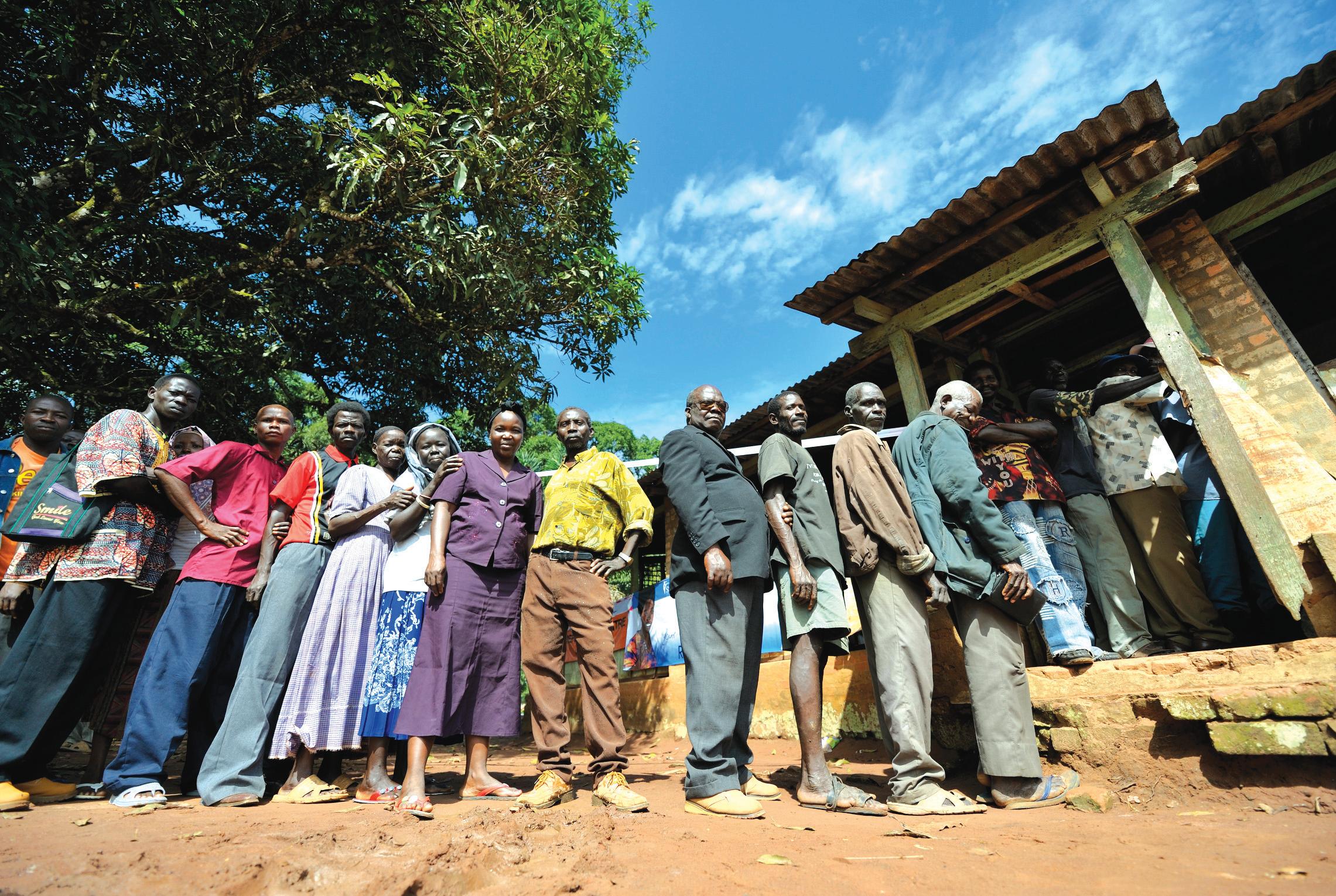
ily, as people lined up at registration centres. “It’s the most important thing at the moment,” said Sr Josephine Njiru of Our Lady of the Missions who visited several registration sites. Sr Njiru, a Kenyan, does education and pastoral work with women and girls. She said many Southern Sudanese youth who can afford it continue to travel to Kenya to study.
“The problem for many of them, however, is that it is difficult to dream of coming back to a country still in chaos,” Sr Njiru told CNS.
“People tell me they’re going to vote yes, because they want independence. That won’t be the end of the matter, though. Women are still being beaten by men. Changing life for all the people is a process that’s going to take a long time.
“With independence, hopefully the new government can focus on education, because if there isn’t good education available here for everyone, then the country can be independent, but there won’t be any progress.”
Sudan
Khartoum
Most of Sudan’s 5.8 million Catholics live in the southern region. The rest of the country is predominantly Muslim. AFRICA
... 37 million 15% ....... ..........
Population ... 37 million Catholics ...... 15% Parishes ....... 238 Priests .......... 396
Rumbek
Juba
Sudan
Source: 2010 Our Sunday Visitor’s Catholic Almanac ©2010 CNS
Orthodoxy necessary but is ‘never enough’
BALTIMORE, Maryland (CNA/ EWTN News) - Cardinal Francis George opened the annual US Bishops’ meeting on 15 November by stressing that Catholics “should not fear political isolation” when upholding their beliefs in the public square.
The US Bishops’ Conference leader also touched on the brutal terrorist attacks that killed dozens of Iraqi Catholics in Baghdad’s Our Lady of Salvation Cathedral recently, calling the act a “martyrdom” of our “brothers and sisters.”
The Cardinal opened his remarks by recalling the Bishops’ public involvement in opposing President Obama’s health care bill which passed this last March.
Although he called health care a “moral imperative,” he decried the removal of the Hyde Amendment from the legislation – a clause which bars federal funding for abortion except in cases of rape, incest or endangerment to the life of the mother.
Laws “that have permitted now 50 million children of our country to be killed in their mother’s
womb” are “immoral and unjust,” he said. “They are destroying our society.”
He referenced challenges to “unity” within the Church on its position in the health care debate, saying there are “those who want to remake the Church according to their own designs or discredit her as a voice in the public discussions that shape our society.” Catholic Health Association leader Sr Carol Keehan and the social justice lobby of sisters called Network incited controversy this year for their public support of the health care overhaul in opposition to the Bishops, a move that some have claimed was critical for the bill’s passage.
Who “speaks for the Catholic Church?” the Cardinal asked. “The Bishops in apostolic communion and in union with the successor of Peter, the Bishop of Rome, speak for the Church in matters of faith and in moral issues and the laws surrounding them.”
The role of Catholics in political debate was also touched on by Cardinal George, who called for “orthodoxy in belief” and “obedi-

ence in practice” from the faithful. “Orthodoxy is necessary but not enough,” he said; “the Devil is orthodox. He knows the Catechism better than anyone in this room; but he will not serve, he will not obey. We should not fear political isolation,” Cardinal George added,
saying the “Church has often been isolated in in politics and diplomacy. We need to be deeply concerned, however, about the wound to the Church’s unity that has been inflicted in this debate,” he said, expressing his hope that “ecclesial communion” could be restored.
Cardinal George then said that the “voice of Christ speaks always from a consistent concern for the gift of human life.” He decried birth control, embryonic stem cell research, in vitro fertilisation, and abortion as “the technological manipulation of life.”
Closing his speech, Cardinal George said he cannot depart from his role as president without speaking of “our Catholic brothers and sisters in Iraq.”
On 31 October, gunmen linked to al-Quaida took over 120 faithful hostage at the Syriac Catholic Cathedral of Our Lady of Salvation in Baghdad during Mass, demanding that the Coptic Church of Egypt release the wife of one of its priests, whom the extremists claimed voluntarily converted to Islam and was subsequently locked
up in a convent. When the Iraqi military raided the Cathedral to free the hostages, over 50 people, including two priests, were killed in a firefight and the explosion of suicide vests by the terrorists.
As he spoke about the attack, Cardinal George paused with emotion as he recalled the story of an American Dominican Sister currently in Iraq. The Religious Sister told a friend of Cardinal George that witnesses saw a three year old boy named Adam follow the terrorists after the murder of his parents, admonishing them by repeating the words “enough, enough,” until he himself was killed.
“We have all experienced challenges and even tragedies that tempt us to say ‘enough.’
“Yet all of our efforts, our work, our failures and our sense of responsibility pale before the martyrdom of our brothers and sisters in Iraq and the persecution of Catholics in other parts of the Middle East, in India and Pakistan, in China and Vietnam, in Sudan and African countries rent by civil conflict.”
Church humbled by abuse scandal still has moral authority

Faith matters
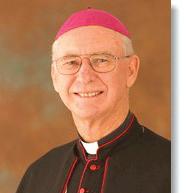
In recent times, principally before and during the papal visit to England and Scotland and then prior to the canonisation of St Mary of the Cross in Rome, sections of the media targeted the Catholic Church, rejoicing in her discomfort as her influence diminished because of the failures of some of her adherents.
The attacks, in the main, were fuelled by the clergy sex abuse scandals. The media message was that sex abuse by clergy and subsequent covering up by some Bishops meant that the Church had forfeited her right to comment on any topic of morality or, for that matter, any topic concerning the common good.
Of course, the sexual abuse of minors is a criminal act and it, and other forms of abuse of persons, is rightly abhorred.
We know that some Bishops and other authorities in the Church have let down victims by their failure to take effective action.
All this has left some lay Catholics, Religious, priests, and I’m sure a few Bishops, confused and wondering what to do.
Should the Church tough it out, or should she refrain from public comment, adopt a low profile and go underground?
I suggest that it is none of those things. It cannot be business as usual because, in addition to the pain of the victims, other Catholics feel that their trust has been betrayed and many priests who strive daily to lead lives worthy of their vocation also feel betrayed by priest perpetrators.
The Church is shamed and humbled.
But a humble Church can preach the Gospel more convincingly than one in whose halls abuse has been overlooked.
Should the Church react to this climate by adopting a lower profile and refraining from comment on matters touching morality? Well, of course, if she is to remain true to herself, she can’t!
The Church is charged with preaching the Gospel of Jesus Christ and that is why she cannot keep silent.
She has a duty to teach doctrine to Catholics and to nurture their sacramental and liturgical life.
The Gospel does not permit silence in the face of global injustice or ‘no comment’ in the beginning and end of life issues where the sanctity of human life is under threat.
She must continue to contribute to the ethical framework of a society so that abortion and, now, euthanasia are not treated as purely private matters. As humble servants of the Gospel of Jesus Christ, all Catholics must take courage, speak up and witness to the true message of Jesus.
Above all, the Church has the duty, in love, to serve the vast majority of Catholics and the vast majority of priests who have not been caught up in the sex abuse scandals and who continue to look to the Church for their spiritual nourishment, welfare and guidance in setting their moral compass.
And what about the great numbers of adults who are becoming Catholics? In dioceses throughout the world, adults are embracing the Catholic faith. They cannot be doing this in ignorance of the sex abuse scandals.
Our duty is to welcome them into a Church that is humble, yes, but confident in the authenticity and attraction of its message: God so loved the world that He sent us Jesus Who has saved us and through whom eternal life is made available to us.
The gravity of the clerical sex abuse scandals must be humbly acknowledged by the Church; she must learn from them and, with the help of lay people and professional experts, be ever vigilant lest her structures and those responsible for operating them allow such a cancer to thrive again.
But she cannot shrink from her mission: to proclaim the truth of Christ, the One who came to serve and Who guaranteed to be with us until the end of time.
MacKillop surprises ‘adopted’ American
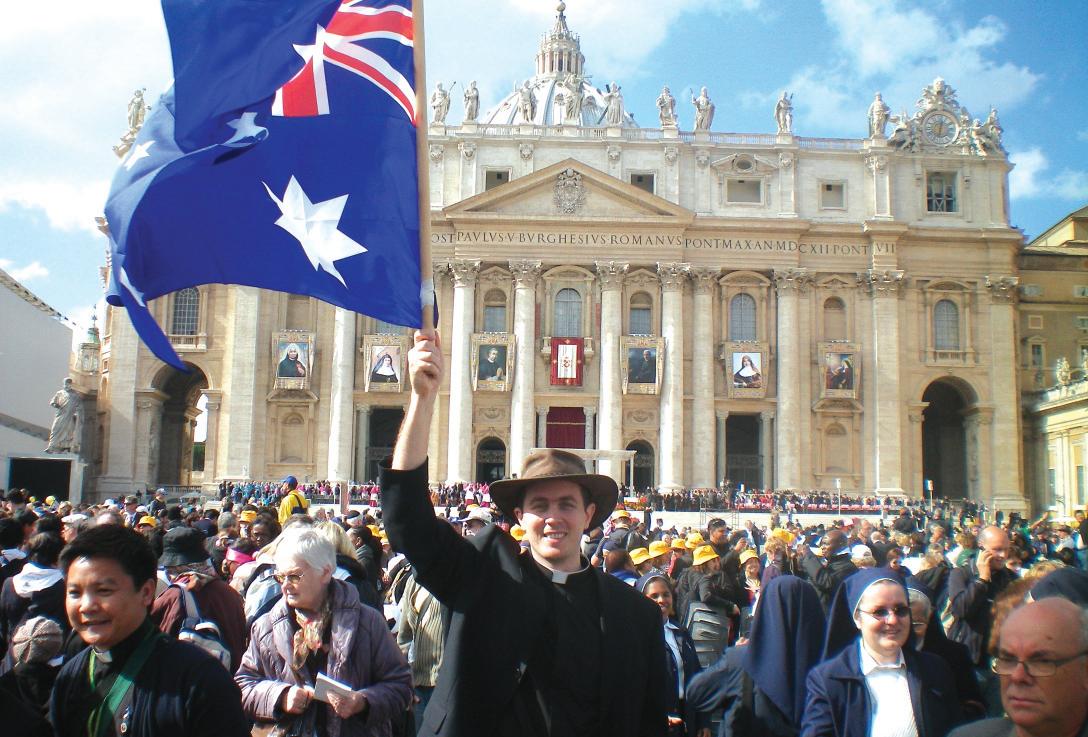
Eternal city ... and beyond
A Perth boy’s journey to the priesthood
By Mark Baumgarten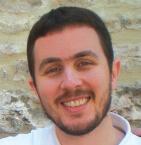
Greetings from the land of pasta, siestas and scooters. Life here has been even more full than normal over these past few weeks.
At the college, the orientation programme has given way to the regular programme of life, yet several notable happenings have been taking place on the side as well.
Obviously, the most significant extracurricular happening of late has been the canonisation of St Mary of the Cross MacKillop.
It has been an immense privilege and more than a little surreal to be in Rome for it all, and I must admit that it affected me more than I thought it would.
One day, Rome had the usual mix of bustling tourists and locals who had seen it all before, and almost overnight it was overtaken by a horde of Australian pilgrims, radiating a unique buzz that even several locals have commented to me about.
Hearing the Australian accent throughout the streets of Rome never failed to bring a smile to my face, and the canonisation ceremony itself in the square of St Peter’s had a real coming-of-age feel to it.
The Thanksgiving Mass the following day was also a remarkable experience, as the normally cavernous space of the Basilica of St Paul Outside the Walls was packed full with thousands of beaming Aussies.
I enjoyed following the coverage back home, and was encouraged by how much people seemed to be getting into it all.
It was also heartening to have our Archbishop visit with us following the festivities so as to renew that tangible connection with the Church back home.
A week earlier, 30 of my housemates were ordained for the Diaconate (the last step before priesthood), including one of my
brother seminarians from Perth. The ceremony took place in St Peter’s Basilica (though not with the Pope), and I had the privilege of being part of the choir for Mass.
The sheer size of St Peter’s makes it a difficult place to sing - the sound seems to evaporate into thin air as soon as it’s out of your mouth - and having the brass section less than a metre from me didn’t help, but afterwards everyone said we sounded fine.
It was a bit surreal to think that, God willing, it will be me with my forehead on the floor in three years’ time.
During the post-ordination celebrations at the North American College, we had several civil and religious dignitaries in attendance. Due to a recent terrorism warning in Europe, this meant that we had a noticeable security presence on campus for the afternoon. It turns out that the NAC is the largest stable civilian group of Americans in one place outside the US. It occurred to me that, in this regard, I’m effectively an American now (that is, by living in a prominent American institution in Europe).
I can only imagine what things will be like during the coming Consistory, when the NAC will be hosting all the American Cardinals.
Well, after a lengthy period of orientation and language studies, regular classes have finally begun. Indeed, it’s a bit strange to think that Christmas is approaching, and yet the school year is only a few weeks old. Nonetheless, it’s good to finally feel like a real student here instead of something approximating a glorified tourist.
Most of my lecturers speak fairly clear Italian, and at this point I can probably understand about a third of the lectures.
Indeed, it is becoming clear that having English as the house language at the NAC is both a blessing and a curse, in that we are generally slower at picking-up Italian than many others in our classes.
Nonetheless, the senior students assure us that passive comprehension starts to really come together after a few months, and in the meantime the various class notes and readings help make sure that
we don’t miss out on too much content (my personal notes are a mixture of Italian and English, sometimes in the same sentence).
On the whole, I’m finding the material to be both interesting and not overly dense, though studying Latin in Italian is doing my head in a bit.
The start of classes also means that I am now out in the city almost every day and, as such, amusing little vignettes of Roman life are starting to emerge on a regular basis. For example, the only time we ever seem to see the Roman police doing anything is when they serve as traffic controllers at the major intersections during peak hour.
The traffic lights work fine, but in the tradition of “everyone-elseis-doing-it-so-why-can’t-I?”, when the traffic police are absent Roman drivers invariably fill the neutral space between the amber light and the red blocking the path of cars travelling in the perpendicular direction and thus making the bad peak hour traffic infinitely worse.
Mind you, it only took me a few days here to start crossing the road like a Roman (basically just walking in front of traffic at the slightest gap provided they’re not going too fast to stop), so I guess I can’t complain.
There is also apparently a superstition held by some Romans that walking in between two priests on the footpath can cause infertility.
Given that we wear clerics out to classes in the mornings, some of the guys have fun with it on occasion: two of them will walk on opposite sides of the pedestrian avenue and watch as some people go out of their way to squeeze around the outside – hours of fun for the whole family.
Of course, the in-your-face poverty and homelessness - combined with a decent helping of charlatans - that one finds on the streets here is less amusing.
Indeed, discerning how to respond appropriately to the regular requests (particularly given that we are often dressed in clerics and thus visibly representing Christ and the Church) is a regular topic of discussion and concern amongst the guys here.
Canonisation sparks revelation for Campion lads
The memory of the 17 October canonisation of St Mary of the Cross MacKillop remains strong for two Perth students, David Chua and Mathew Biddle, of Campion College in Sydney which chose two students to represent it in Rome. David gave his account exclusively for The Record.
Sunday, 17 October 2010. I am standing within the vast confines of St Peter’s Square and I am utterly overwhelmed. St Peter’s Basilica looms ahead, a towering travertine edifice, perhaps the grandest thing I have ever seen.
Bernini’s fountains gush on either side in all their beauty. I pause and wonder: am I really at home here? I, an 18 year old student, studying at a new tertiary institution … from Australia of all places! I know absolutely no Italian whatsoever.
Reality, however, speaks otherwise. Australian flags are flying through the air beside me and hallowed St Peter’s is filled with a distinctively Australian joy as Papa Benedetto pronounces Mariam a Cruce MacKillop as enrolled in the catalogue of saints. I may not understand Italian, but this Latin is perfectly comprehensible.
Two days later I retrace the steps of Mary MacKillop herself to the Church of the Gesu, and find myself at the Collegio Romano, founded by St Ignatius of Loyola himself, a physical testimony to the enduring integrity of the Jesuit educational tradition.
I think to myself, ‘St Edmund Campion would be at home here’ … and so am I.
I am a member of the Universal Church and, of course, I am a student of the liberal arts in the spirit of Edmund Campion and the Jesuit tradition.
Rome truly is home … for a Campion student, at least. My stay in the Eternal City has been short but I think I have been touched enough to identify


To think is human. To act ...
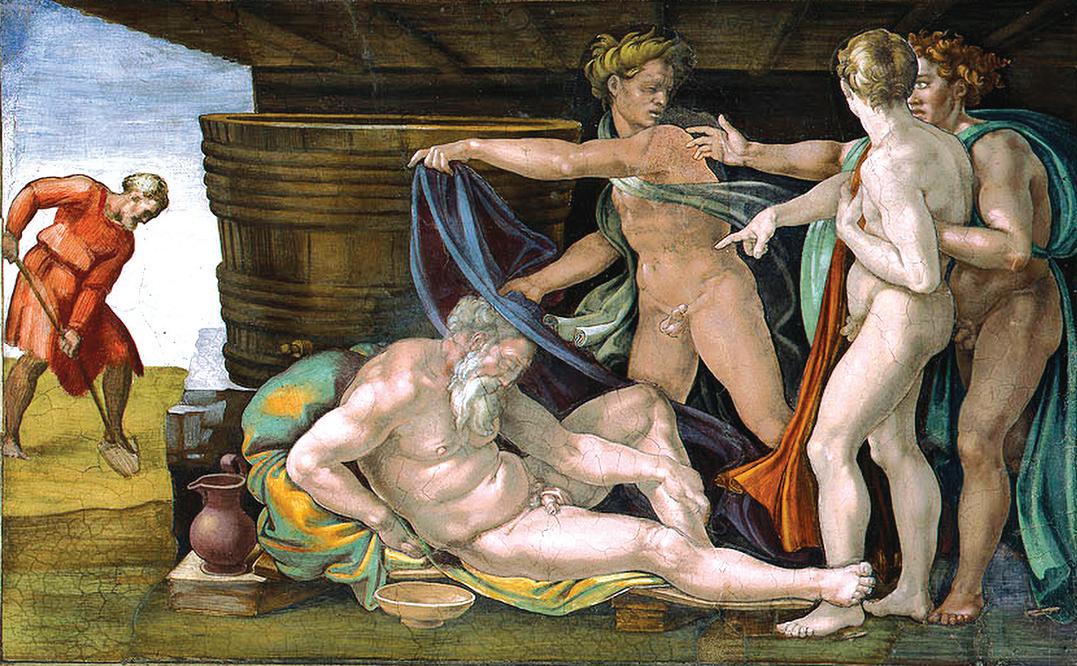 Q&A
Q&A
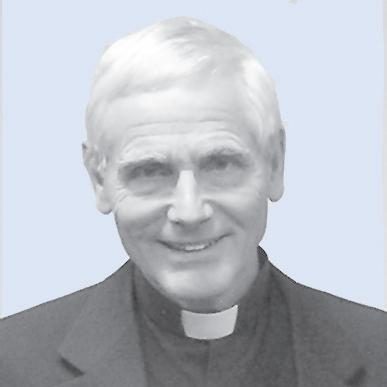 By Fr John Flader
By Fr John Flader
Sins of thought
Q: I have two questions regarding internal sins. Are sinful thoughts, for example impure thoughts, always sinful? And can these thoughts, for example of lust, be mortal sins?
This is a very important question on which I believe there is a great deal of confusion. Many people believe they are sinning internally when in fact they are not sinning at all, while others may be sinning mortally without realising it.
Let us begin by looking at the genesis of internal sins since it is in this way that we can see the progression from a thought which is not sinful, to a thought which is a venial sin and finally, on occasion, to one which is a mortal sin.
We all have the experience of having thoughts of all sorts pop into our minds unexpectedly and without our having desired them. Some of them are good, such as the sudden remembrance that we need to ring someone, a fond memory of a loved one, or the thought that we are in the presence of God.
Other thoughts are what we would call “bad”, for example a thought of anger against someone who has hurt us, of impure desire, of hatred, etc.
suddenly become aware that the thought is there and that we should reject it. If at that point we make the effort to get rid of the thought, to pray for help, to focus our mind on something good, there is no sin at all. This is the case even if the thought remains in our mind for some time while we try to reject it.
This point is very important, since some people confess “having had impure thoughts” when in fact they did not consent to the thoughts and therefore committed no sin.
If, however, when we realise that the bad thought is in our mind we do not make the effort to reject it but, rather, begin to dwell on it, to take pleasure in it, then we are consenting with our will and there will be sin.
The sin will usually be only venial at first. No matter how vile or serious the thought in itself – such as thoughts of harming someone, of suicide, of hating God, of committing an act of impurity – if we consent to it only for a short time and then reject it, it will not be a mortal sin.
It is simply a matter of human weakness to be slow to reject thoughts that we know are wrong, no matter how bad they may be. But if we deliberately retain these thoughts for a longer time, if we begin to imagine or plan how we might carry out the act or to fantasise in detail about a particular situation, then we can be sinning mortally.
with St Mary’s own sentiments in 1873 when she herself was in Rome: I feel more trust in God than ever … more love for the
awesome mystery of God’s ways. I shall leave Rome with a happy and grateful heart. Let us thank God for all.
When these involuntary thoughts come while we are praying or engaged in some other good work, we tend to call them distractions, no matter whether they are “good” or “bad”.
The fact of having these undesired thoughts is not, in itself, sinful – or meritorious in the case of the “good” thoughts. It is simply a manifestation of the fact that we are human, that our imagination is active and it conjures up a constant stream of thoughts.
There is no sin in the case of the bad thoughts, no matter how long they have been in our imagination, unless we consent to them. Thus we can be thinking a thought for some time, almost without realising it, and then
Jesus’ words in the Sermon on the Mount are very clear: “You have heard that it was said, ‘You shall not commit adultery.’ But I say to you that everyone who looks at a woman lustfully has already committed adultery with her in his heart” (Mt 5:27-28).
And St Thomas Aquinas writes with respect to thoughts of fornication: “When one thinks about fornication and delights in the activity, this occurs because his affections are bent to the act of fornication itself. When one consents to this type of delight it is equivalent to consent to affection for fornication … If one deliberately chooses to fix his desire on something that is gravely sinful, it is a mortal sin” (STh I-II, q 74, a 8).
We should always struggle to control our thoughts and have purity of heart. The book of Sirach says: “Whoever keeps the law controls his thoughts” (Sir 21:11). And Jesus says: “Blessed are the pure in heart, for they shall see God” (Mt 5:8).
PANORAMA
Panorama entries must be in by 12pm Monday.
Contributions may be emailed to office@therecord.com.au, faxed to 9325 4580, or mailed to PO Box 3075, Adelaide Terrace, Perth WA 6832.
FRIDAY, 19 NOVEMBER
Divine Mercy Thanksgiving Mass
2 to 4pm at St Jerome’s Church, 36 Troode St, Munster. Exposition of the Blessed Sacrament followed by Mass celebrated by Fr Bogoni. There will be Divine Mercy Chaplet and Talk on Divine Mercy. All Divine Prayer Groups and everyone are invited to this celebration. Enq: Connie 9494 1495 or Edita 9418 3728.
FRIDAY, 19 NOVEMBER SUNDAY, 21 NOVEMBER
Christ the King - Retreat Celebrating Karriholm’s 25th Anniversary
Presented by the Holy Spirit of Freedom Community will be held at Karriholm - God’s Sanctuary. Enq: Joyce 9776 1397 or hsofpemberton@gmail.com or www.hsof.net.
SATURDAY, 20 NOVEMBER
The Annual Holy Mass at the Grotto
10.30am at Richard and Judy Priestley’s Farm. Directions – take Great Eastern Hwy to El Caballo Blanco, turn south into Wariin Rd, turn east into Chinganning Rd, travel 2.2km; the farm gate is on the right. Bring a chair and a hat. BBQ meat will be provided at no cost for lunch. All welcome. Enq: 0428 502 749.
Christ the King - Pemberton Eucharistic Candlelight Procession
7pm at Sacred Heart Parish, Pemberton. In conjunction with the Holy Spirit of Freedom Community, invite you to join the Parish Mass followed by a Eucharistic Candlelight Procession to Karriholm - God’s Sanctuary, Benediction and Blessing of the Sick. Supper served.
A Morning Retreat - Inner Joy
9am-12 noon. Presented by Murray Graham, Inigo Centre Director, will be held at MacKillop Room, John XXIII College. Cost - donation for Inigo Centre. Registration required. Enq: Murray 9383 0444 or graham.murray@ johnxxiii.edu.au.
SATURDAY, 20 NOVEMBER AND SUNDAY, 21 NOVEMBER
MenAlive Retreat
8am at Willetton Catholic parish. Registration followed by Retreat at 9am, followed by Mass. BYO lunch. Barbeque dinner provided. Registration required. Enq: 9332 5992 or www.johnpaulwilletton.org.au.
SUNDAY, 21 NOVEMBER
Art Show by North Beach Parish Art Group.
10.30am–5pm, Our Lady of Grace Pastoral Centre, 3 Kitchener St, North Beach. Christmas bargains from a range of original and affordable artwork. Icons painted by group members displayed in church will be blessed at Sunday Mass, then taken in procession to the centre exhibition opening. Morning tea provided. Enq: Angela 9349 3173 or Parish 9448 4888.
Solemnity of Christ the King
2pm at Shrine of Virgin of the Revelation, 36 Chittering Rd, Bullsbrook. Commencing with exposition of the Blessed Sacrament and Consecration to the Sacred Heart of Jesus, Universal King. Eucharistic procession precedes the Holy Mass. All welcome. Enq: 9447 3292.
Taize Prayer Service
7pm-8pm at Sisters of St Joseph’s Chapel, 16 York St, South Perth. You are invited to join in the Thanksgiving Prayer for the Canonisation of Saint Mary MacKillop. Bring a plate to share and a torch. St Mary MacKillop Memorabilia merchandise on sale. Enq: Sr Maree Riddler 0414 683 926.
Mini Christmas Craft Fair
10am-3.30pm at Notre Dame Church, Wright St, Cloverdale. All the usual treats. Come along and purchase your Christmas gifts from our selection of handmade gifts, purchase a homemade cake or preserve. All funds raised go to assisting our WYD representative, parish commitments and the Water Project in East Timor.
WEDNESDAY, 24 NOVEMBER
Hosted by Knights of the Southern Cross - talk by
MenAlive Retreat leader Robert Falzon
6pm at Michael Keating Room, University of Notre Dame, 10 Cliff St, Fremantle. Refreshments provided. Registration for event required. Enq: 9470 4922 or kswca. office@perthcatholic.org.au.
FRIDAY, 26 NOVEMBER
Taize Prayer
7.30pm at St Mary’s Cathedral. Taize prayer is a valuable way of preparing for Advent. Both for those who have experienced this form of prayer and those who would like the experience. All welcome, bring a friend and join us.
Medjugorje – Evening of Prayer
7-9pm at the Sacred Heart Parish, 50 Ovens Rd, Thornlie. Thanksgiving for Our Blessed Mother’s alleged daily apparitions at Medjugorje with Adoration, Rosary, Benediction and Holy Mass. Free inspirational DVD on Fr Donald Calloway’s conversion from drugs and selfdestructive lifestyle to the priesthood available on night. Enq: Eileen 9402 2480 or 0407 471 256.
SATURDAY, 27 NOVEMBER
A Morning Retreat - Growing in Love
9am-12 noon at MacKillop Room, John XXIII College. Ignatian Spirituality Presented by Murray Graham, Inigo Centre Director. Cost - donation. Registration required. Enq: Murray 9383 0444 or graham.murray@johnxxiii. edu.au.
Novena
5.30pm at Holy Trinity Church, Embleton. Devotions in honour of Our Lady of Good Health, Vailkanni followed by the Vigil Mass. Enq: Church Office 9271 5528 or George 9272 1379.
SATURDAY, 27 NOVEMBER AND SUNDAY, 28 NOVEMBER
MenAlive Retreat
8am at Infant Jesus Catholic Parish, Morley. Registration followed by Retreat at 9am, followed by Mass. BYO lunch. Barbeque dinner provided. Registration required. Enq: 9276 8336.
Annual Bumper Garage Sale
9am-6pm at Redemptorist Monastery Grounds, 190 Vincent St, North Perth. Homemade Christmas cakes, biscuits, muffins, bric-a-brac, household goods, gift items, books, jams, pickles, plants plus several raffle prizes. Stock up for Christmas, pick up a bargain and have some fun.
TUESDAY, 30 NOVEMBER
Day Of Reflection
10.30am at St Paul’s, 106 Rookwood St, Mt Lawley. Rosary, Holy Mass and talks. Concluding 2pm. Celebrant and speaker Fr Timothy Deeter. Theme - Fruits of Marian USA Conference. Shared lunch. Tea/coffee supplied. Enq: 9341 8082.
FRIDAY, 3 DECEMBER
Catholic Faith Renewal Evening
7.30pm at St John and Paul’s Parish, Pinetree Gully Rd, Willetton. Christmas Carols, sharing by Fr Hugh Galloway followed by Thanksgiving Mass and light refreshments after Mass. We encourage you to bring your family and friends. Enq: Kathy 9295 0913 or Ann 0412 166 164 or catholicfaithrenewal@gmail.com.
Pro-Life Witness
9.30am at St Brigid’s, Midland. Commencing with Mass followed by Rosary procession and prayer vigil at nearby abortion clinic. All are invited to come and pray for the conversion of hearts and an end to abortion. Enq: Helen 9402 0349.
SATURDAY, 4 DECEMBER
Day with Mary
9am to 5pm at Immaculate Heart of Mary Parish, 104 Scarborough Beach Rd, corner Deanmore Rd,
Scarborough. Day of prayer and instruction based on the Fatima message. 9am Video; 10:10am Holy Mass; Reconciliation, Procession of the Blessed Sacrament, Eucharistic Adoration, Sermons on Eucharist and Our Lady, Rosaries and Stations of the Cross. BYO lunch. Enq: Franciscan Sisters of the Immaculate 9250 8286.
Witness For Life
8.30am at St Augustine’s, Gladstone Rd, Rivervale. Commencing with Mass celebrated by Fr Paul Carey, followed by Rosary procession and prayer vigil at nearby abortion clinic. All are invited to come and pray for the conversion of hearts and an end to abortion. Enq: Helen 9402 0349.
SUNDAY, 5 DECEMBER
Divine Mercy
1.30pm at Francis Xavier Church, 25 Windsor St, East Perth. An afternoon with Jesus and Mary. Fr Begoni to speak on God’s Love and Mercy. Refreshments afterwards. Enq: John 9457 7771.
TUESDAY, 7 DECEMBER
Catholic Charismatic Renewal: Mass and Celebrations
7pm at Holy Family Church, Thelma St/Canning Hwy, Como. Prayer Teams available after Mass for personal prayer. A collection will be taken up. Please bring a plate for light supper. Enq: Dan 9398 4973.
WEDNESDAY, 8 DECEMBER
Alan Ames Healing Service
7pm at Holy Family Church, 2 Burt St, Kalamunda. Mass followed by healing service.
SATURDAY, 11 DECEMBER
Divine Mercy and Healing Mass
2.30pm at St Francis Xavier’s Church, 25 Windsor St, East Perth. Main celebrant will be Fr Marcellinus Meilak, OFM. Divine Mercy Prayers, followed by the Veneration of First Class Relic of St Faustina Kowolska. Reconciliation in English will be offered. Refreshments afterwards. Enq: John 9457 7771.
St Padre Pio Day of Prayer
8.30am at St Mary’s, Franklin St, Leederville. Programme as follows: St Padre Pio DVD in parish centre. 10am Exposition of the Blessed Sacrament, Rosary, Divine Mercy, Silent Adoration and Benediction. 11am Holy Mass, St Padre Pio Liturgy, Confessions available. 12pm Shared lunch, tea and coffee supplied. Enq: Des 6278 1540.
EVERY SUNDAY
Pilgrim Mass - Shrine of the Virgin of the Revelation 2pm at Shrine, 36 Chittering Rd, Bullsbrook. Commencing with Rosary followed by Benediction. Reconciliation is available before every celebration. Anointing of the Sick administered during Mass every second Sunday of the month. Pilgrimage in honour of the Virgin of the Revelation, last Sunday of the month. Side entrance to the church and shrine open daily between 9am-5pm. Enq Sacri 9447 3292.
Extraordinary Form of Latin Holy Mass 11am Sunday and 7.30pm Monday except 3rd Monday of the month, at St Joseph’s Parish, 20 Hamilton St, Bassendean.
EVERY SUNDAY IN NOVEMBER
New Studio Sale to support the Cathedral 9am-12pm at 213 Yangebup Rd, Yangebup. Work by Margaret Fane at 50% off and offers considered to make way for new work. Enq: Margaret 0432 834 743 or margaretfane.com.au.
THIRD SUNDAY OF THE MONTH
Oblates of St Benedict 2pm at St Joseph’s Convent, York St, South Perth. Oblates are affiliated with the Benedictine Abbey of New Norcia.
All welcome to study the rule of St Benedict and its relevance to the everyday life of today for lay people. Vespers and tea later. Enq: Secretary 9457 5758.
EVERY FOURTH SUNDAY OF THE MONTH
Holy Hour for Vocations to the Priesthood, Religious Life
2-3pm at Infant Jesus Parish, Wellington St, Morley. The hour includes Exposition of the Blessed Eucharist, silent prayer, Scripture and prayers of intercession. Come and pray that those discerning vocations to the priesthood or Religious life hear clearly God’s loving call to them.
LAST MONDAY OF EVERY MONTH
Christian Spirituality Presentation
7.30-9.15pm at the Church hall behind St Swithan’s Anglican Church, 195 Lesmurdie Rd, Lesmurdie. Stephanie Woods presents The Desert Period of Christianity, 260 to 600AD. From this time period came the understanding of the monastic lifestyle and contemplative prayer. No cost. Enq Lynne 9293 3848.
EVERY TUESDAY NIGHT
Novena and Benediction to Our Lady of the Miraculous Medal
6pm at the Pater Noster Church, Marmion and Evershed Sts, Myaree. Mass at 5.30pm. Enq: John 0408 952 194.
EVERY WEDNESDAY
Holy Spirit of Freedom Community
7.30pm at The Church of Christ, 111 Stirling St, Perth. We are delighted to welcome everyone to attend our Holy Spirit of Freedom Praise Meeting. Enq 9475 0155 or hsofperth@gmail.com.
SECOND WEDNESDAY OF THE MONTH
Chaplets of the Divine Mercy
7.30pm at St Thomas More Catholic Church, Dean Rd, Bateman. A beautiful, prayerful, and sung devotion will be accompanied by Exposition and followed by Benediction. All are welcome. Enq: George Lopez on 9310 9493(h) or 9325 2010(w).
EVERY THURSDAY
Cathedral Praise Meeting
7.45pm at 450 Hay St, Perth. A journey of Intercessory Prayer, Revelation and Healing by Kaye Rollings, FMI. Please bring a Bible. Enq: 9382 3668 or 0439 981 515.
Catholic Questions and Answers
7-7.30pm at St Joseph’s Parish Centre, 20 Hamilton St, Bassendean. Catechesis learned easily with questions and answers. The Catechism of the Catholic Church. Adult learning and deepening of the Catholic Faith, with Fr John Corapi DVD series, 7.30-9pm.
Divine Mercy
11am at St John and Paul Church, Pine Tree Gully Rd, Willetton. Pray the Rosary and Chaplet of Divine Mercy, and for the consecrated life especially here in John Paul parish, conclude with veneration of the First Class Relic of Saint Faustina. Please do come and join us in prayer. Enq: John 9457 7771.
Taize Prayer and Meditation
7.30-8.30pm at Our Lady of Grace Church, 3 Kitchener St, North Beach. Prayer and meditation using songs from the Taize phenomenon. In peace and Candlelight we make our pilgrimage. All are warmly invited. Enq: Joan 9448 4457 or parish 9448 4888.
FIRST FRIDAY OF THE MONTH
Holy Hour for Vocations to the Priesthood and Religious Life
7pm at Little Sisters of the Poor Chapel, 2 Rawlins St, Glendalough. Mass, followed by Adoration with Fr Doug Harris. All welcome. Refreshments provided.
Panorama continued from page 18
Communion of Reparation All Night
Vigil
7pm-1am at Corpus Christi Church, Lochee St, Mosman Park. Vigil consists of Mass, Rosary, Confession and Adoration. Celebrant Fr T Bogoni. All warmly welcomed. Enq: Vicky 0400 282 357.
Catholic Faith Renewal Evening
7.30pm at St John and Paul’s Parish, Pinetree Gully Rd, Willetton. Songs of Praise, sharing by a priest followed by Thanksgiving Mass and light refreshments after Mass. All welcome to attend and bring your family and friends. Enq: Kathy 9295 0913, Ann: 0412 166 164 or catholicfaithrenewal@gmail.com.
The Alliance, Triumph and Reign of the United Hearts of Jesus and Mary.
9pm at St Bernadette’s Church, Glendalough. Commences with exposition of the Blessed Sacrament followed by Reflections, Rosary and alternating with healing sessions. Vigil concludes with the Holy Mass at midnight. Come, be healed and be part of the Lord’s Mighty Work. Enq: Fr Doug 9444 6131 or Dorothy 9342 5845.
Healing Mass
7pm at St Peter’s Parish, Wood St, Inglewood.
Reconciliation, praise and worship, exposition of Blessed Sacrament, Benediction, anointing of the sick, and special blessing. Celebrants Fr Sam and other clergy. All welcome. Enq: Priscilla 0433 457 352, Catherine 0433 923 083 or Mary-Ann 0409 672 304.
AA ALCOHOLICS ANONYMOUS
Is alcohol costing you more than just money?
Enq: AA 9325 3566.
OPPORTUNITY FOR COMMUNITY SERVICE
Emmanuel Self-Help Centre for People with Disabilities is looking for volunteers to transport newspapers and other recyclable paper from its Perth office to a Canning Vale paper mill about every six weeks. Manual car driver’s licence required. Physical fitness is advantageous as heavy lifting is involved; Centre staff will assist. Enq: Fr Paul 9328 8113 or emmanuelcentre@westnet.com.au.
T HURSDAY, 18 NOVEMBER AND THURSDAY, 16 DECEMBER
St Mary’s Cathedral Parish Praise Meeting -When The Spirit Comes
7.45pm at Cathedral Parish Centre, 450 Hay St, Perth. Week 1: Awakening to God.
WWW.THE RECORD.COM.AU

ACCOMMODATION
HOLIDAY ACCOMMODATION
ESPERANCE 3 bedroom house f/furnished Ph 09 9076 5083.
BOOK BINDING
NEW BOOK BINDING, General Book Repairs; Rebinding; New Ribbons; Old Leather Bindings Restored. Tydewi Bindery 0422 968 572.
TRADE SERVICES
BRENDON HANDYMAN
SERVICES Home, building maintenance, repairs and renovations. NOR. Ph 0427 539 588.
BRICK RE-POINTING Ph Nigel 9242 2952.
PERROTT PAINTING Pty Ltd
For all your residential, commercial painting requirements. Ph Tom Perrott 9444 1200.
PICASSO PAINTING Top service. Ph 0419 915 836, fax 9345 0505.
LAWN MOWING
WRR LAWN MOWING & WEED SPRAYING Garden clean ups and rubbish removal. Get rid of bindii, jojo and other unsightly weeds. Based in Tuart Hill. Enq 9443 9243 or 0402 326 637.
FURNITURE REMOVAL
ALL AREAS. Competitive Rates. Mike Murphy Ph 0416 226 434.
DAYBREAK HEALING
Each session offers computerised health scan.
ACUPUNCTURE Aroma-oil Cupping Massage.
CLINIC: Guildford / Morley Ph: 0438-979036.

Deadline: 11am Monday
RELIGIOUS PRODUCTS
CATHOLICS CORNER Retailer of Catholic products specialising in gifts, cards and apparel for Baptism, Communion and Confirmation. Ph 9456 1777.
Shop 12, 64-66 Bannister Rd, Canning Vale. Open Mon-Sat.
OTTIMO Convenient city location for books, CDs/DVDs, cards, candles, statues, Bibles, medals and much more. Shop 108, Trinity Arcade (Terrace level), 671 Hay St, Perth. Ph 9322 4520. Mon-Fri 9am-6pm.
RICH HARVEST YOUR CHRISTIAN SHOP Looking for Bibles, CDs, books, cards, gifts, statues, Baptism/Communion apparel, religious vestments, etc? Visit us at 39 Hulme Ct (off McCoy St), Myaree, Ph 9329 9889 (after 10.30am Mon to Sat). We are here to serve.
KINLAR VESTMENTS Quality hand-made and decorated vestments: Albs, Stoles, Chasubles, altar linen, banners etc. 12 Favenc Way, Padbury. By appointment only. Ph Vicki 9402 1318 or 0409 114 093.
SETTLEMENTS
ARE YOU BUYING OR SELLING
real estate or a business? Why not ask Excel Settlements for a quote for your settlement. We offer reasonable fees, excellent service and no hidden costs.
Ring Excel on 9481 4499 for a quote. Check our web site on www.excelsettlem ents.com.
FOR SALE
ART FOR THE CATHEDRAL www.margaretfane.com.au.
OPPORTUNITIES
FEMALE HOUSE MATE WANT-
ED Opportunity to live with young Catholic women in the style of the Emmanuel community. A room will be available at the end of the year to join a household of four. Where: 29 Jugan St, Mount Hawthorn, close to St Bernadette’s Glendalough, shopping and cafes. Enq: Olivia livlav@hotmail.com or 0423 415 823
BUSINESS OPPORTUNITY
Work from Home - P/T or F/T, 02 8230 0290 or visit www.dreamlife1.com
WANTED TO BUY
ABORIGINAL & PACIFIC IS ARTEFACTS & ARTWORK.
Private collector buying all old shields, weapons, paintings, figures, collections etc. Will travel anywhere 0433 143 278.
FINANCE ASSIST
Have you gone as far up the ladder as you want? Is making money no longer your prime interest in life? Do you want to make a contribution to a worthwhile cause? Are you fit and do you like physical work, some of it hard, with plenty of variety? Are you able to give over and beyond a duty list? If this is not you, you would find this a “dead end job”. If it is you it could be rewarding and fulfilling. Some financial remuneration but not a lot, with free accommodation in lovely bush setting one hour from Perth. Single or couple. Trial period . Not for anyone looking for “a soft spot to lie down” nor for a clockwatcher, nor for someone wanting to make a lot of money, nor for someone who is critical of others or who can’t get on with others.
Contact 08 93285171
MISSION MATTERS FOR THE FEAST OF CHRIST THE KING
In today’s gospel we are reminded that even while suffering and dying on the cross, Jesus reaches out to those suffering around him with the gift of Salvation, the gift of Life. On this Feast of Christ the King, this example of Jesus redefines the true meaning of Kingship and the notion of God’s Kingdom in the world as one of service, sacrifice and love. Today’s feast is both a challenge and an opportunity for us to become aware of our missionary calling, to bring about God’s Kingdom by reaching out through charity, service and sacrifice to those suffering around us, whether across our streets or across the world. Thank you for your generous support for Catholic Mission, your support for the missionary work and presence of our Church amongst the poor of our world, but remember, there is always more to do as subjects of Christ, our King. Should you want to explore this notion of service & sacrifice by spending part or all of your next overseas holiday in the company of Catholic missionaries to witness how God’s Kingdom is realized, then give this office a call on 9422 7933 or email cm@perthcatholic.org.au.
23
Gr
24
25
21:20-28 Liberation near at hand
26 F Rev 20:1-4.11-21:2 New heaven and earth
Gr Ps 83:3-6.8 The courts of the Lord
Lk 21:29-33 God’s kingdom near
27 S Rev 22:1-7 The river of life
Gr Ps 94:1-7 A mighty God
Lk 21:34-36 Stay awake!
